Sand Key Park
Lake Istokpoga Park
Magnolia Park
Fort Christmas Historical Park
Big Shoals State Park
San Marcos de Apalache Historic State Park
Bahia Honda State Park
Bahia Honda State Park, located at mile marker 37 in the Florida Keys, is made up of over 500 acres and an offshore island that is waiting for you to explore. Henry Flagler’s historic Overseas Railroad is a stark reminder of the 1937 Category 5 Labor Day Hurricane.
Bahia Honda State Park is best known for its beaches, Calusa and Sandspur Beach. Favorite water activities include snorkeling, swimming, and scuba diving. Canoeing, kayaking, and boating are popular with easy access to both the Gulf of Mexico and the Atlantic Ocean. Watch for sea turtles and bottle-nosed dolphins.
Snorkeling tours offer the opportunity to explore the sea life at Looe Key National Marine Sanctuary. Look for starfish, spiny lobsters, queen conchs, and nurse sharks.
Saunter along the nature trail that leads you to the Old Bahia Honda Bridge. Enjoy the view while you admire herons, egrets, and ibises. A 3-1/2 mile hard surface road runs the length of Bahia Honda and is a perfect way to enjoy the park on your bicycle.
Bring your lunch and eat at a picnic area with a grill. Leashed pets are allowed in very limited areas.
For those who want to take a few days to experience all that Bahia Honda State Park has to offer, campsites are available for tents and RVs. There are six furnished cabins that accommodate 6 people in each.
Be sure to stay for stargazing. Bahia Honda Key is the darkest location in the Florida Keys.
For more information: https://www.floridastateparks.org/bahiahonda/
Photo Credit: Dan, Nancy, and Christian Kon
Palm Island Park
Palm Island Park
Just south of downtown Mt Dora lies Palm Island Park, an 8-acre natural preservation area waiting to be explored. The boardwalk is 1/3-mile long and swings out over Lake Dora. Saunter along as you watch for wading birds, turtles, and alligators along the lake’s edge.
Continue your stroll on the easy path through ancient oaks, huge cypress trees, and tall cabbage palms. Listen for songbirds, look for wildflowers in bloom, and discover the changes in the ecosystem as you walk thru the marsh toward drier land. The 1-mile loop over the boardwalk and on the footpath allows you to experience natural Florida at its finest.
Palm Island Park is open from 7 am to sunset. Bring your lunch and enjoy yourself at one of the picnic areas. Leashed pets are welcome.
Colt Creek State Park
Colt Creek State Park
Hike, bike, paddle, or horseback ride through 5000 acres of wild Florida.
Located in Lakeland, Colt Creek State Park is waiting to be explored.
Colt Creek State Park was purchased in 2006 and became Florida’s 160th state park. The land had previously been used as a cattle ranch, for silviculture, and for lime rock mining. A few of the large pits dug for lime rock mining reached the aquifer. Today, the water that flows up from the aquifer has created lakes that provide habitat for wildlife.
There are 15-miles of multi-use trails that lead you through wetlands, open vistas, and longleaf and slash pine forests. Discover an abundance of wildflowers and the pollinators who rely on them. Look for fox squirrels, turkeys, bobcats, otters, gopher tortoises, a variety of birds including eagles, and of course, alligators.
Rent a canoe or kayak or bring your own. Paddle Mac Lake, Middle Lake, or Little Lake as you share the water with wading birds and turtles.
Bring your horse and ride through creeks, and streams while admiring the beauty of the three lakes.
RV, tent, primitive, equestrian, and group camping sites are available. Star-gaze at one of the darkest sky sites in Florida. Pavillions are a perfect place to host your outdoor event.
Bring your lunch and cook it on one of the provided grills or simply enjoy it at one of the picnic tables. Dogs on a 6-foot leash are welcome. Be sure to bring your camera or binoculars since Colt Creek State Park is designated as a Great Florida Birding and Wildlife Trail.
Photo Credit: Andy Waldo
For more information: https://www.floridastateparks.org/par…/colt-creek-state-park
Washington Oaks Gardens State Park
Washington Oaks Gardens State Park
This State Park is located near Palm Coast along A1A, between the Atlantic Ocean and Matanzas River. Washington Oaks Gardens is known for its formal gardens, a unique shoreline with rare coquina rock outcroppings, beautiful oak trees, and nature trails. You can hike, bike, and picnic in the park. The grounds feature brick pathways to saunter along and benches to rest upon as you immerse yourself in northeast Florida’s original native habitats. On the 425 acres, you will find a beach, coastal scrub, coastal hammock, and tidal marshes.
Over 144 species of birds can be found in Washington Oaks Gardens State Park. Look for peregrine falcons, spotted sandpipers, scarlet tangler, indigo bunting, and the endangered scrub jay. Take one of the hiking trails and perhaps run into bobcats, a gopher tortoise, raccoons, or whitetail deer. The waters surrounding the park are home to sea turtles, manatees, and dolphins.
Washington Oaks Gardens State Park was part of the Spanish land grants and is in an area steeped in history. The formal gardens are a showcase of the park. They were devised by the former owners Louise and Owen Young and feature rose gardens, birds of paradise, and orange groves, as well as the towering oak trees which the Youngs named the property after.
The park was donated to the state in 1964 with the stipulation that the gardens were kept and maintained as they were originally laid out. Spending the day at Washington Oaks State Park is worth the trip whether you go for hiking, a picnic, bird watching, fishing, or just to spend a serene day enjoying nature.
For more information: https://www.floridastateparks.org/parks-and-trails/washington-oaks-gardens-state-park

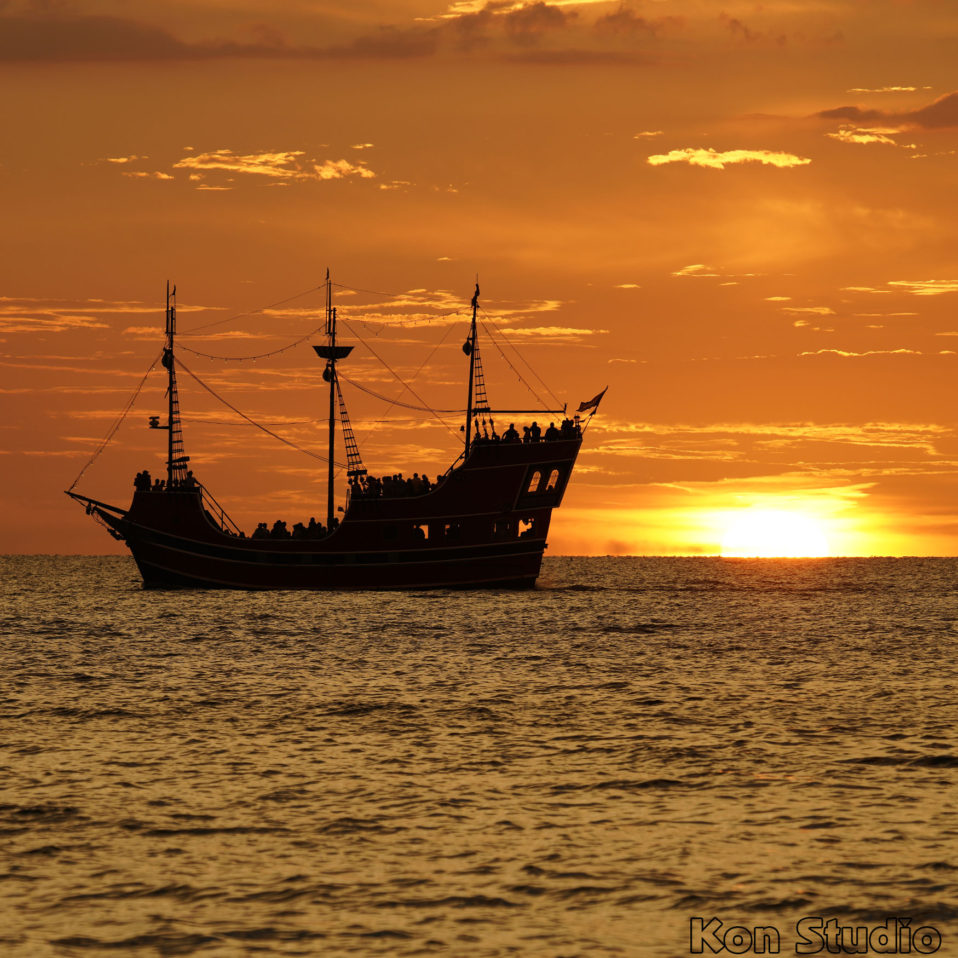
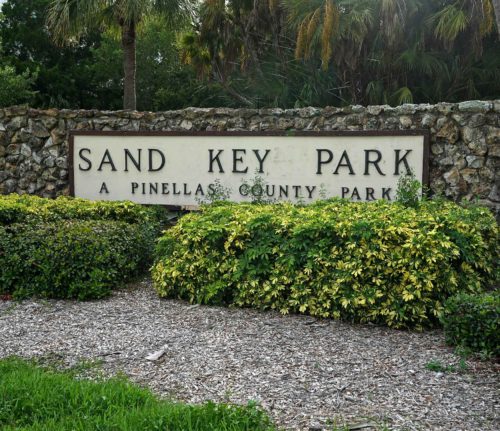
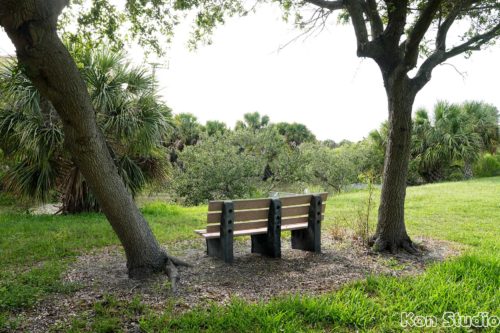
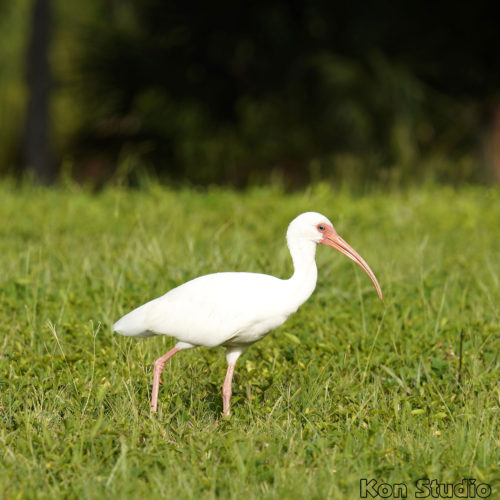
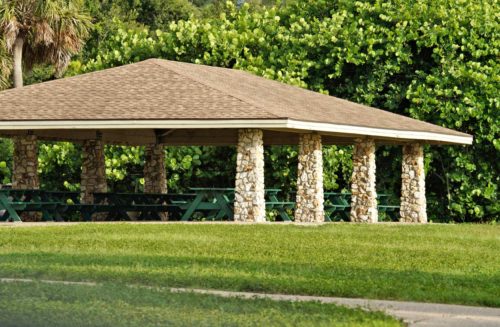
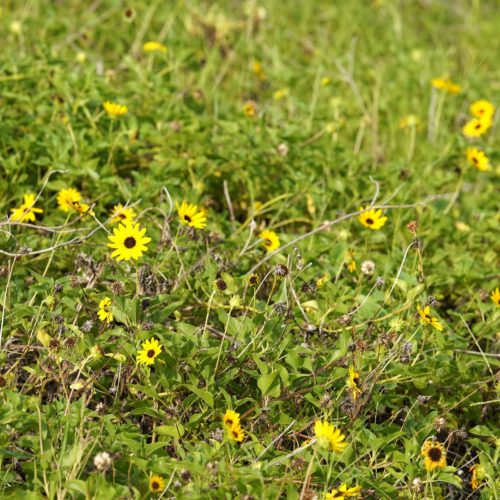
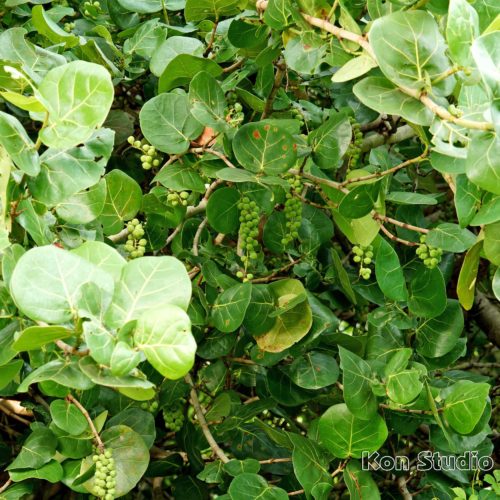
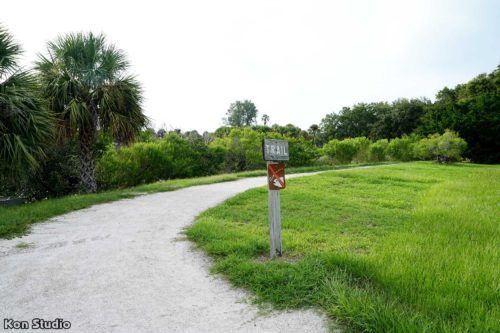
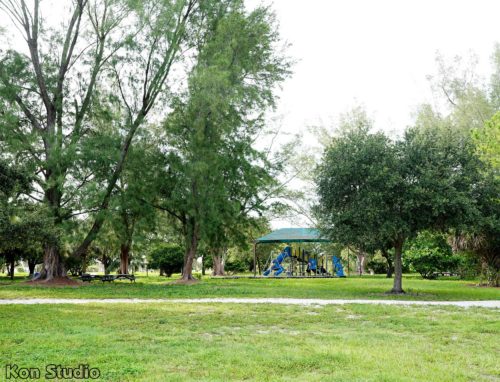
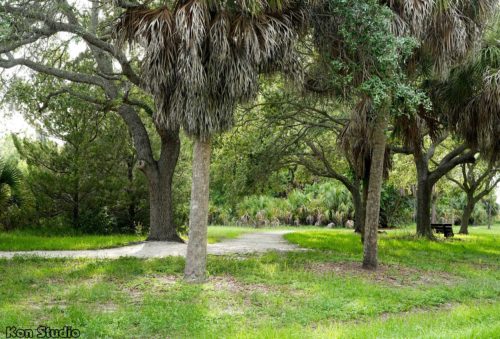
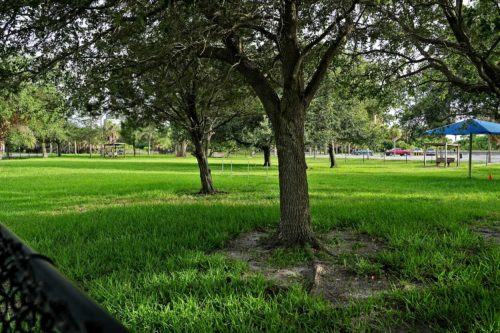
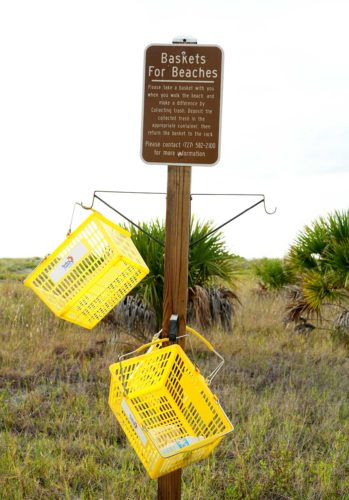
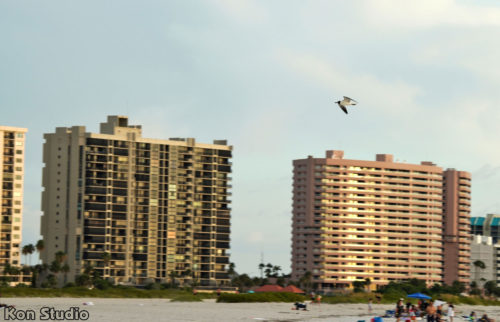
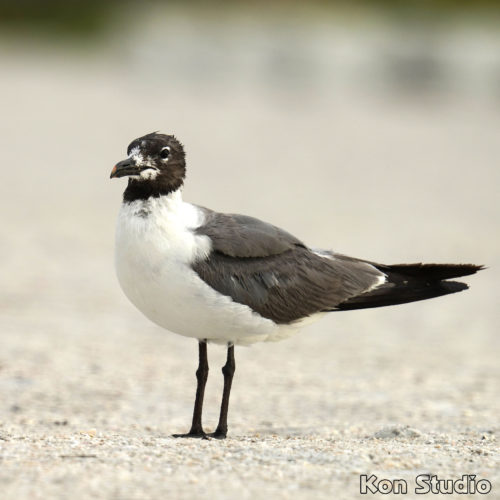
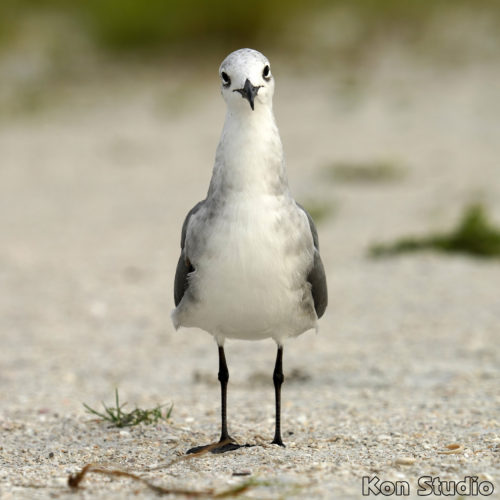
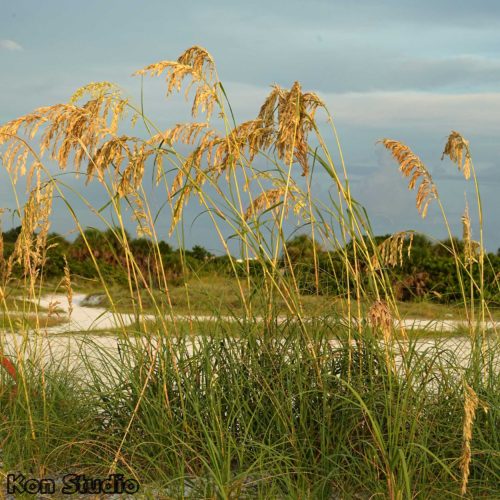
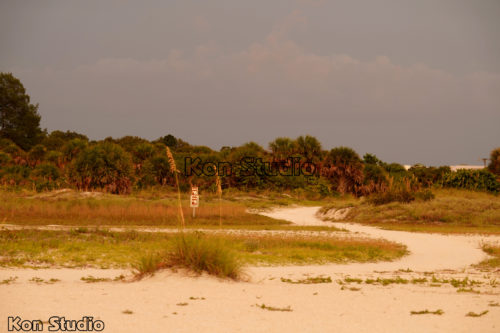
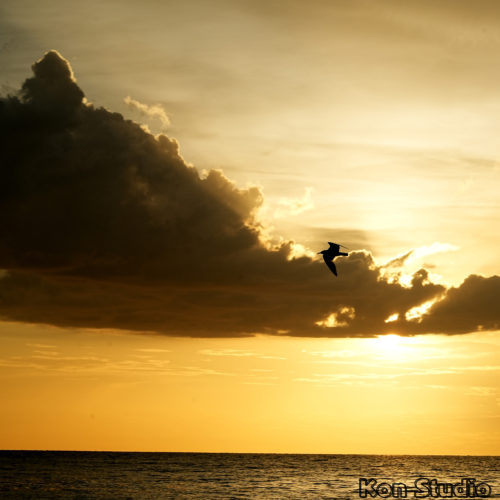
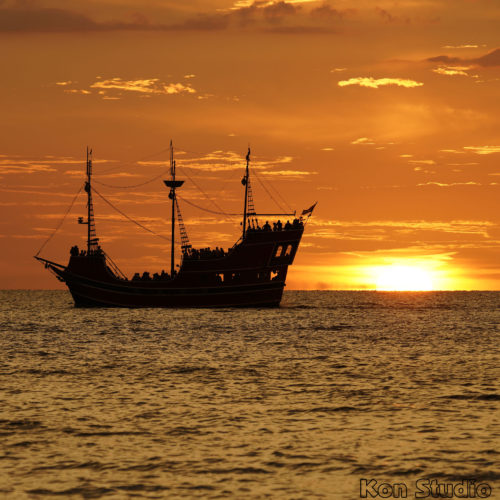
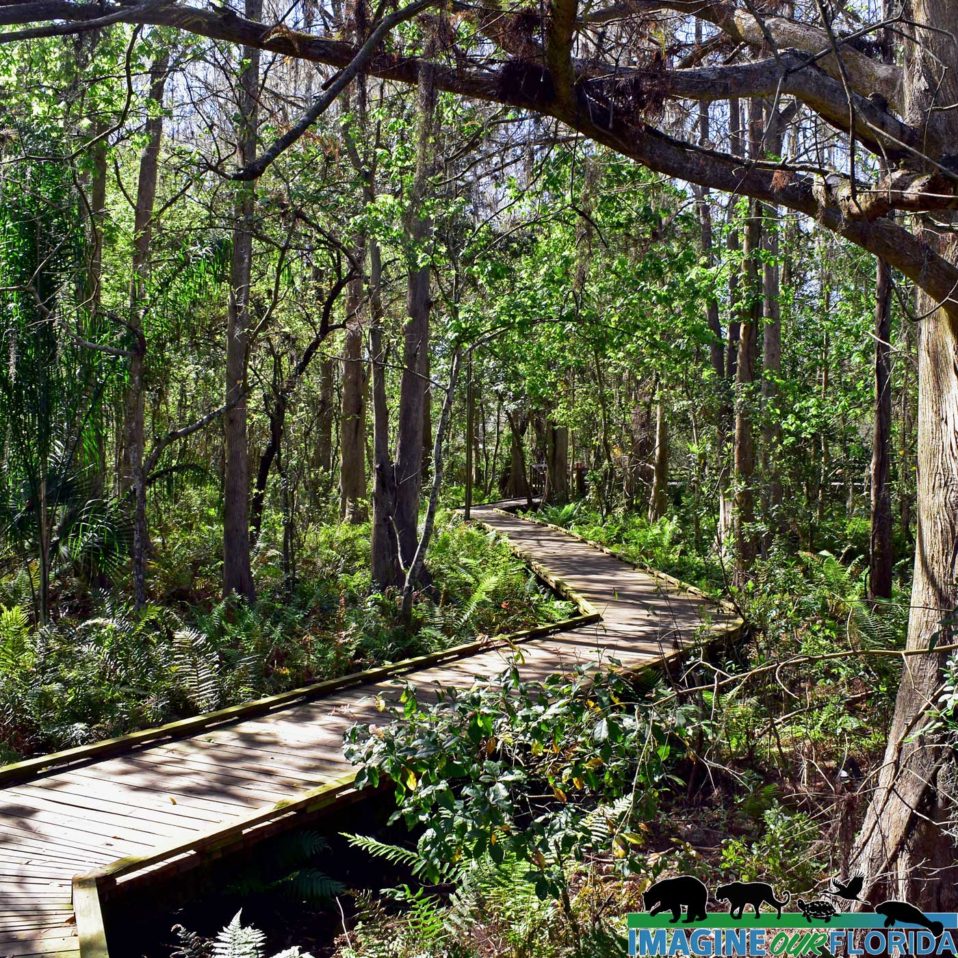
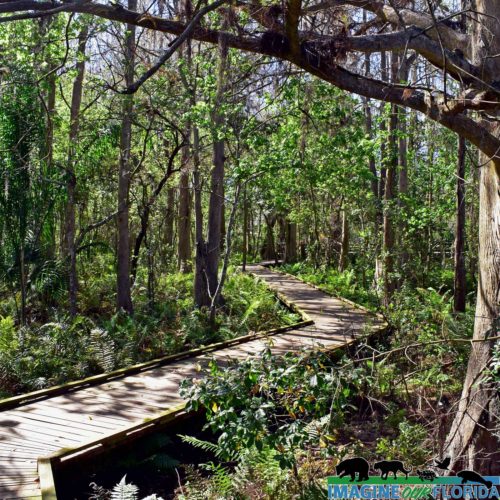
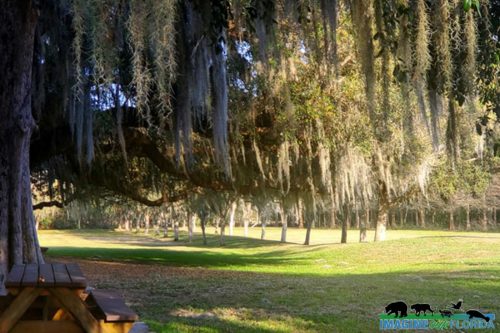
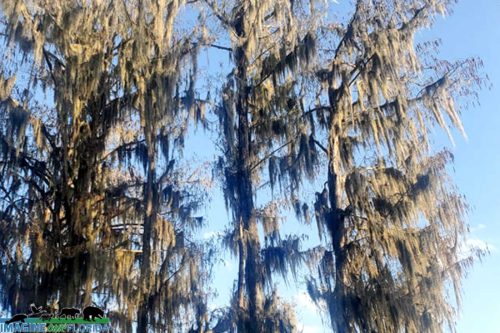
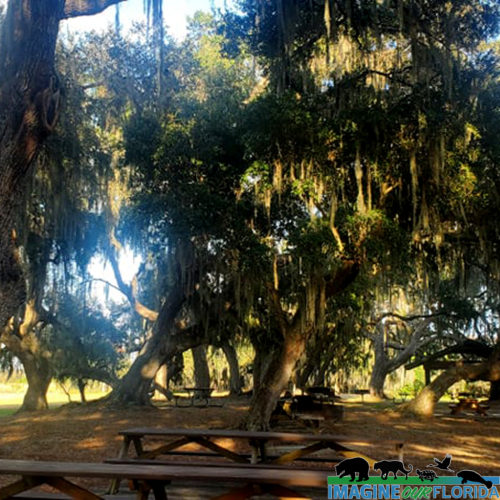
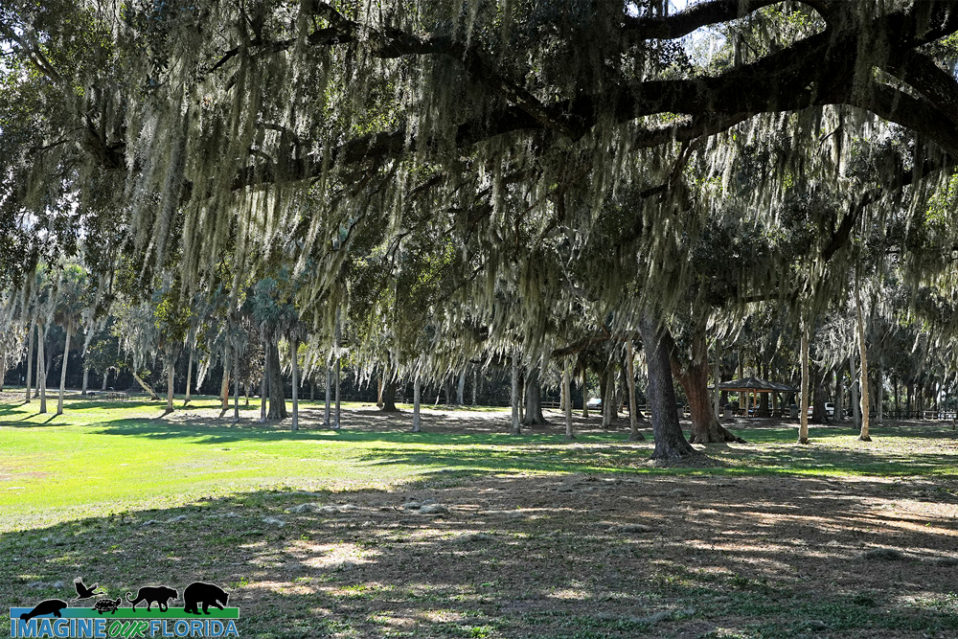
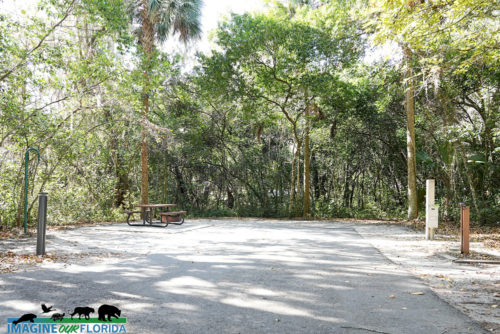
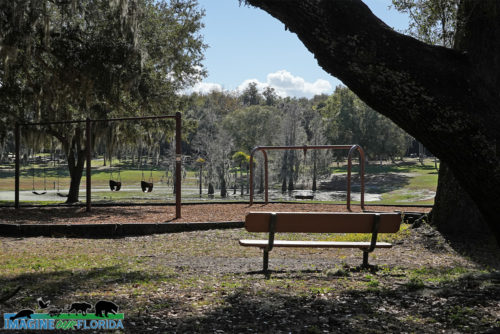
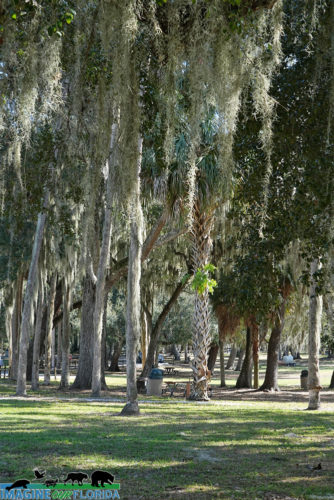
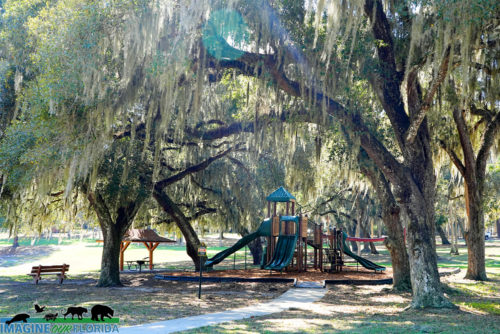
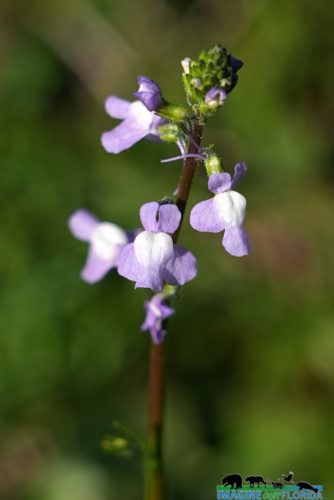
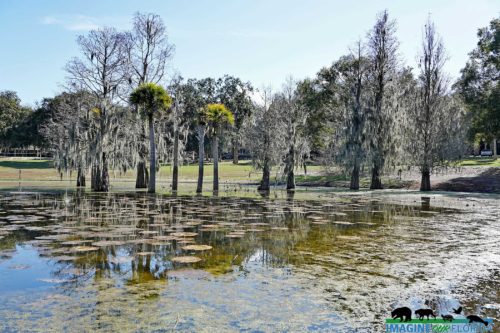
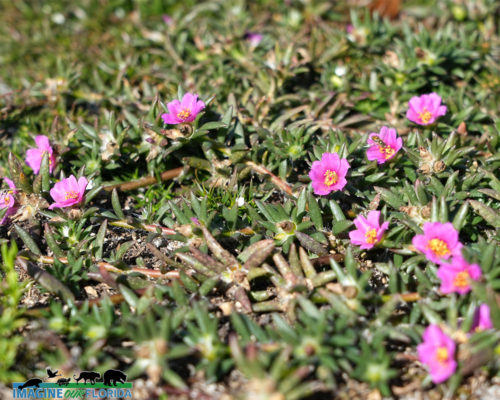 m
m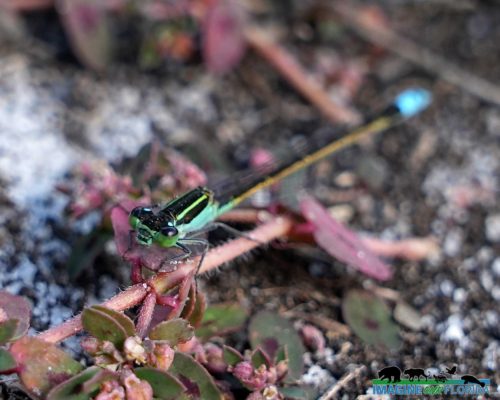
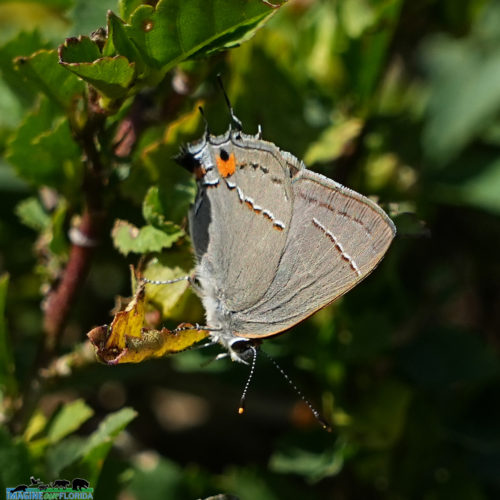
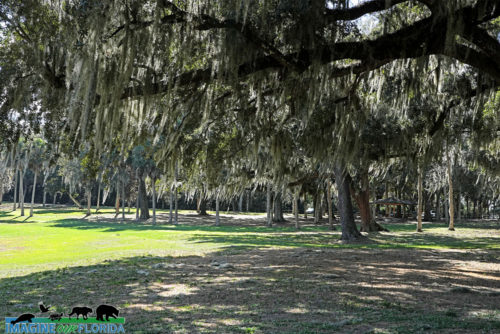 a
a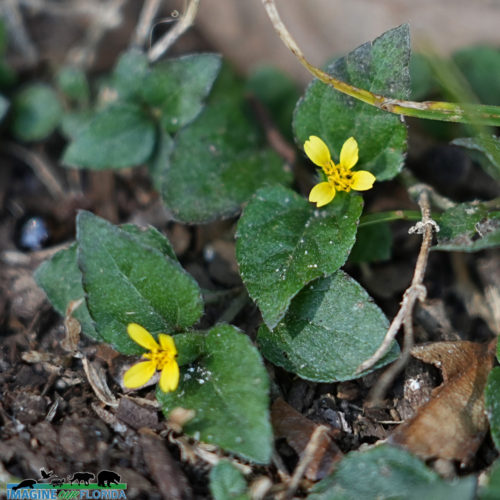
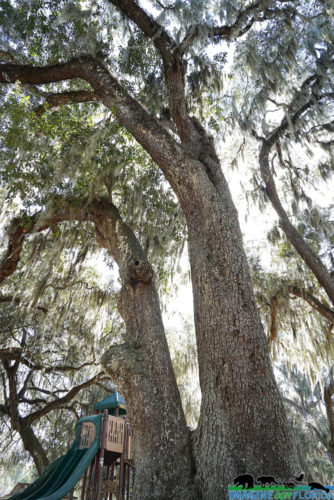
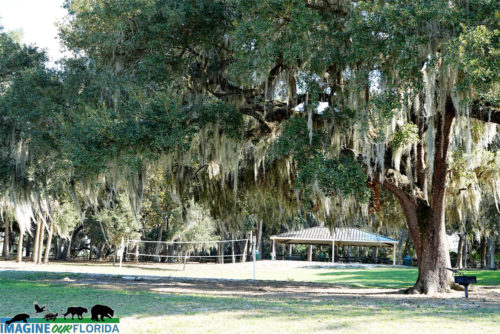
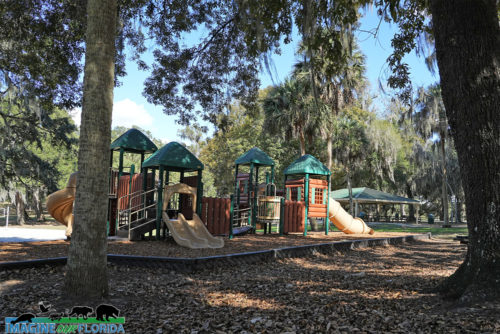
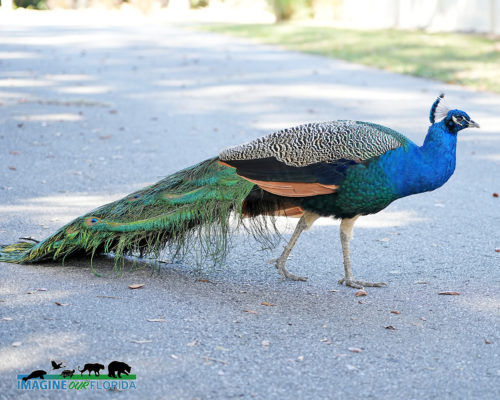
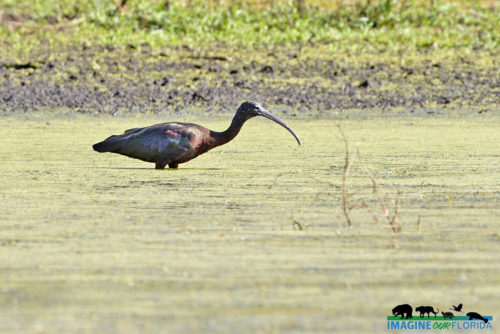
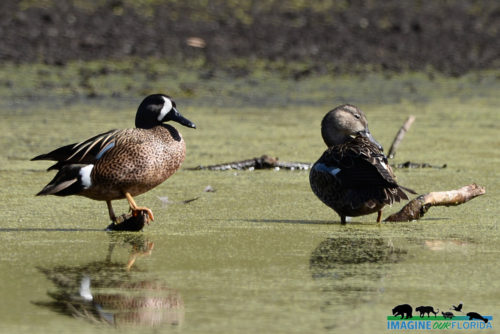
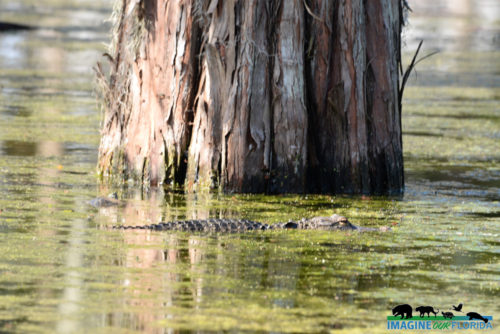
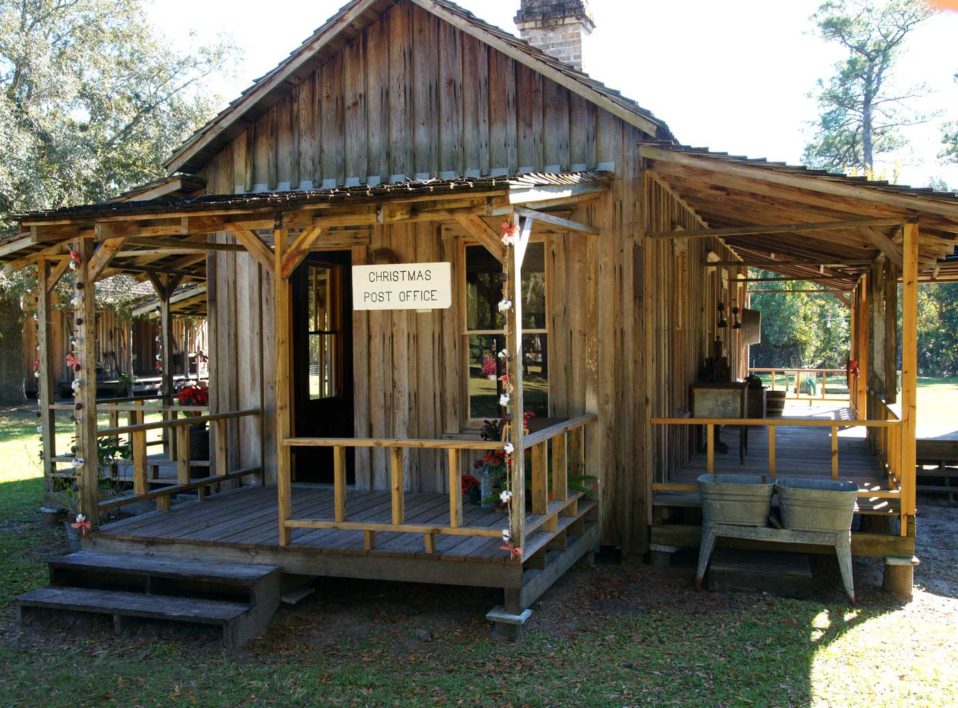
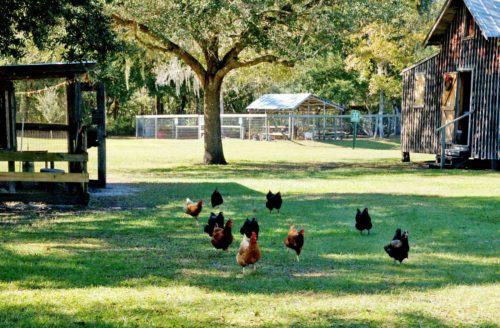
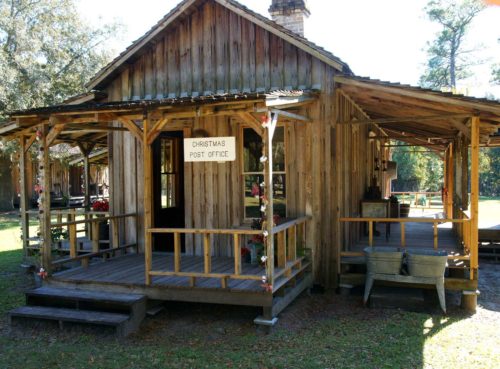
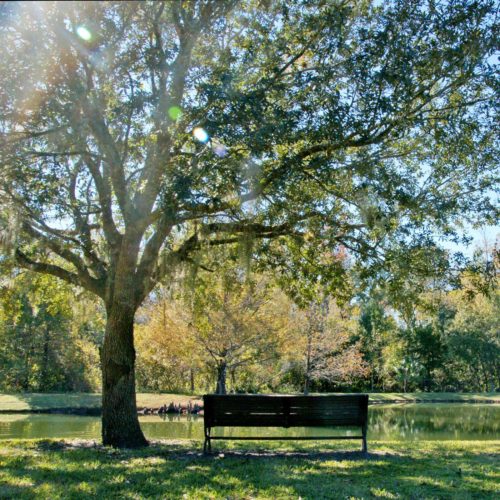
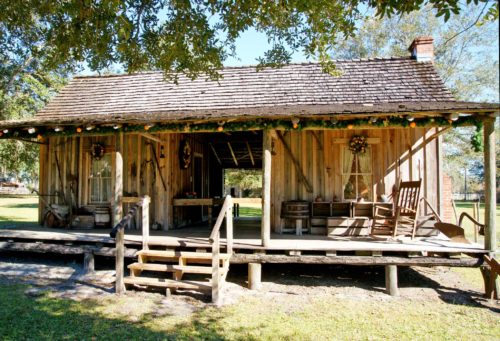
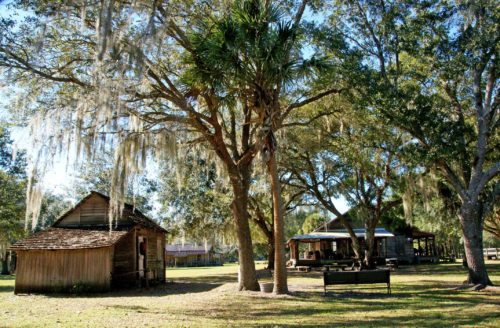
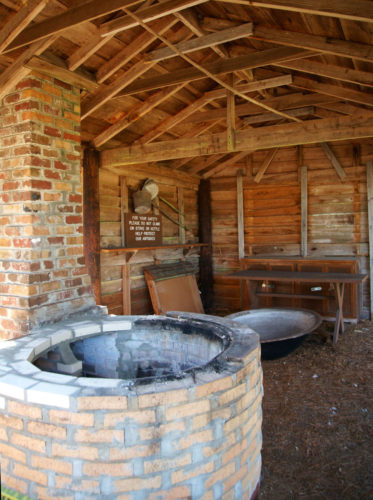
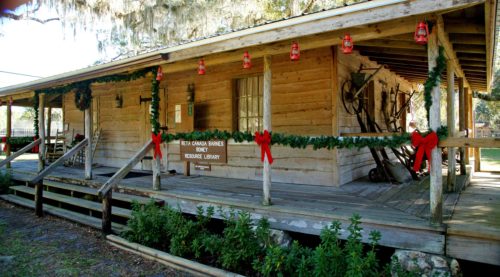
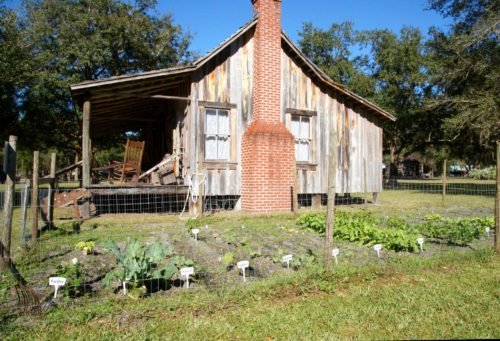
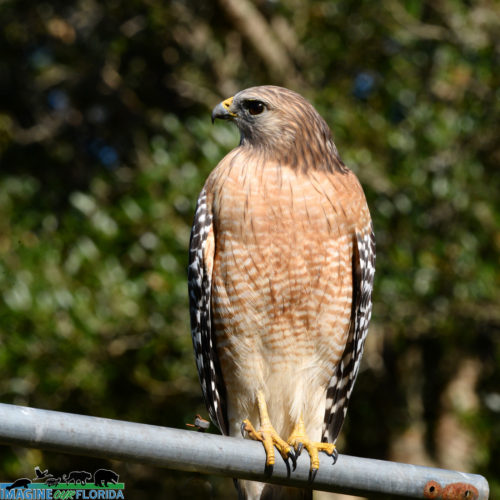
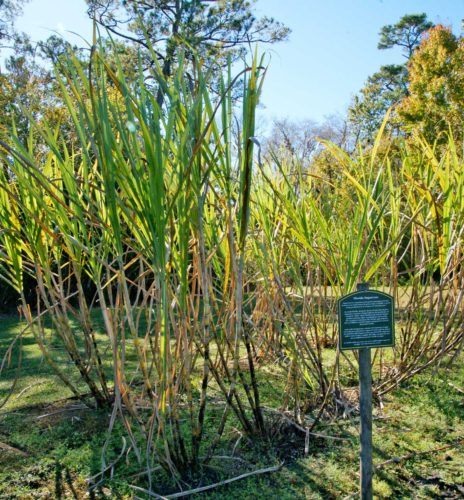
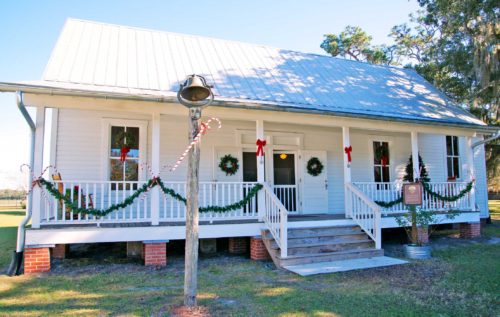
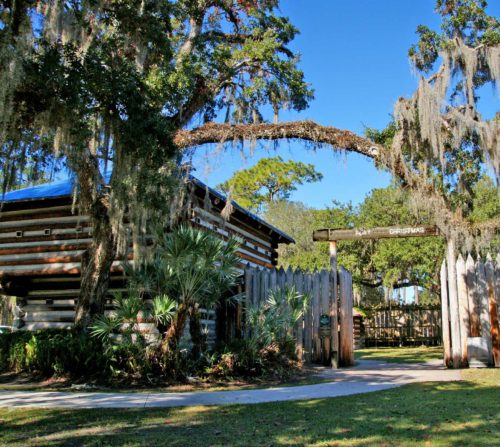
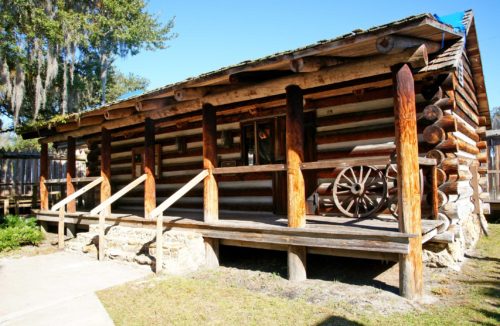
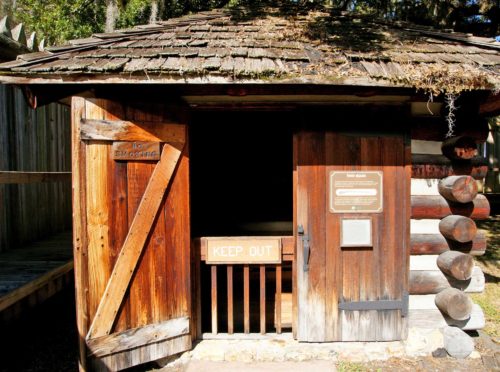
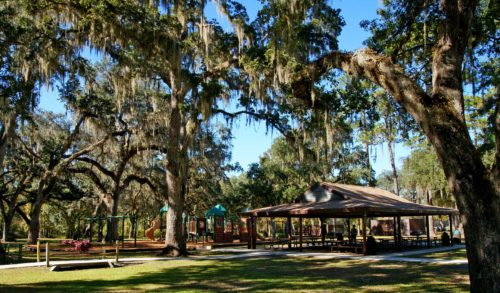
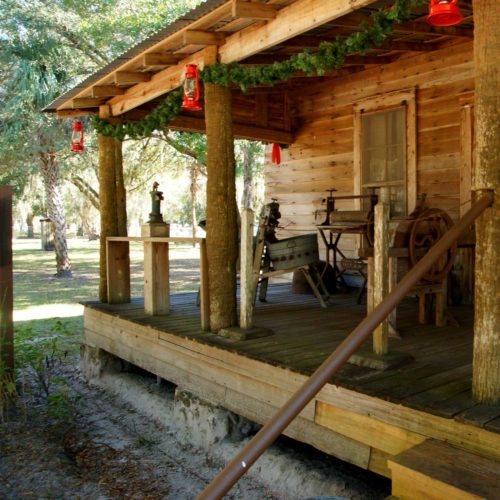
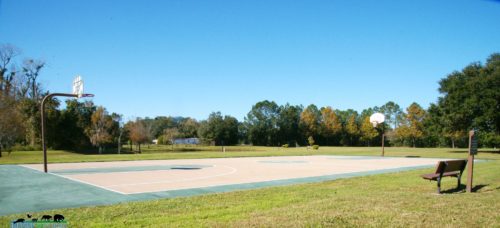
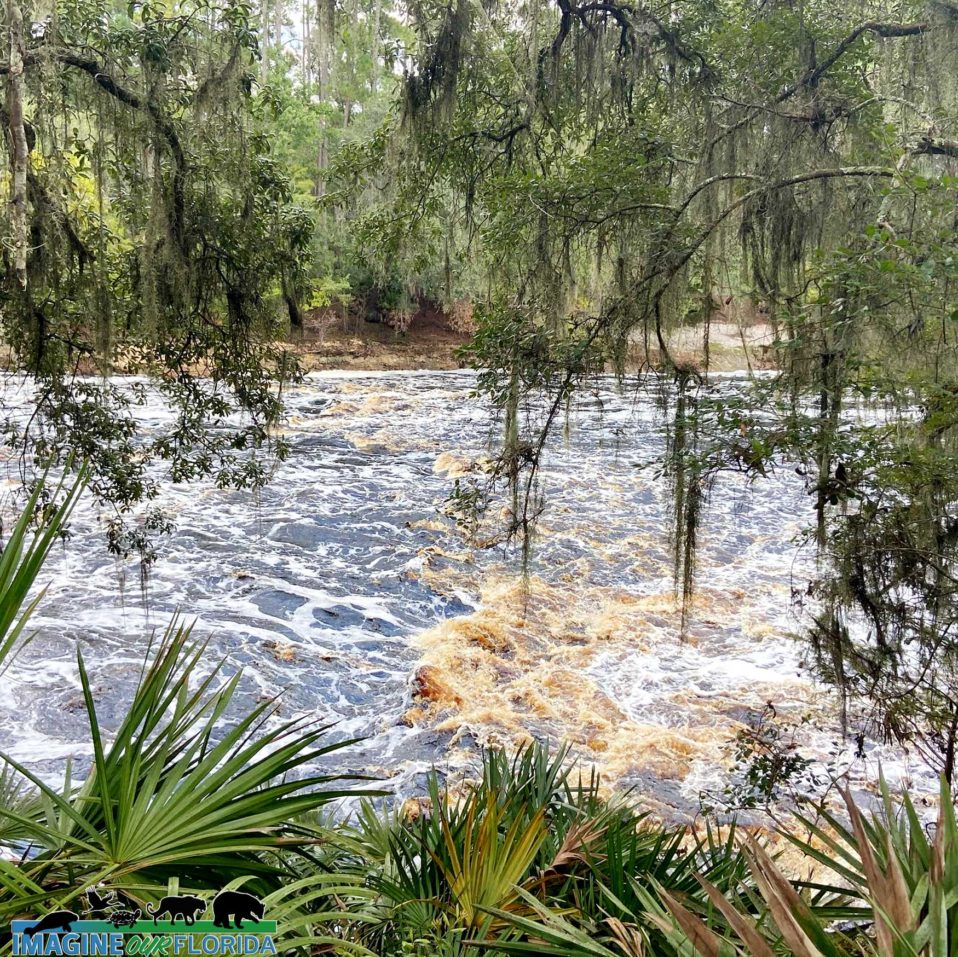
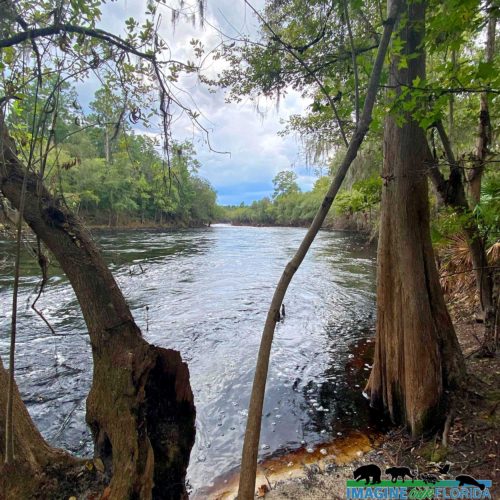
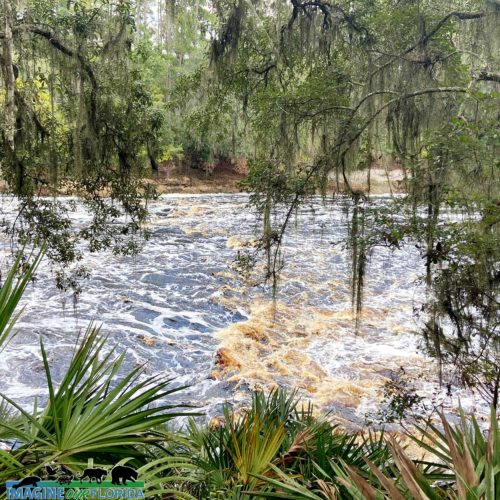
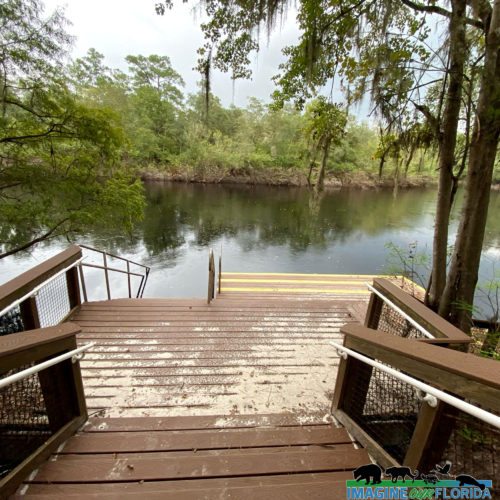
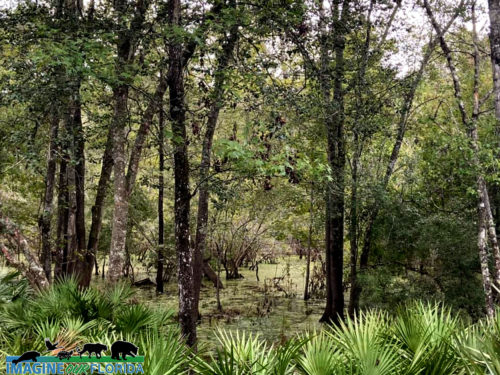
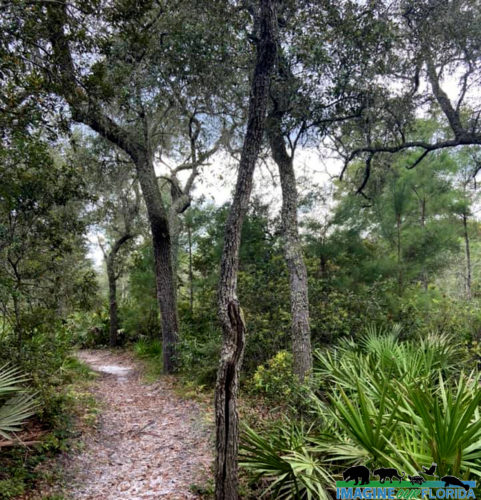
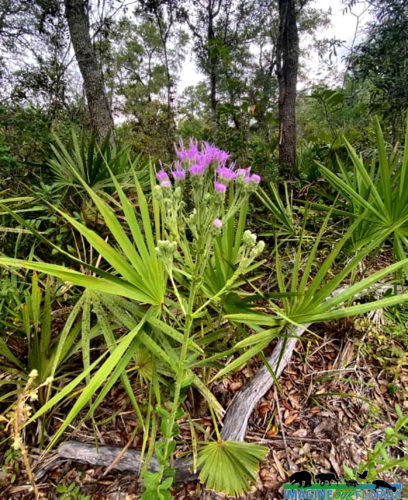
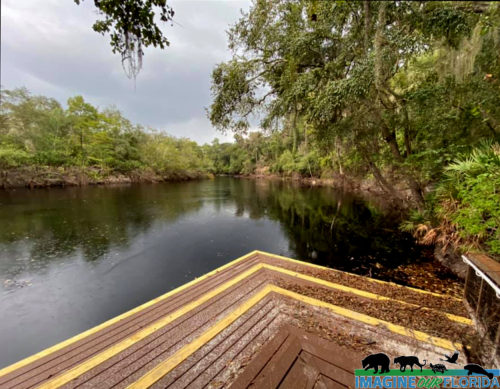
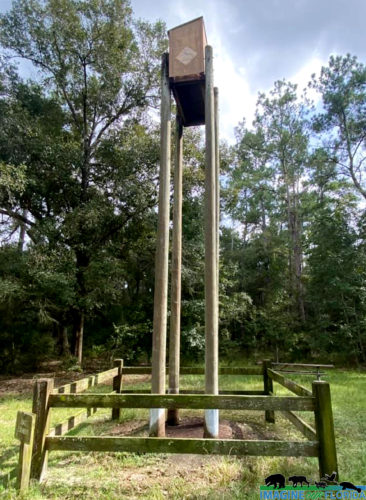
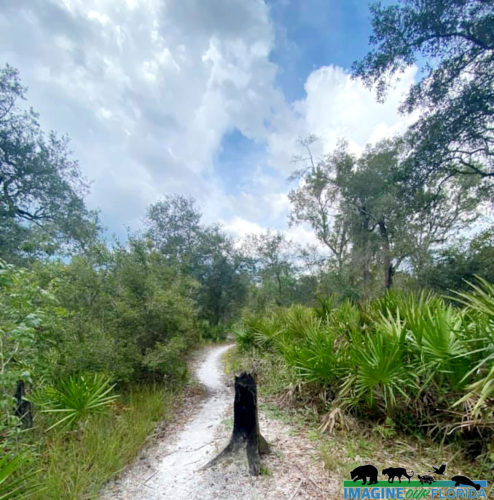
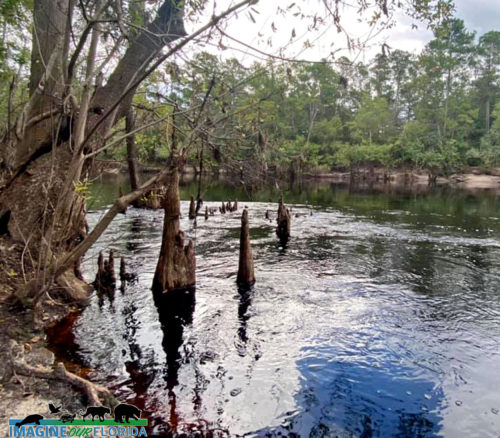
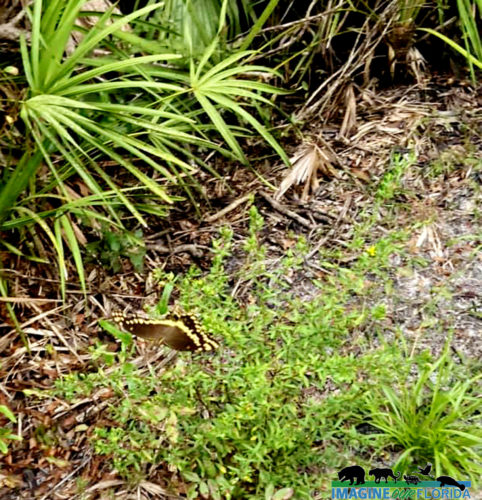
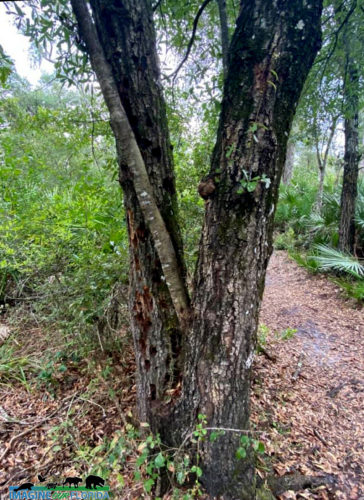
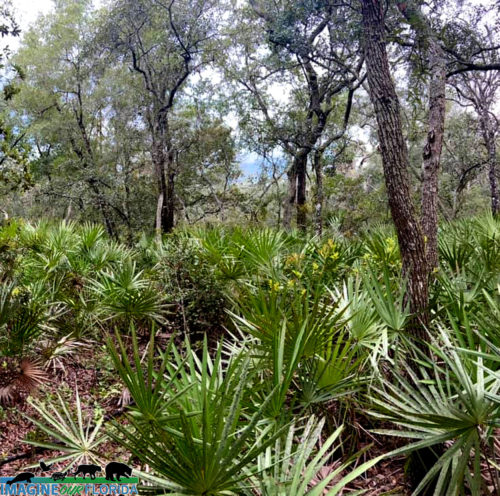
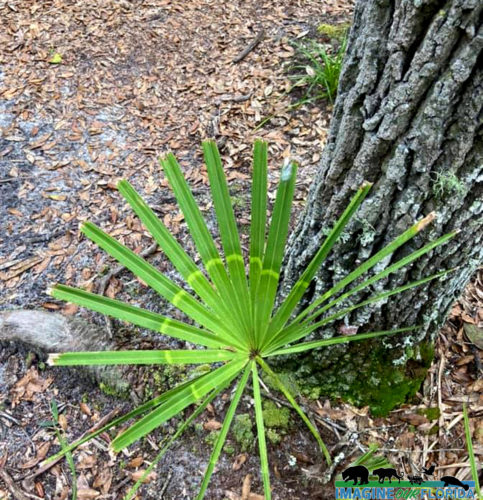
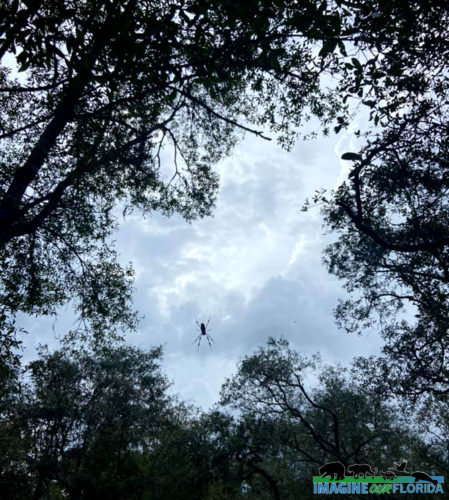
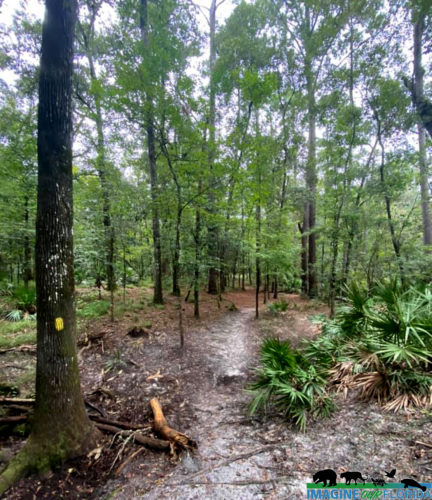
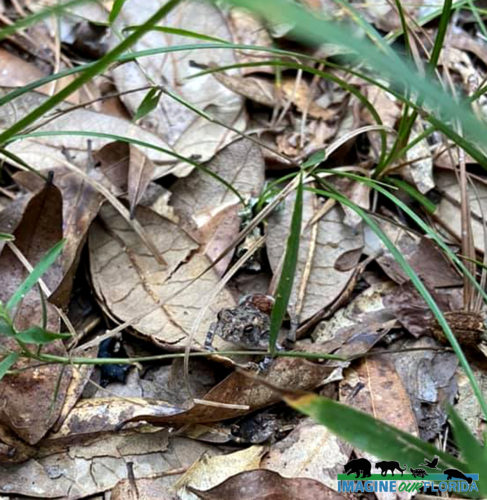
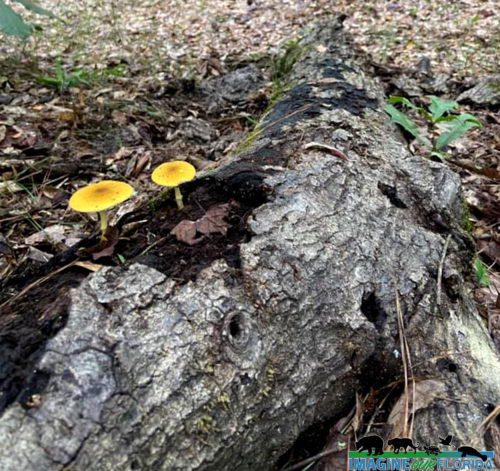
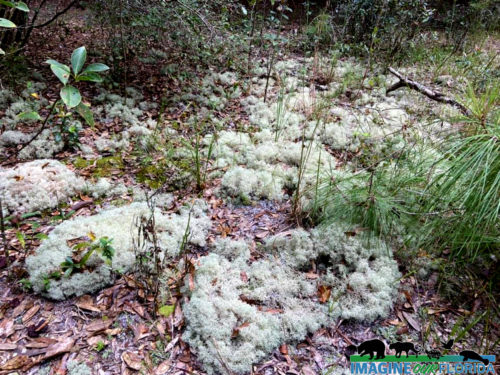
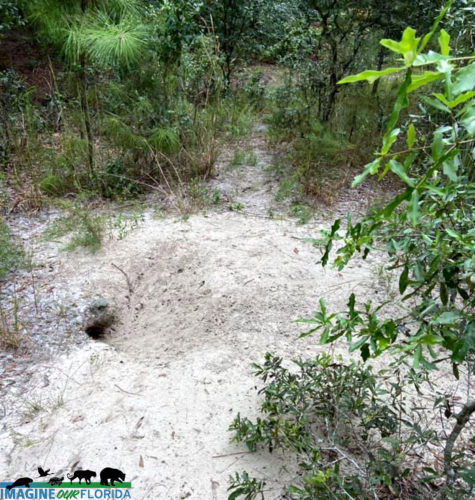
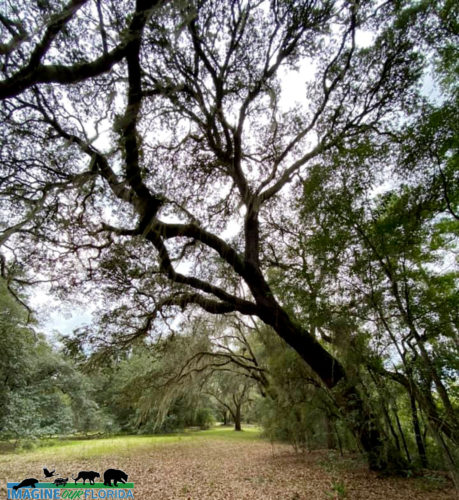
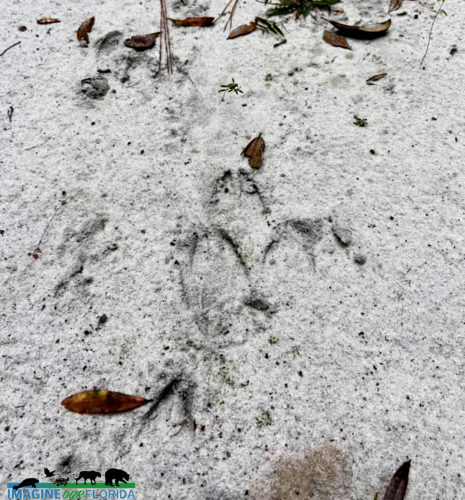
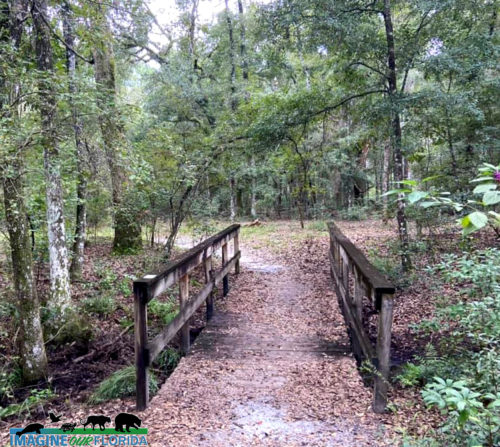
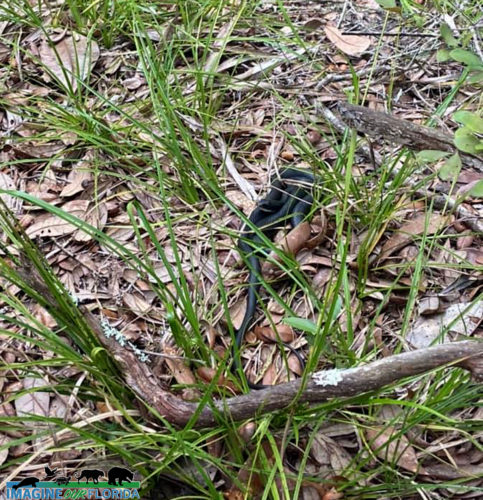
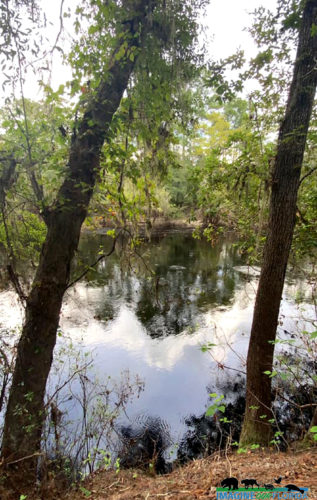
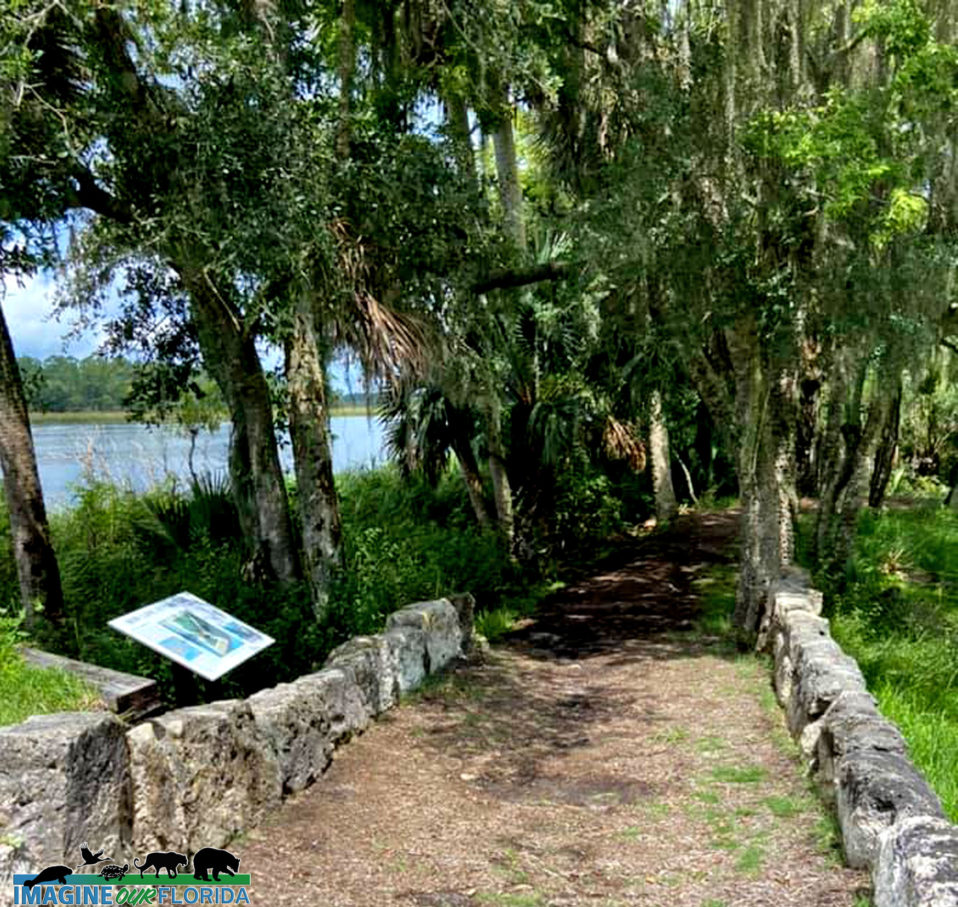
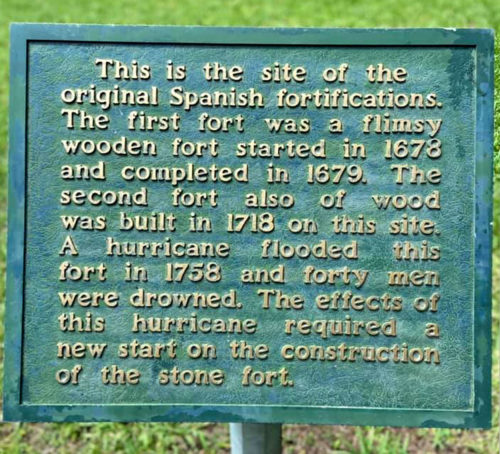
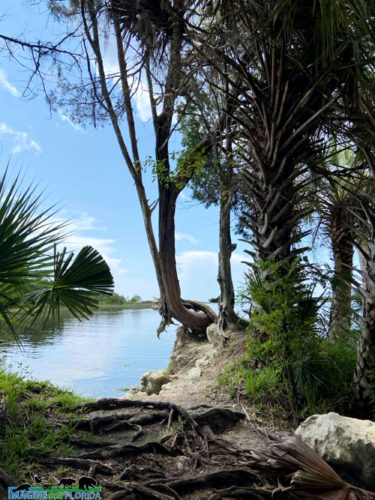
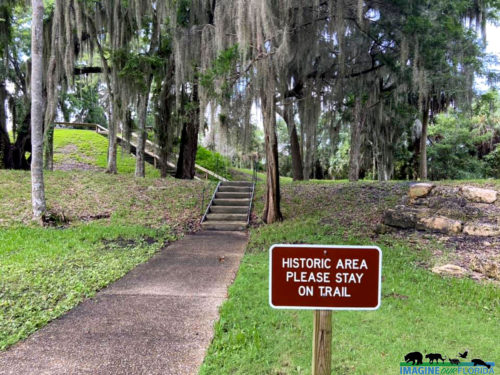
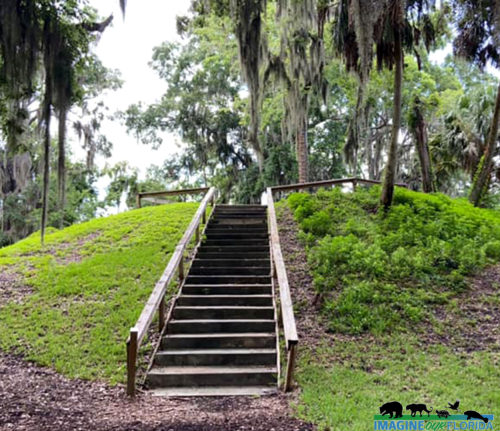
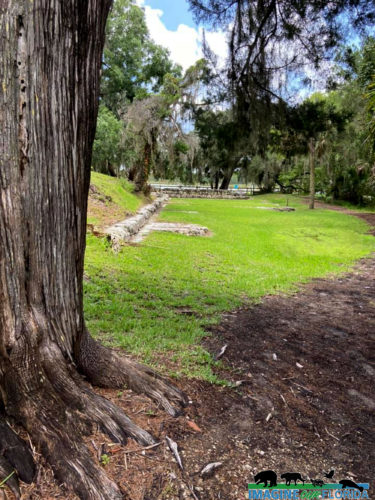
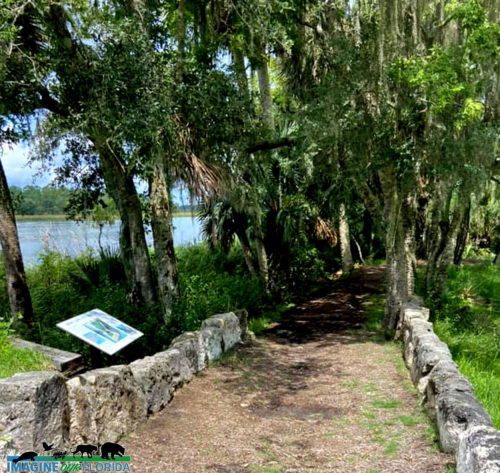
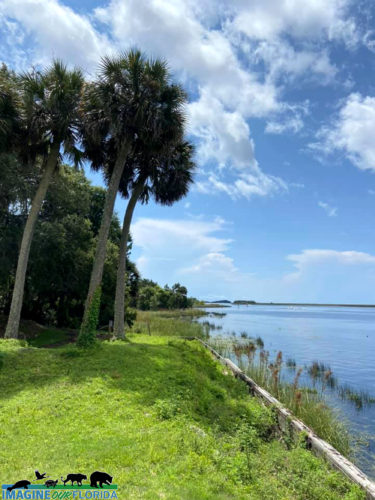

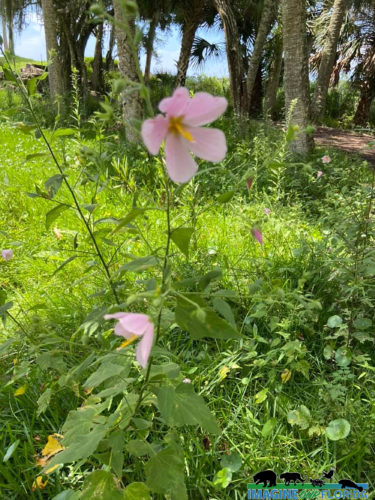
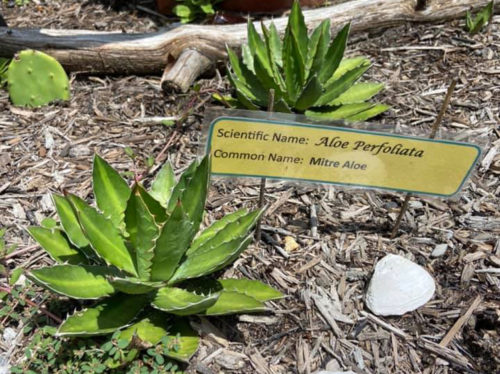

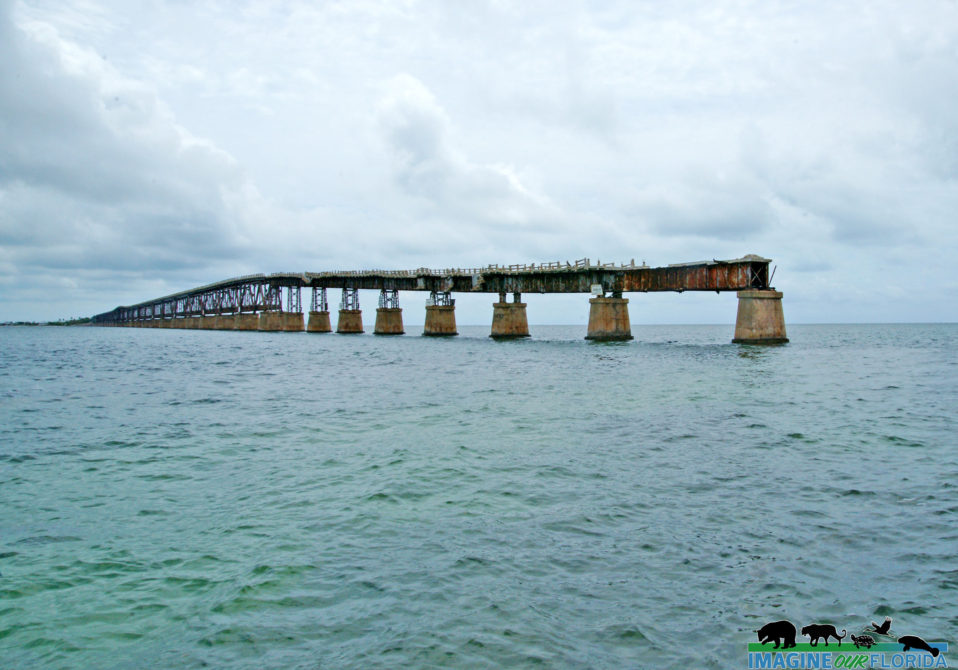
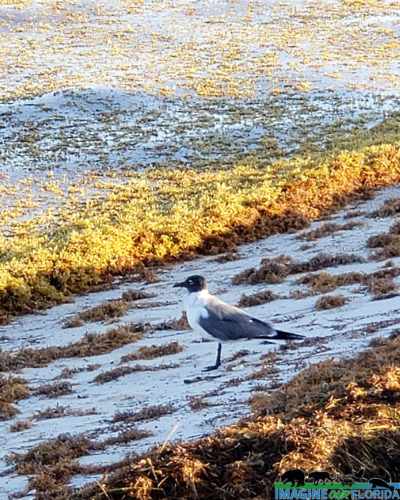
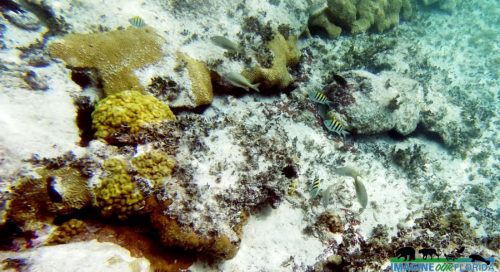
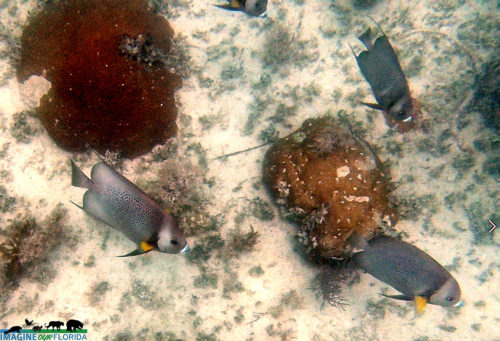
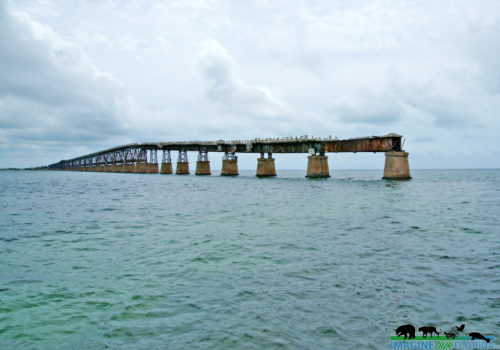
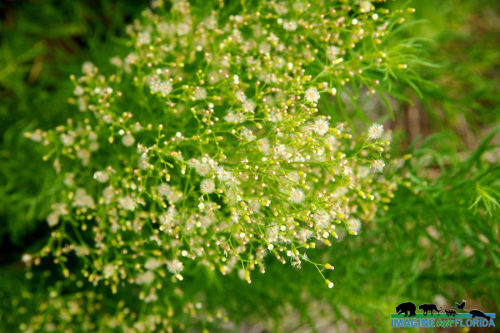
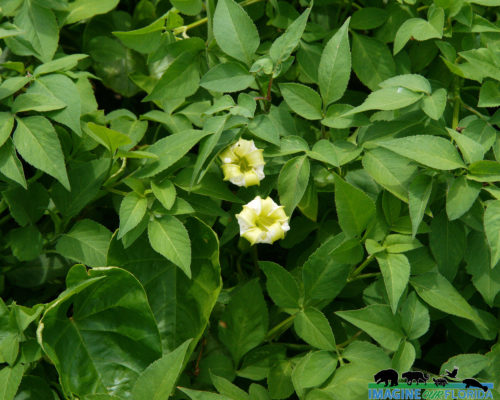
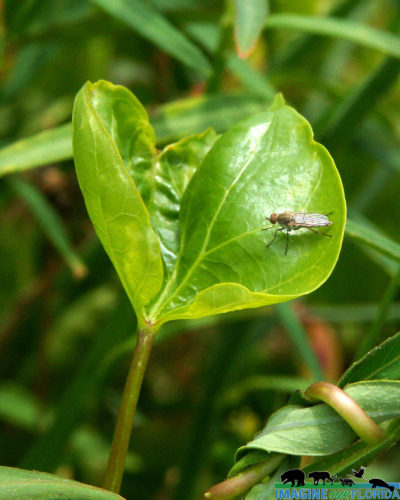
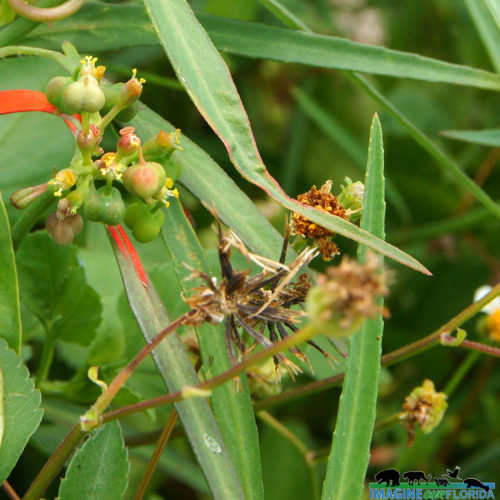
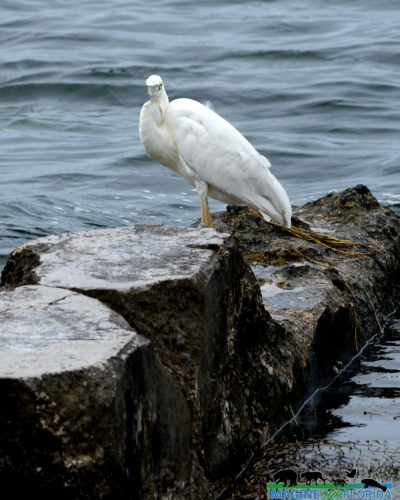
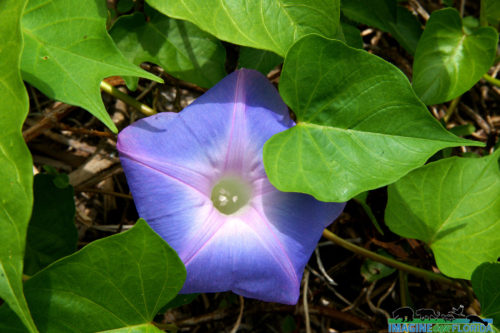
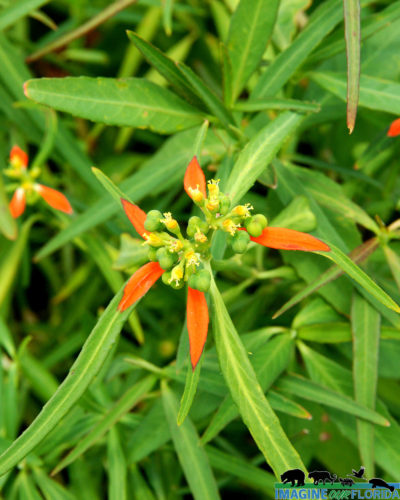
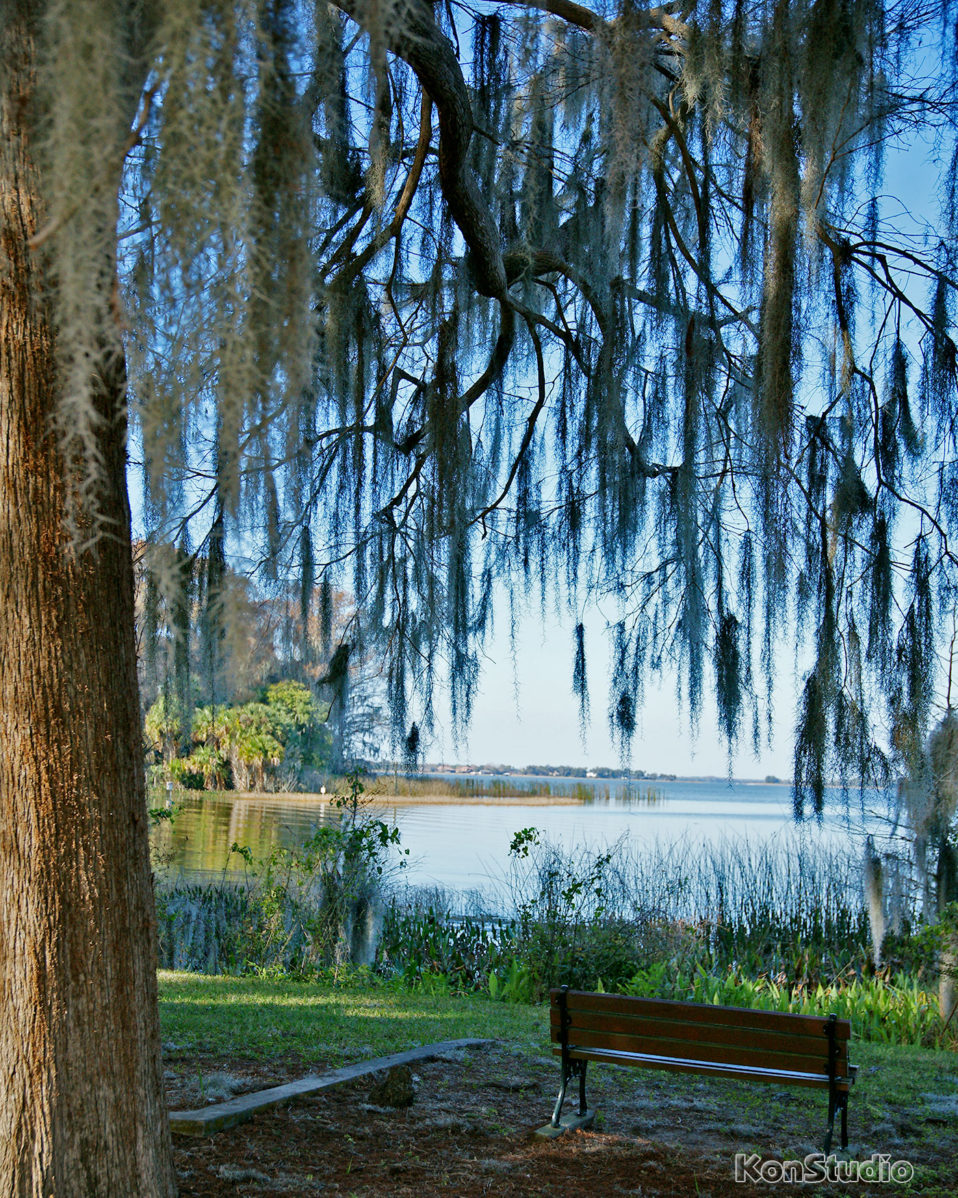
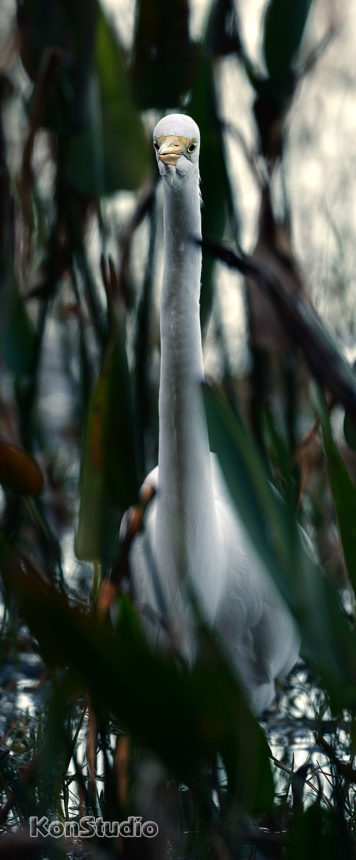
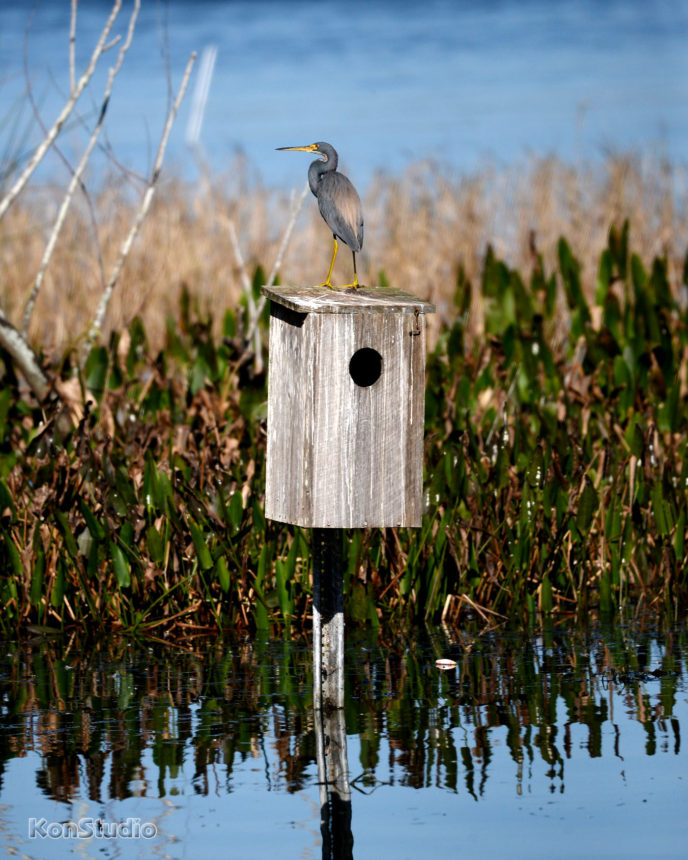
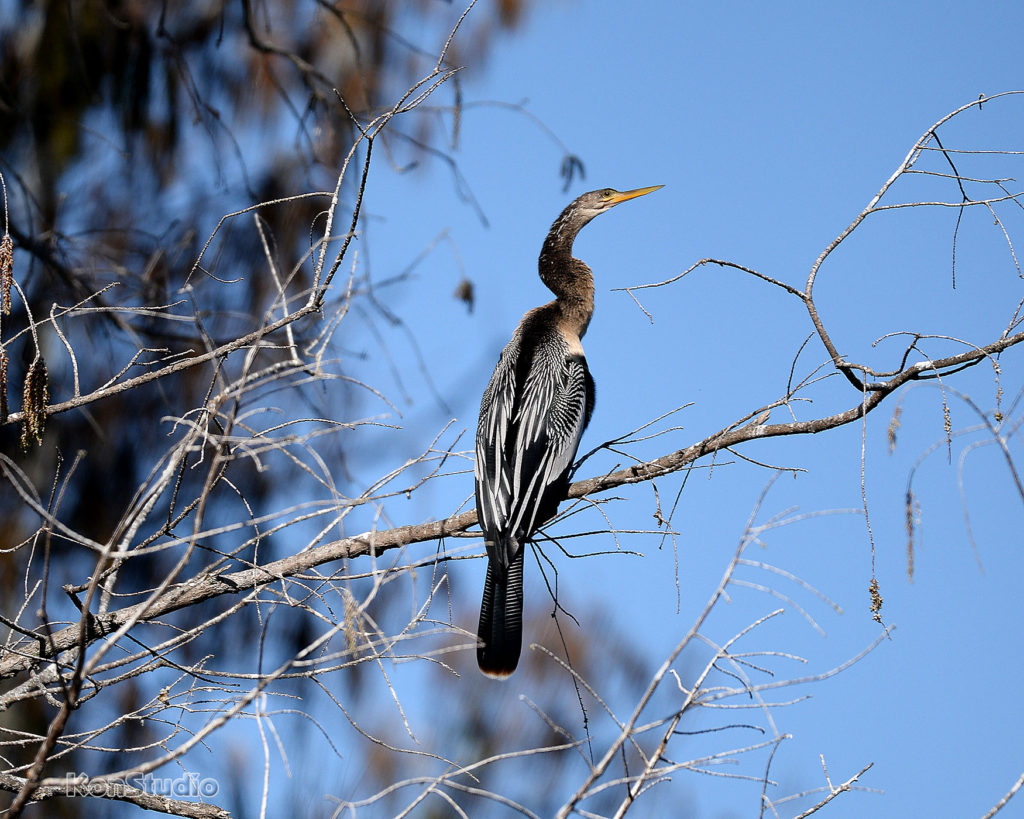
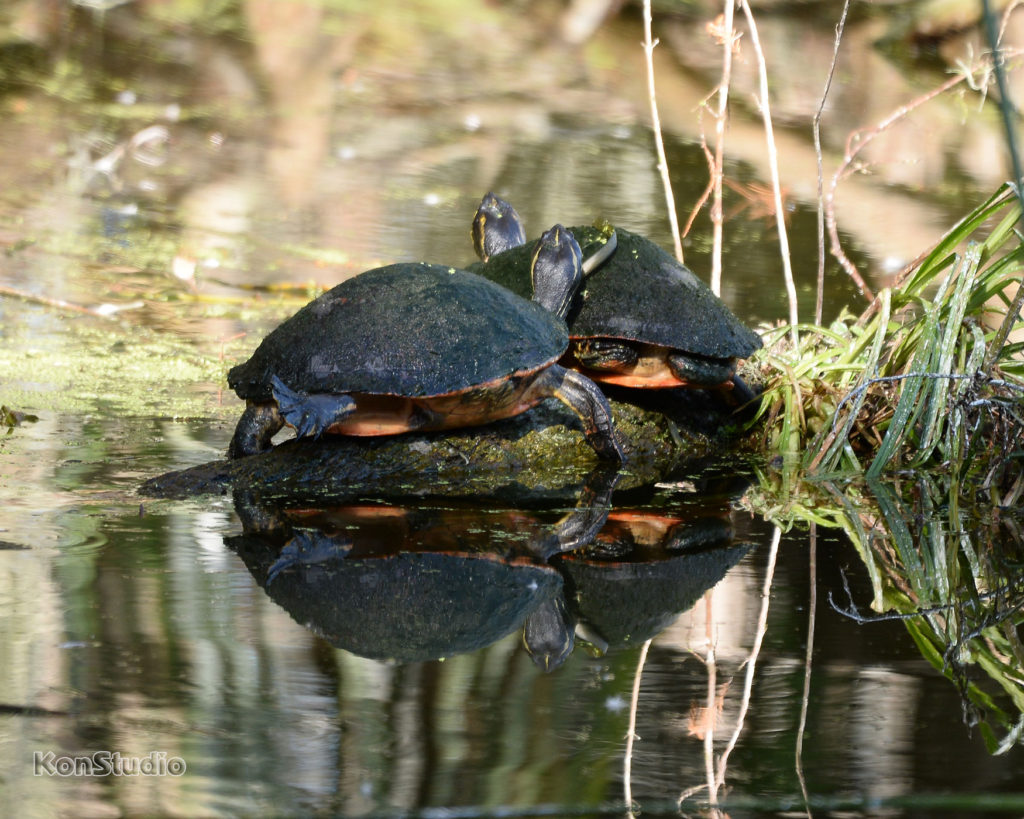
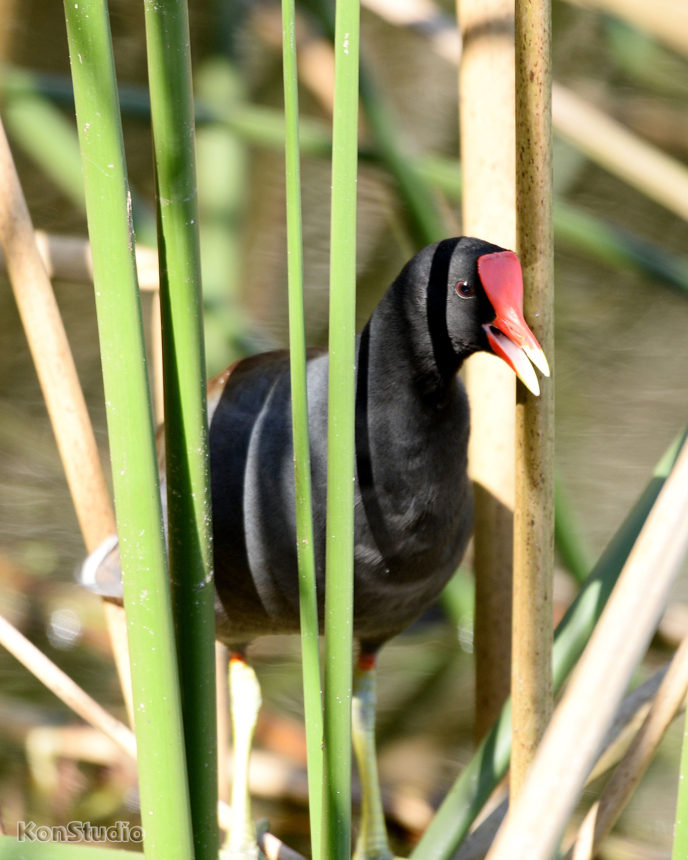
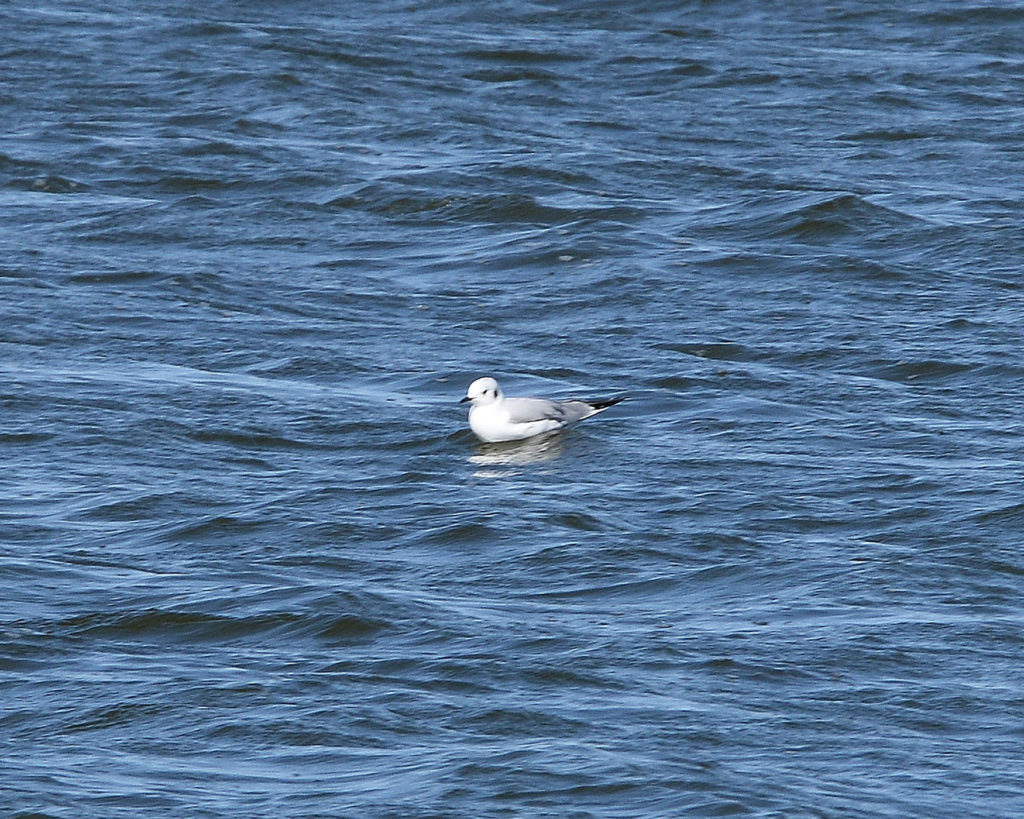
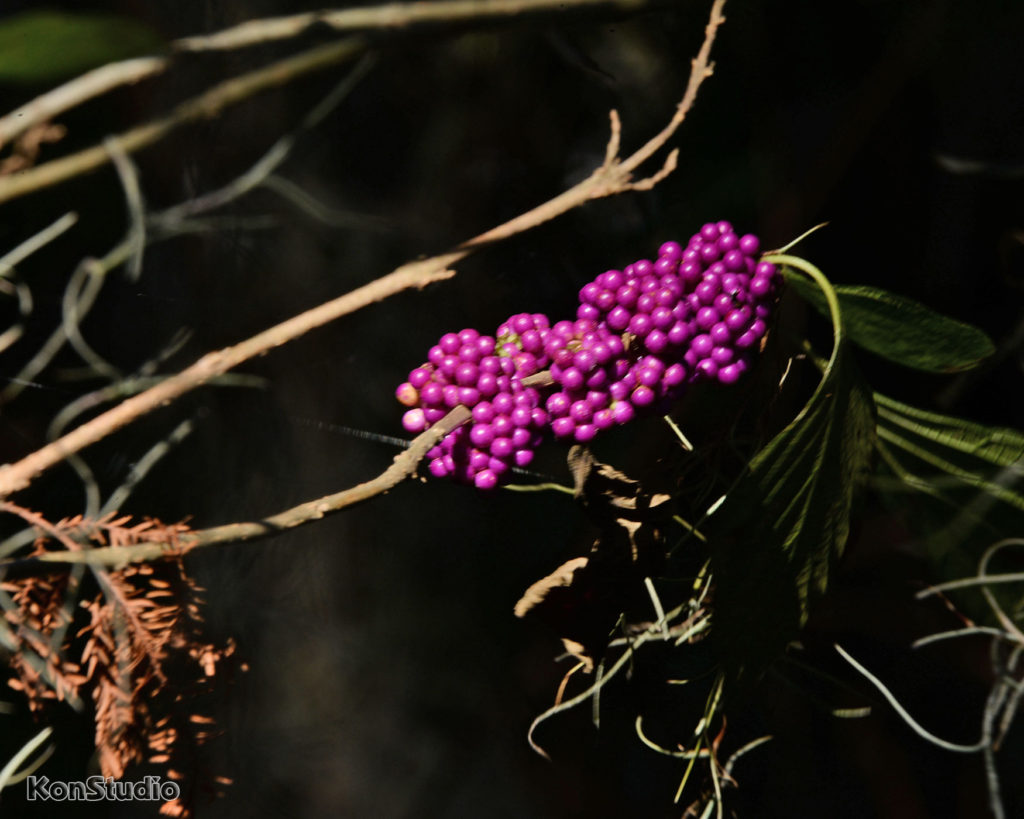
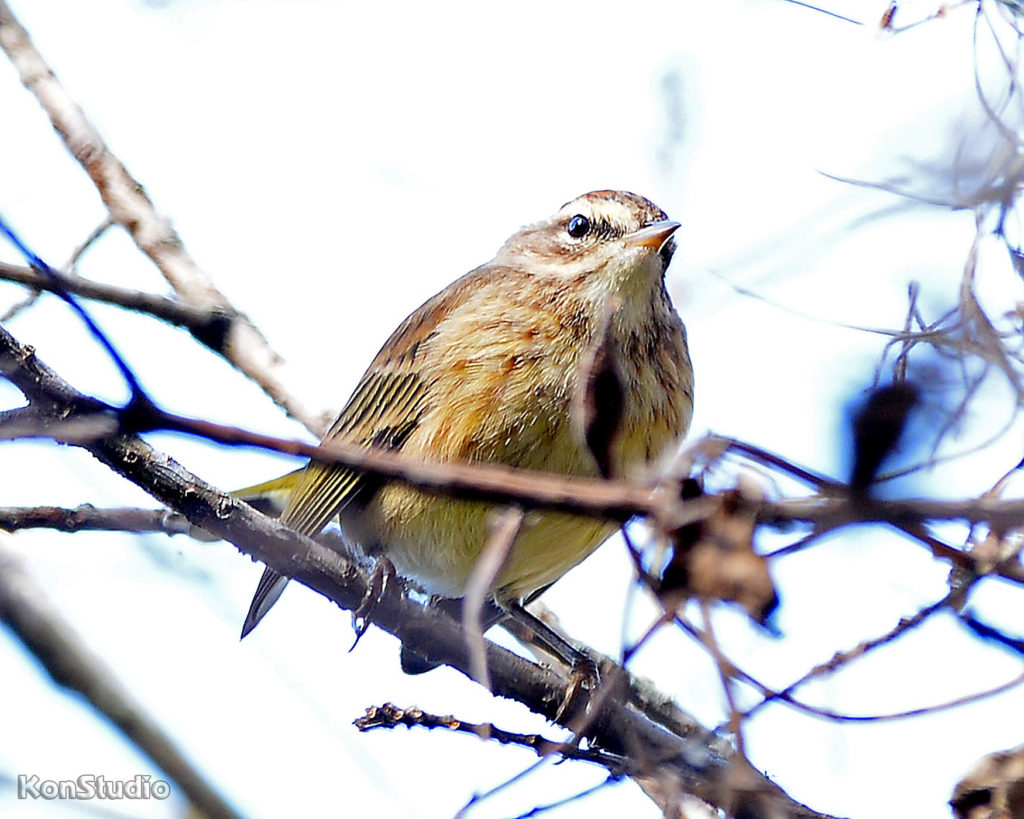
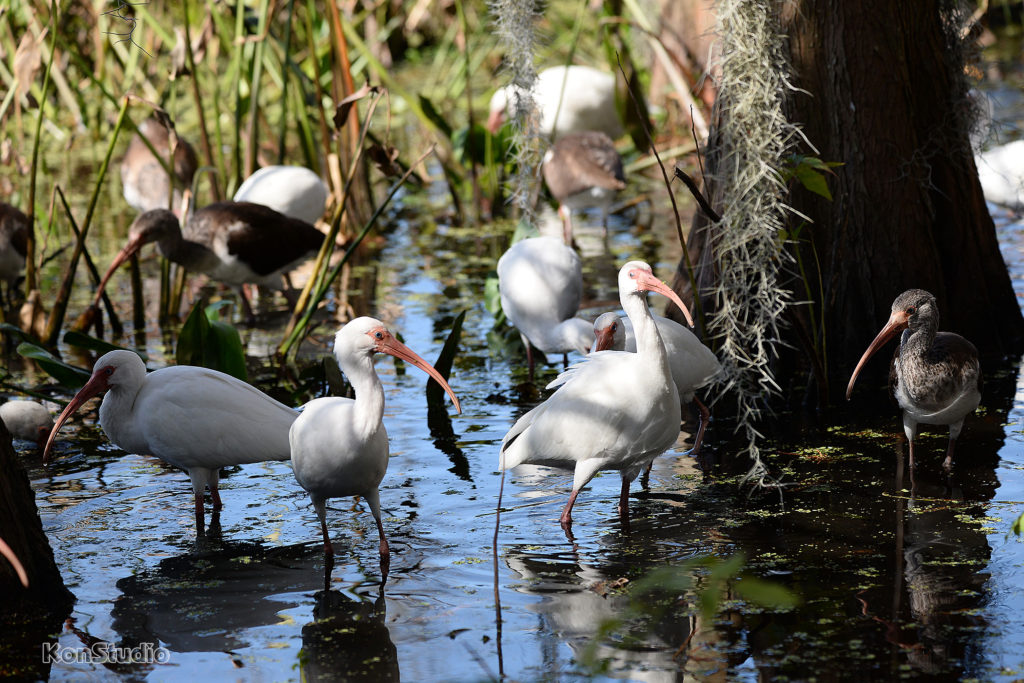
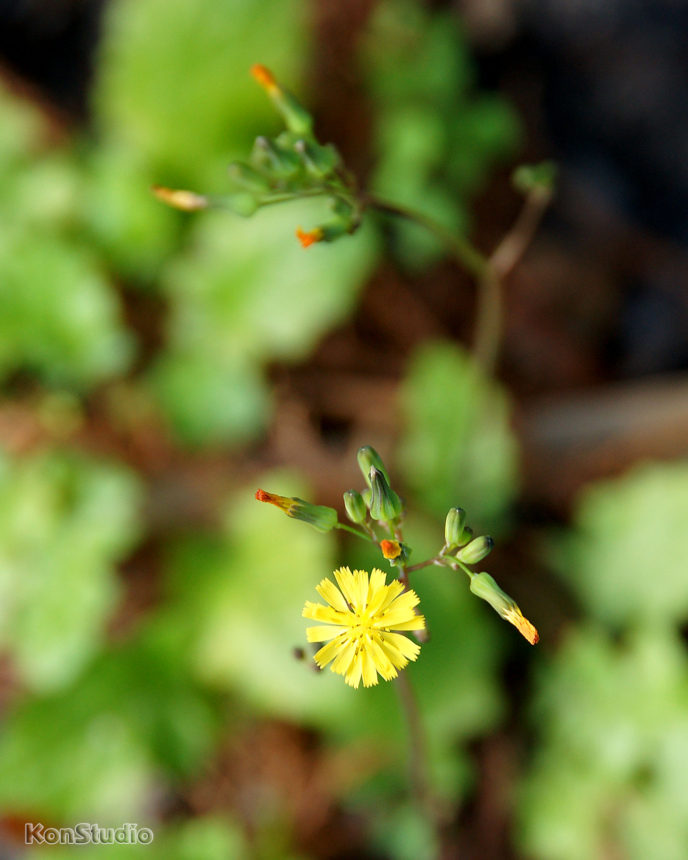
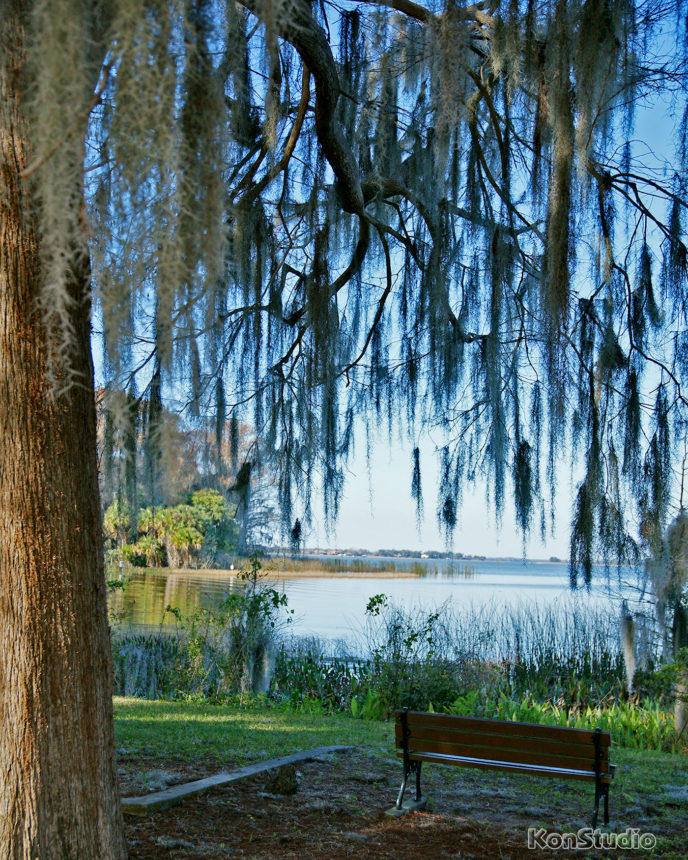
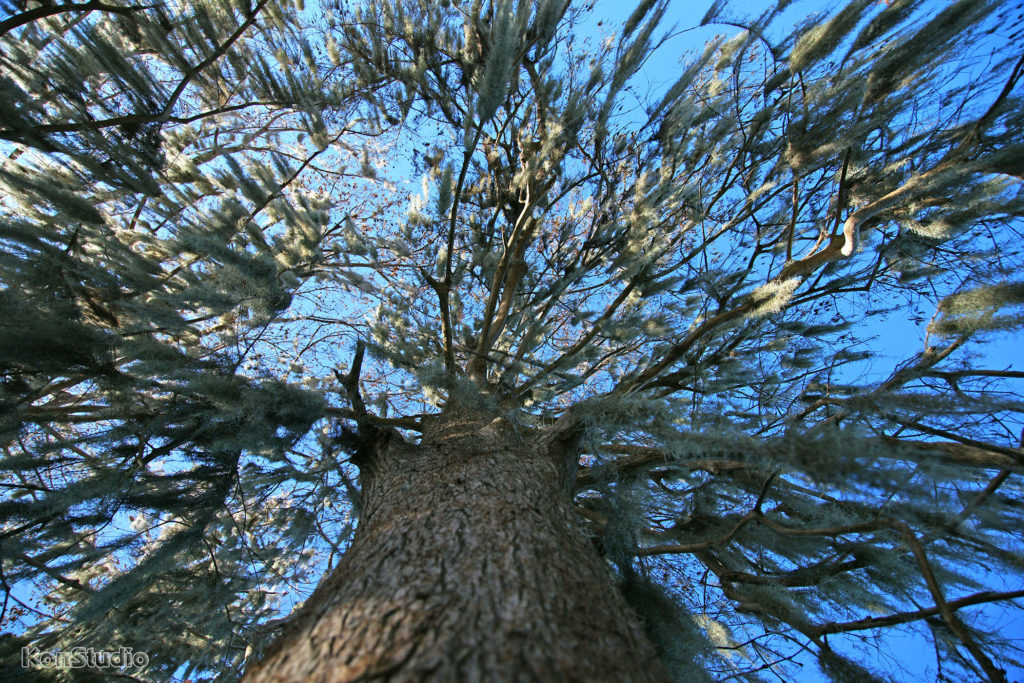
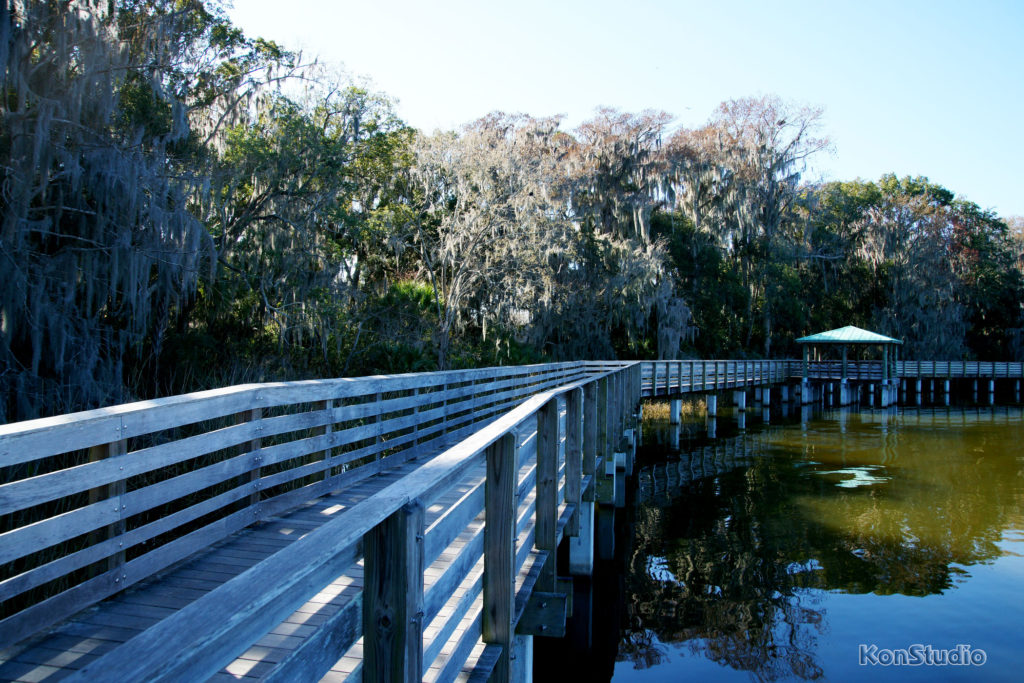
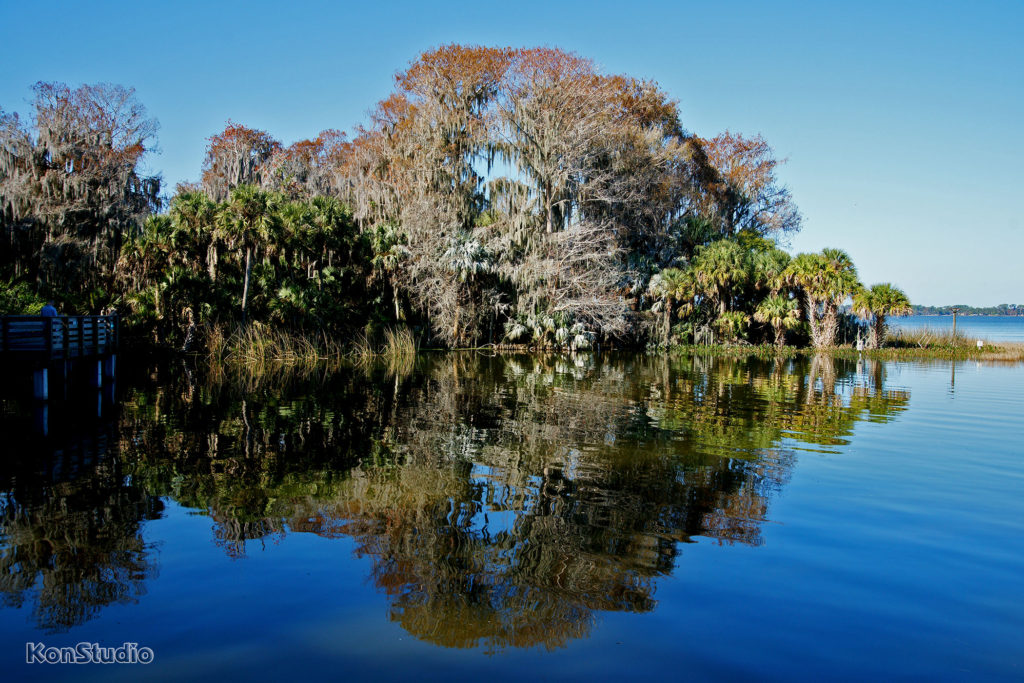
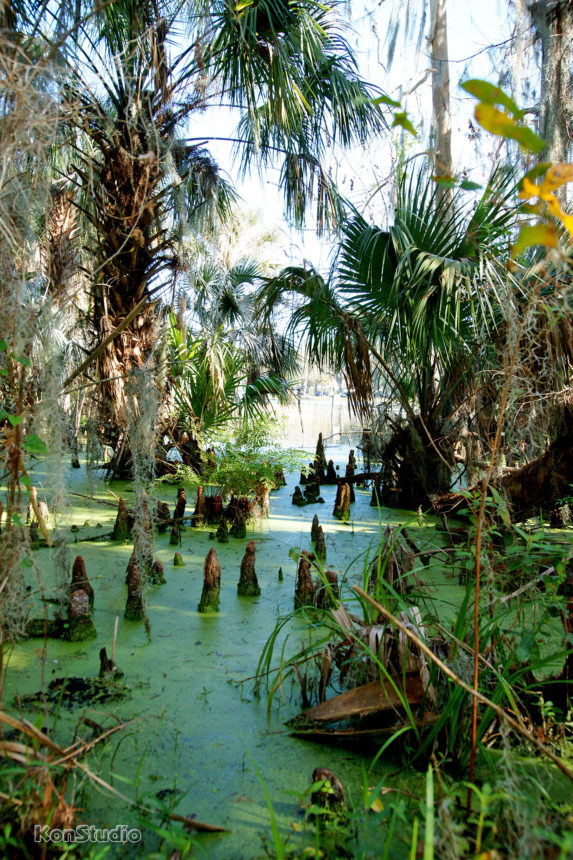
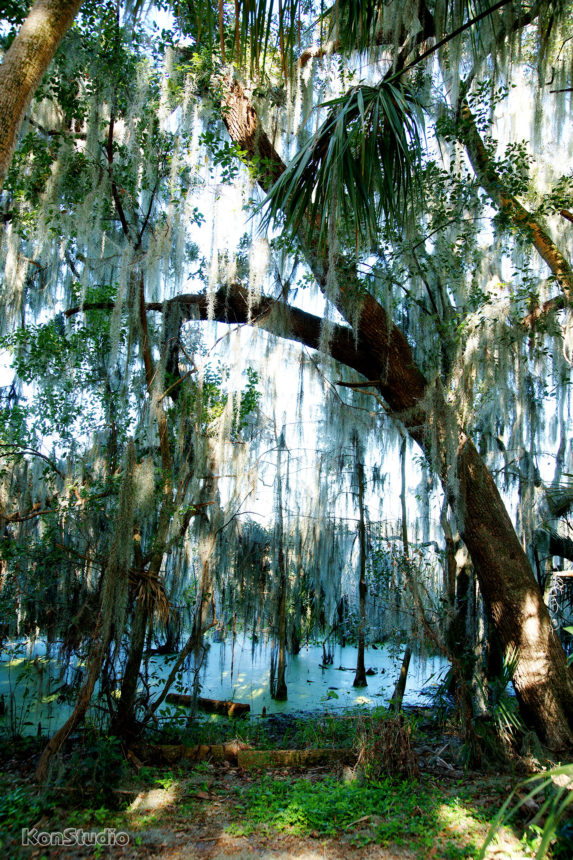
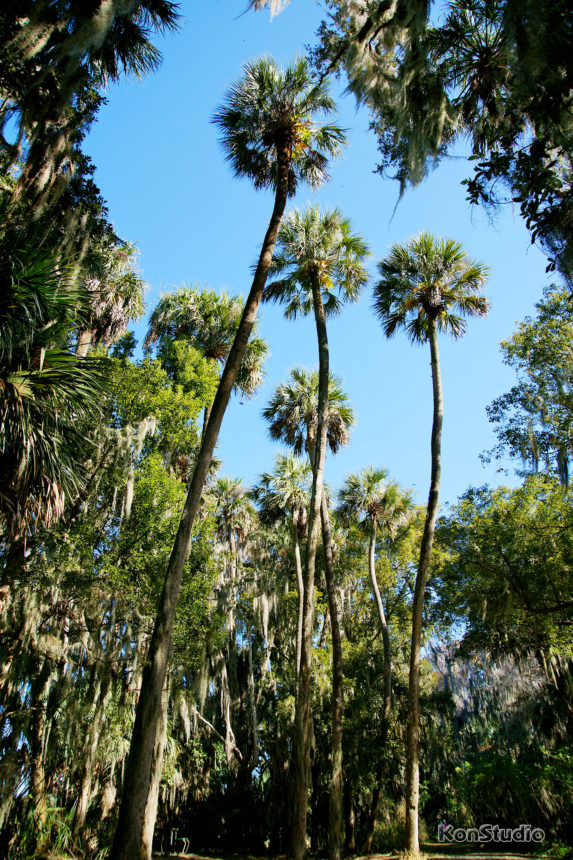
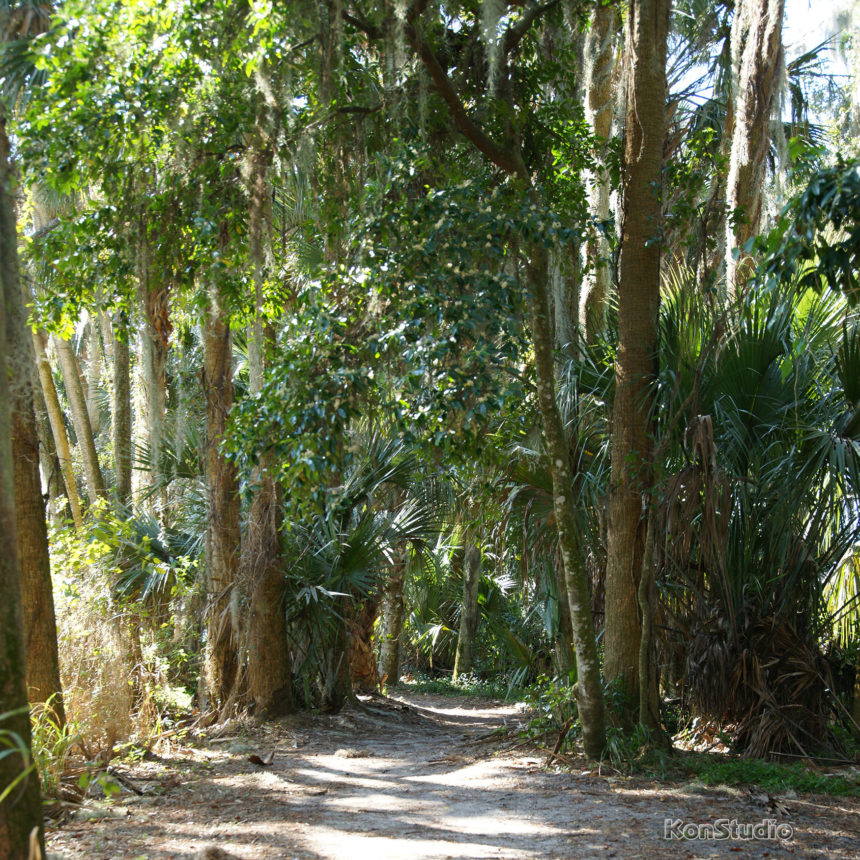
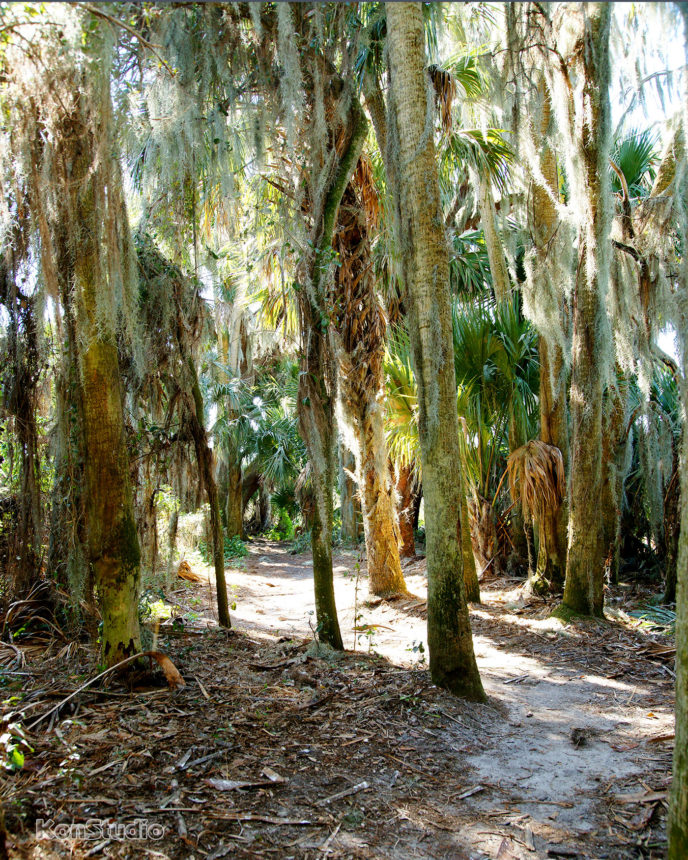
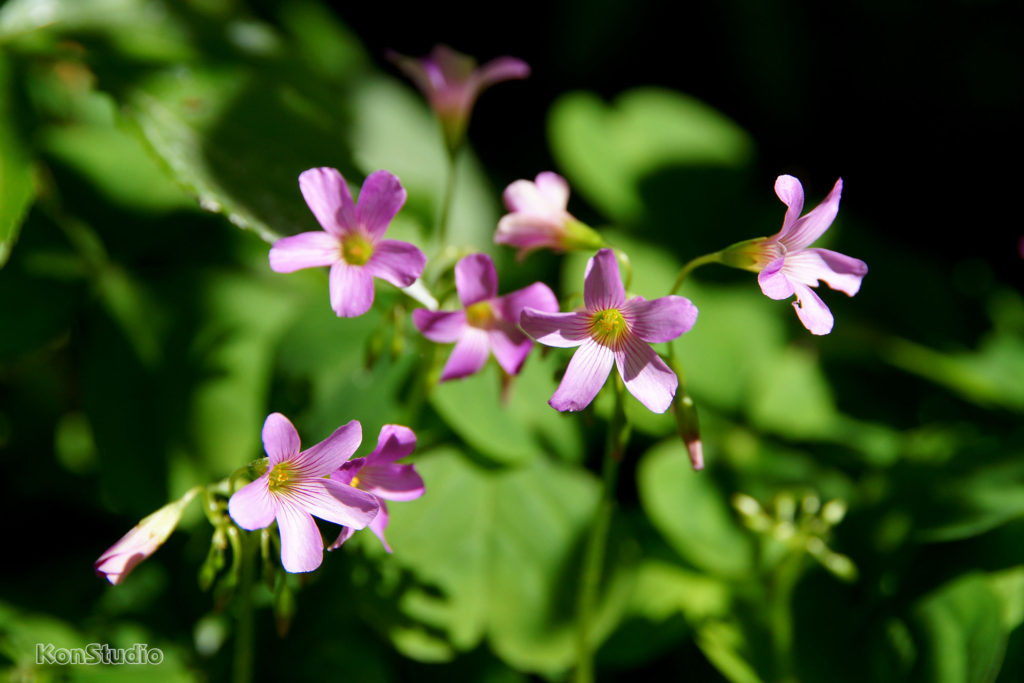
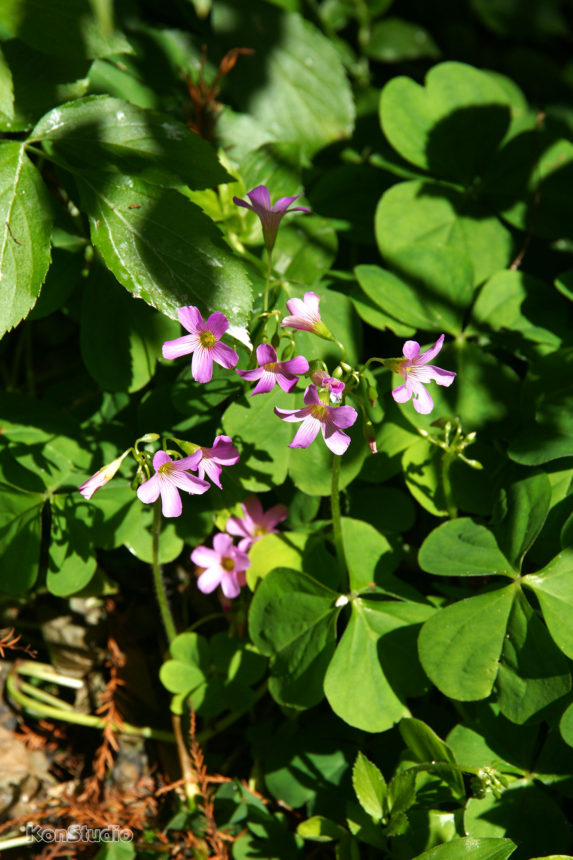
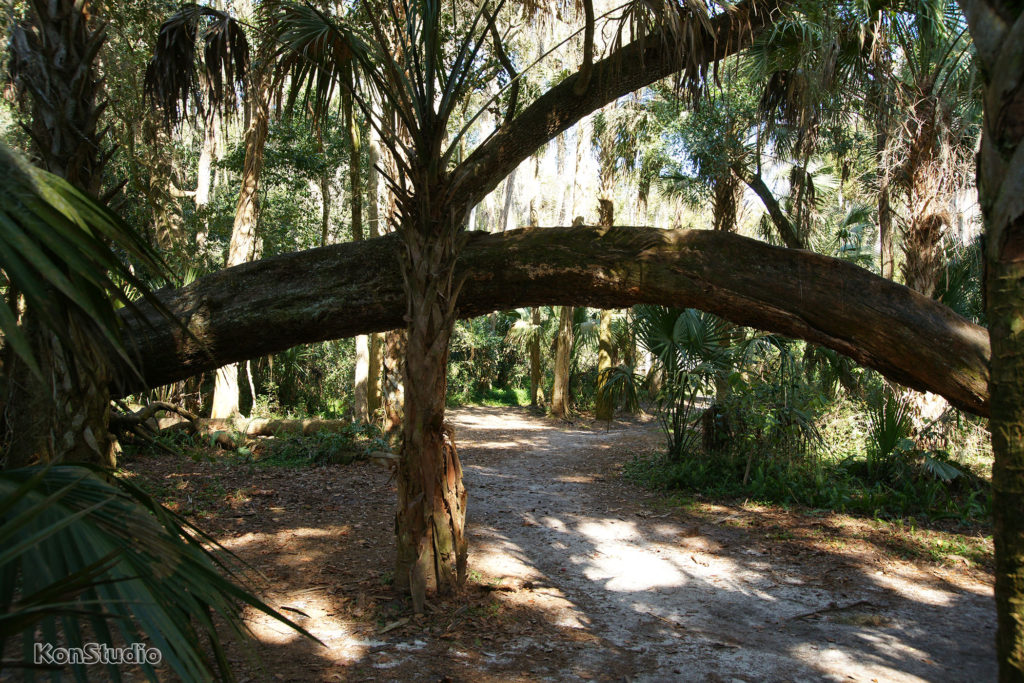
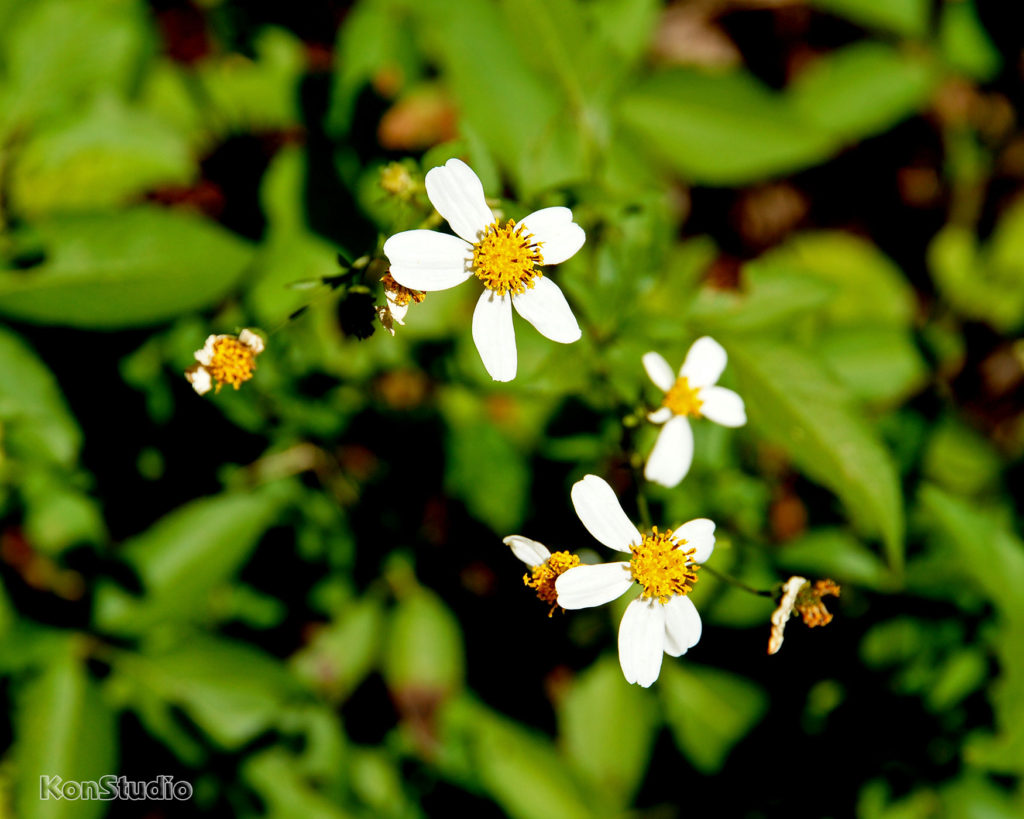
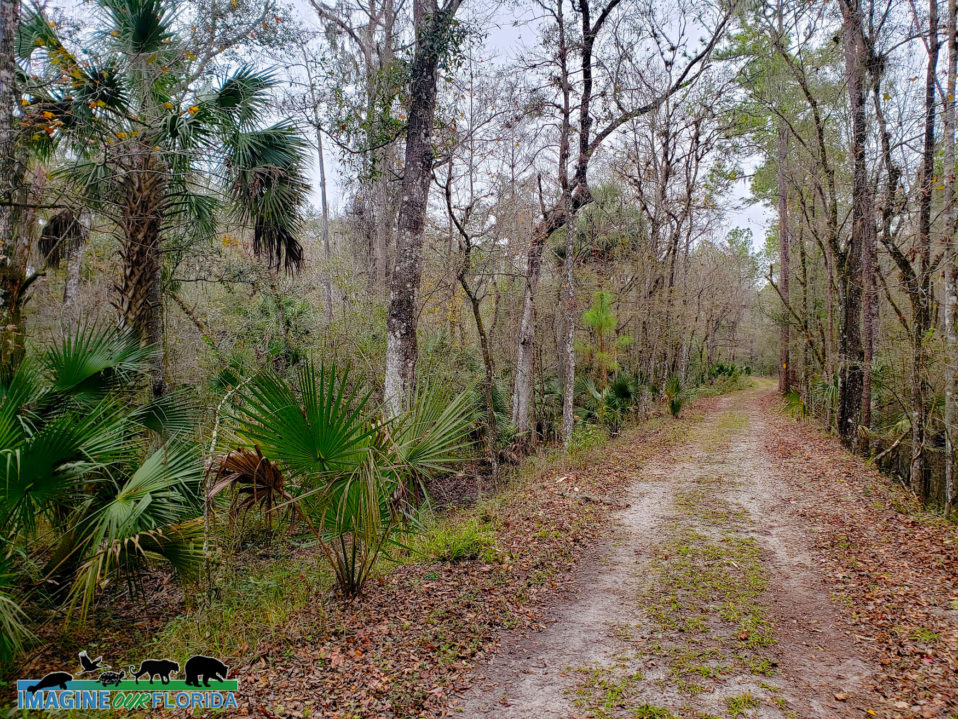
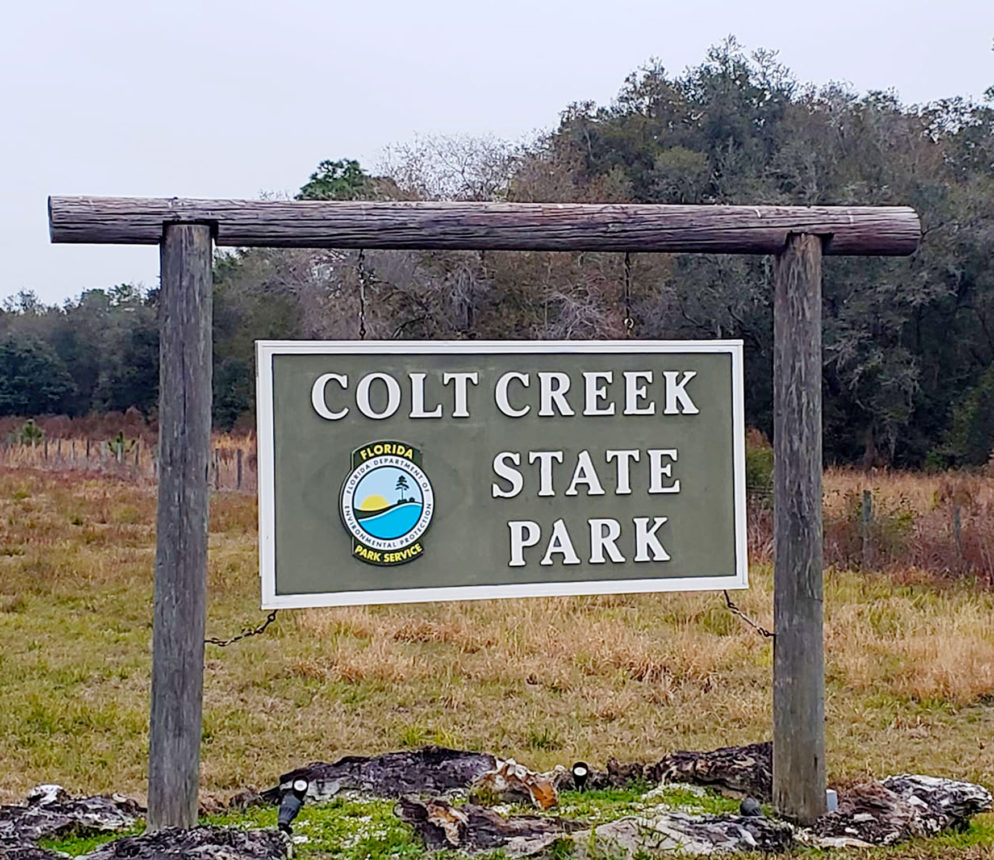
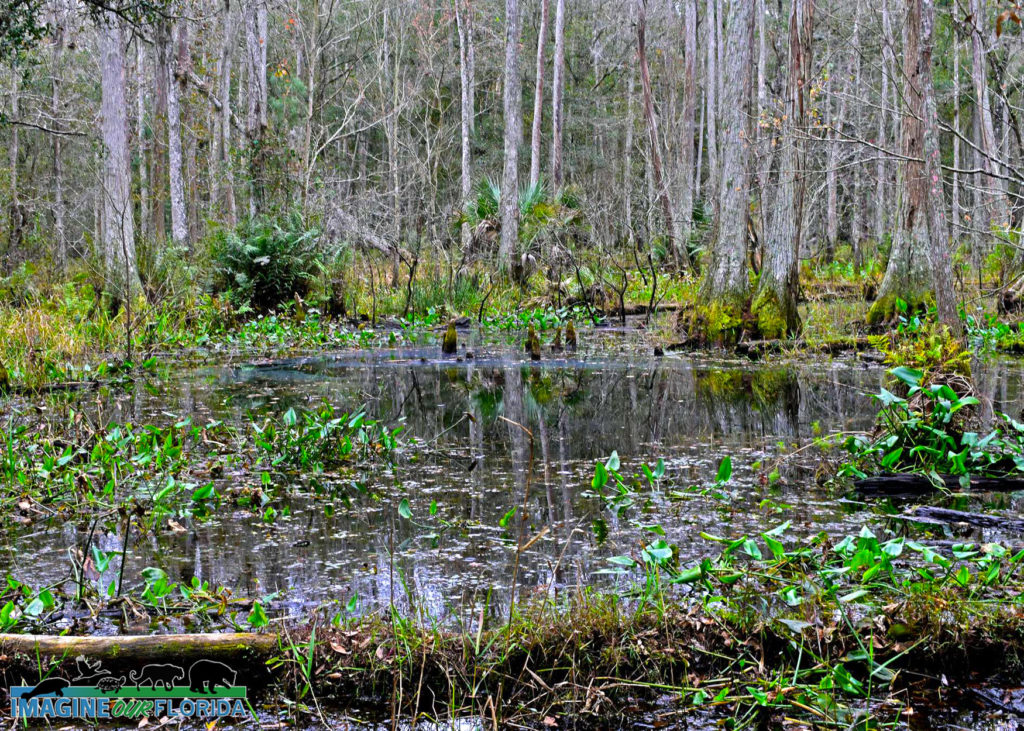
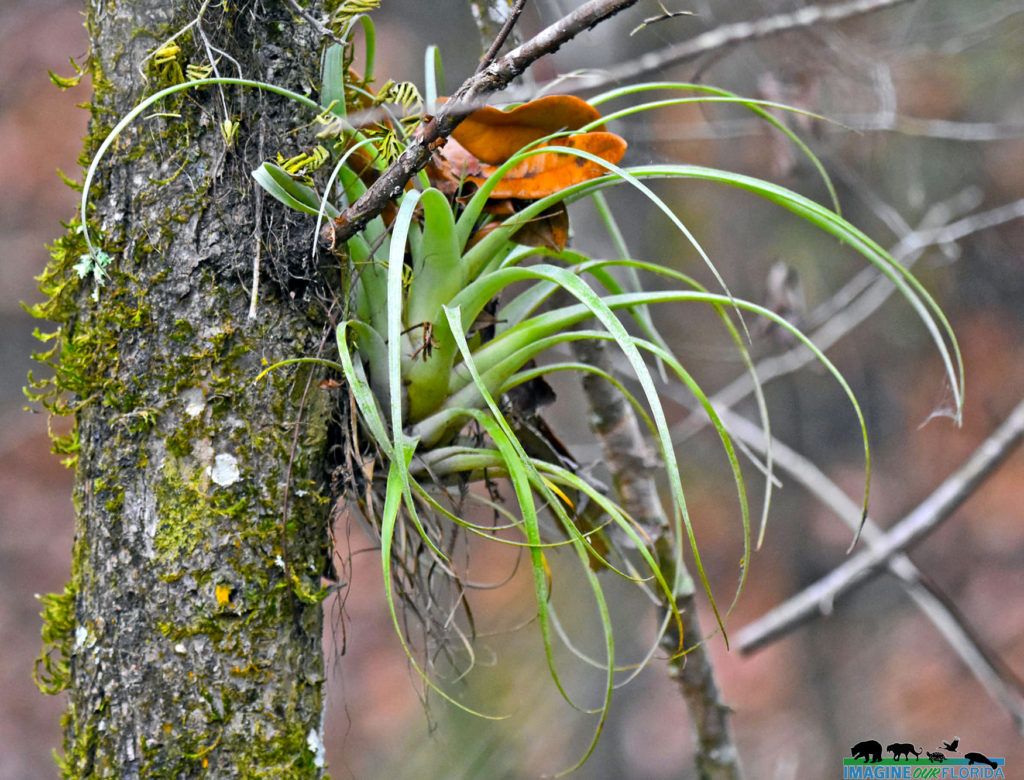
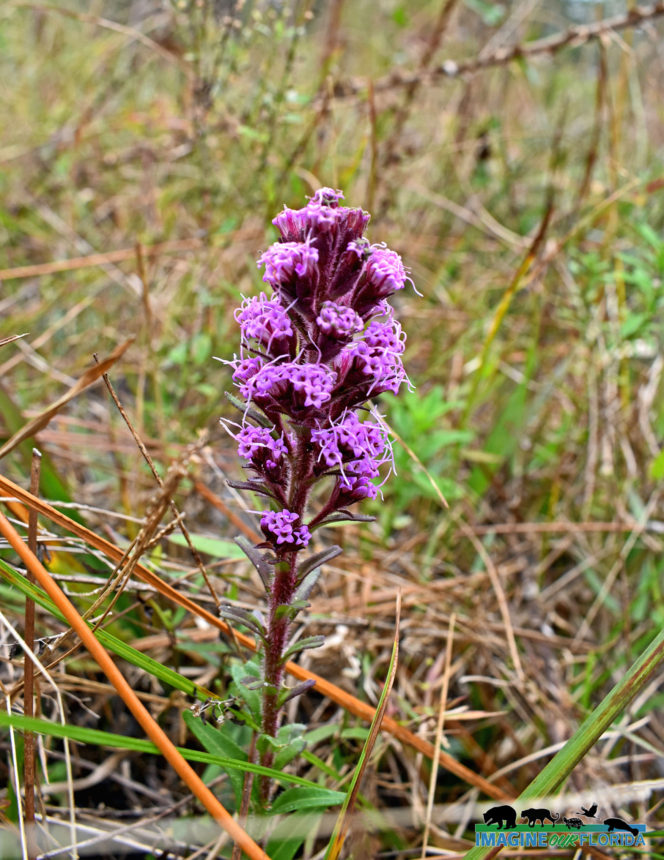
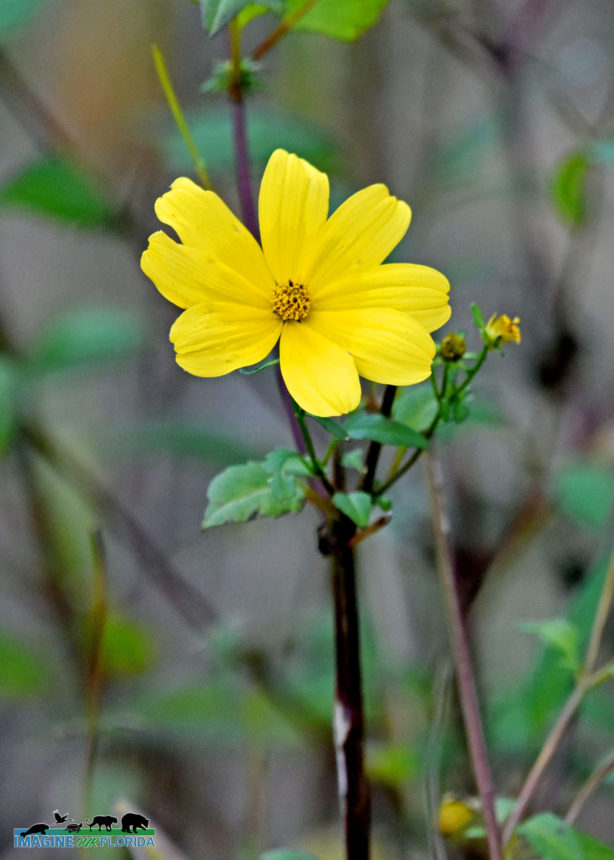
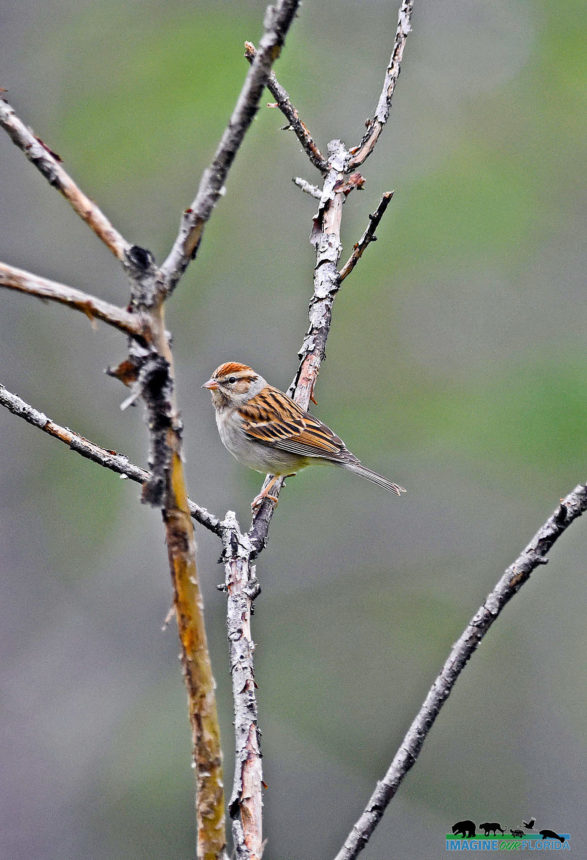
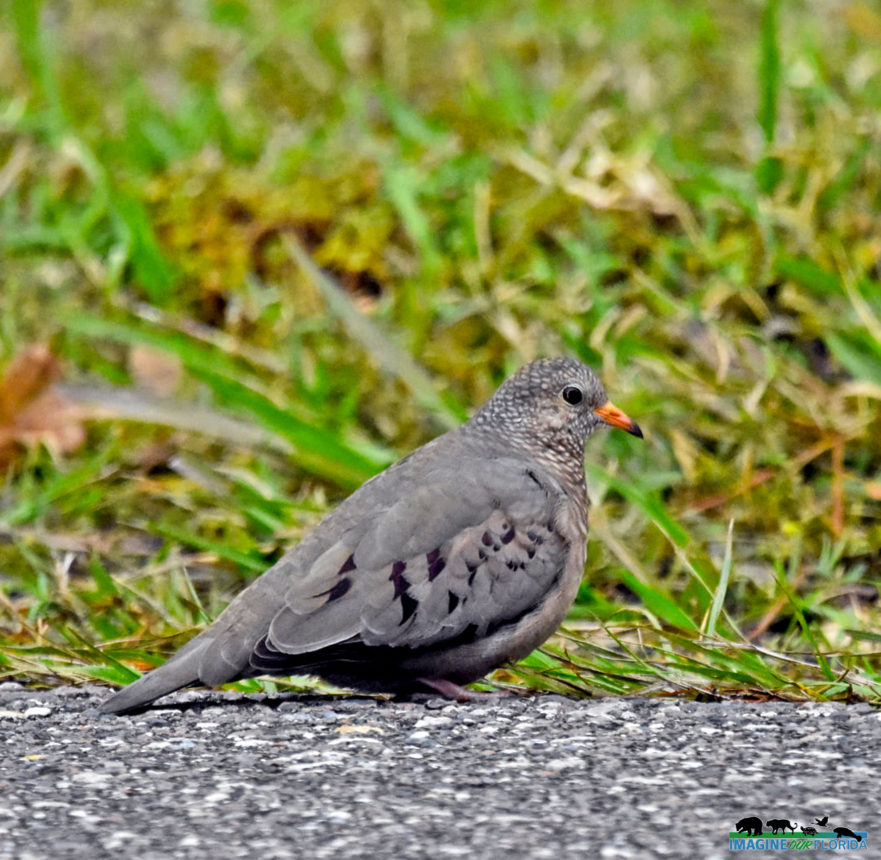
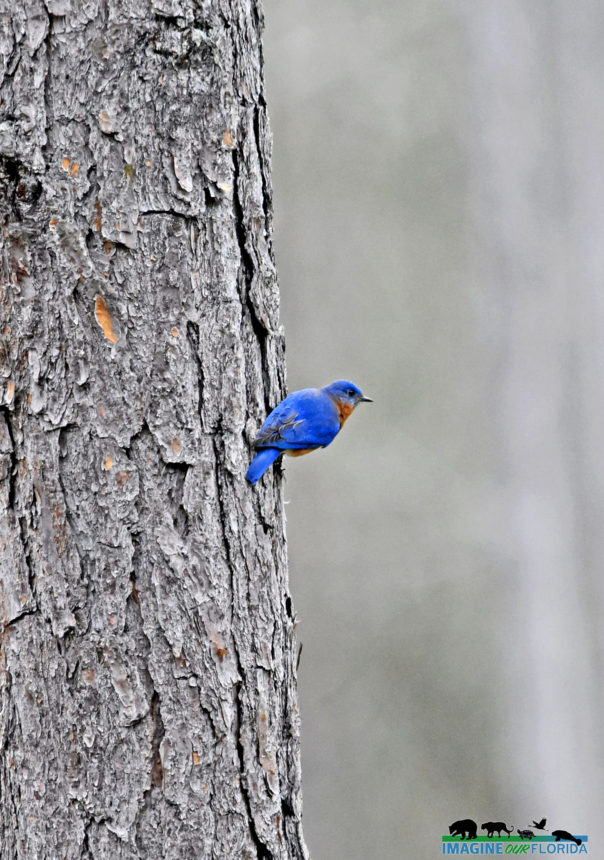
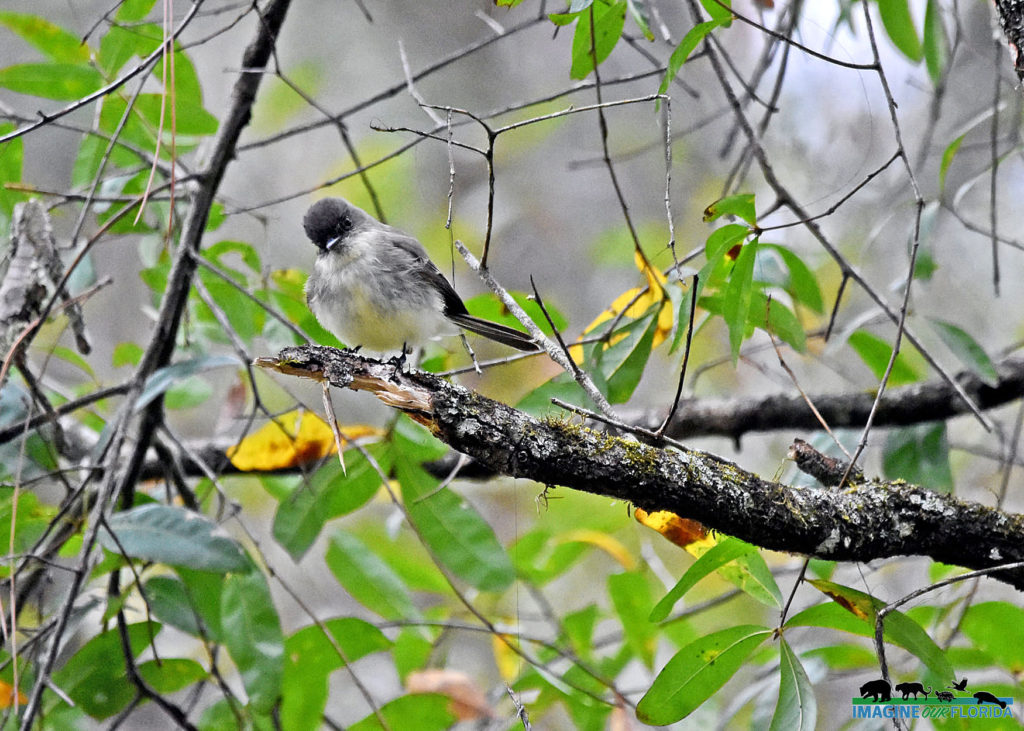
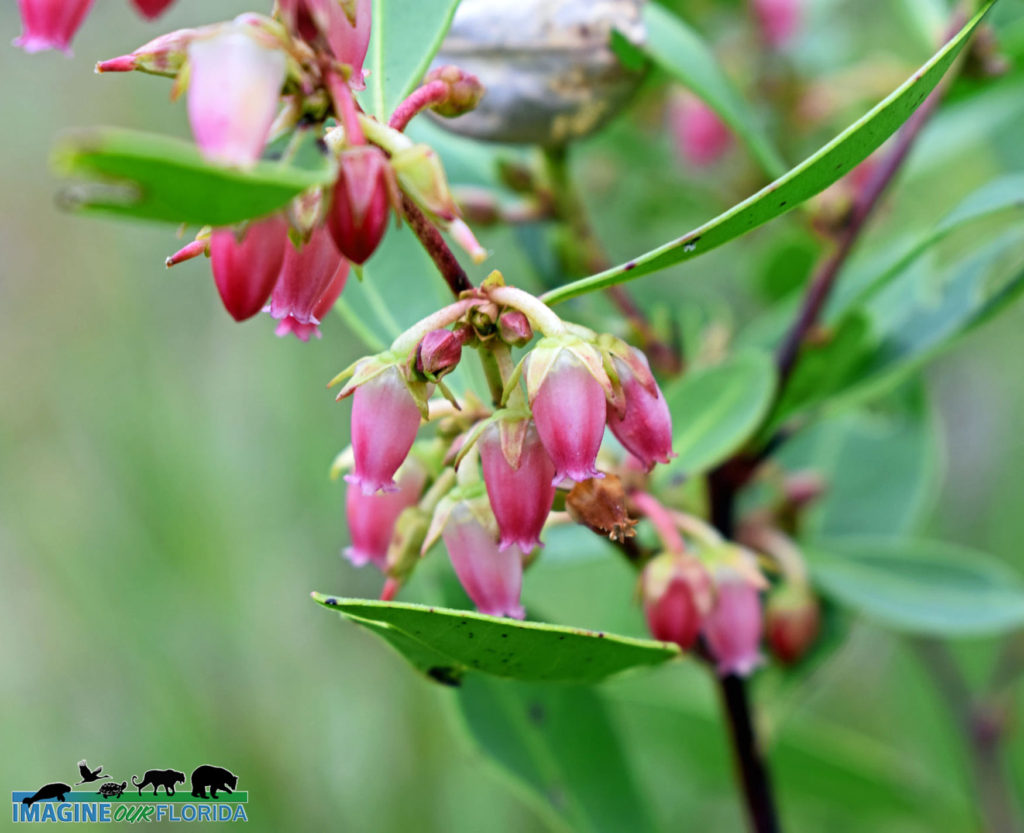
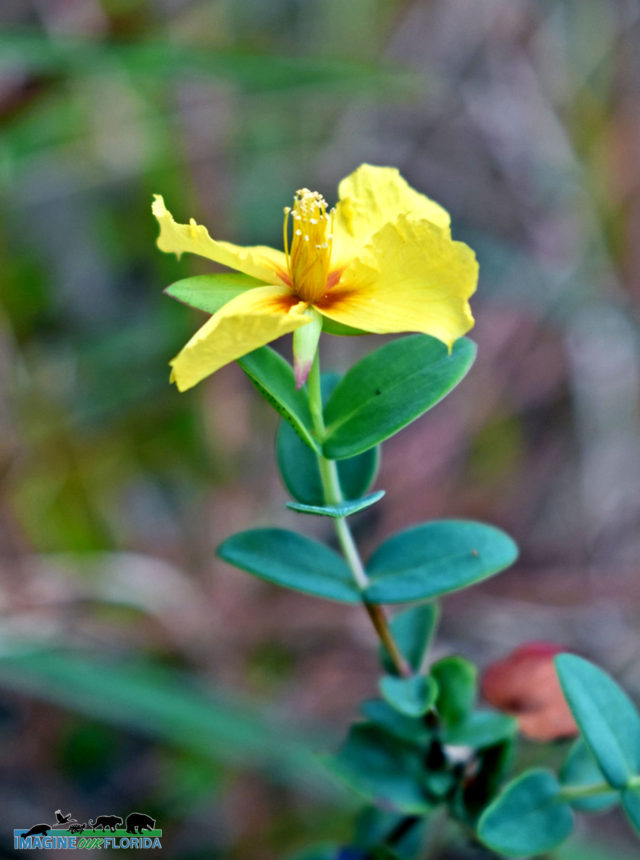
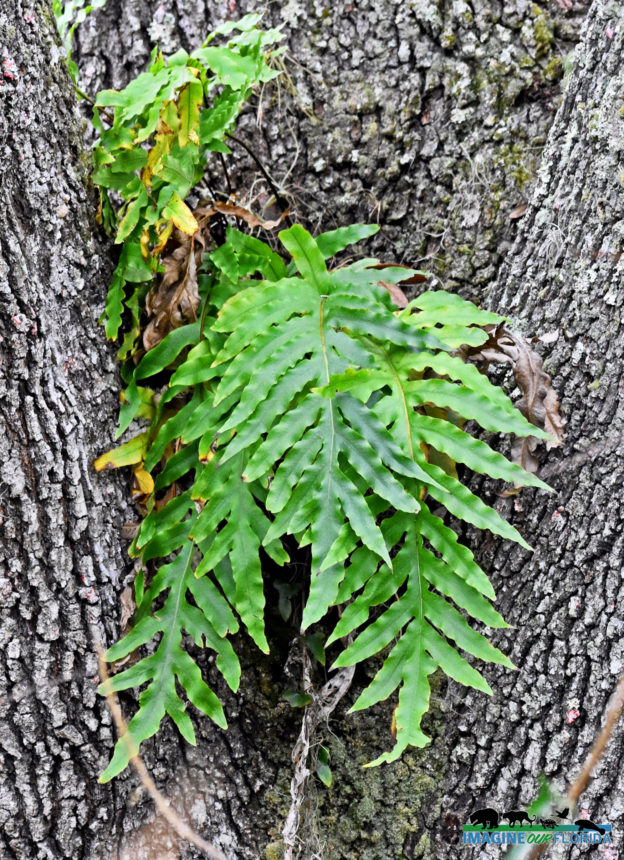
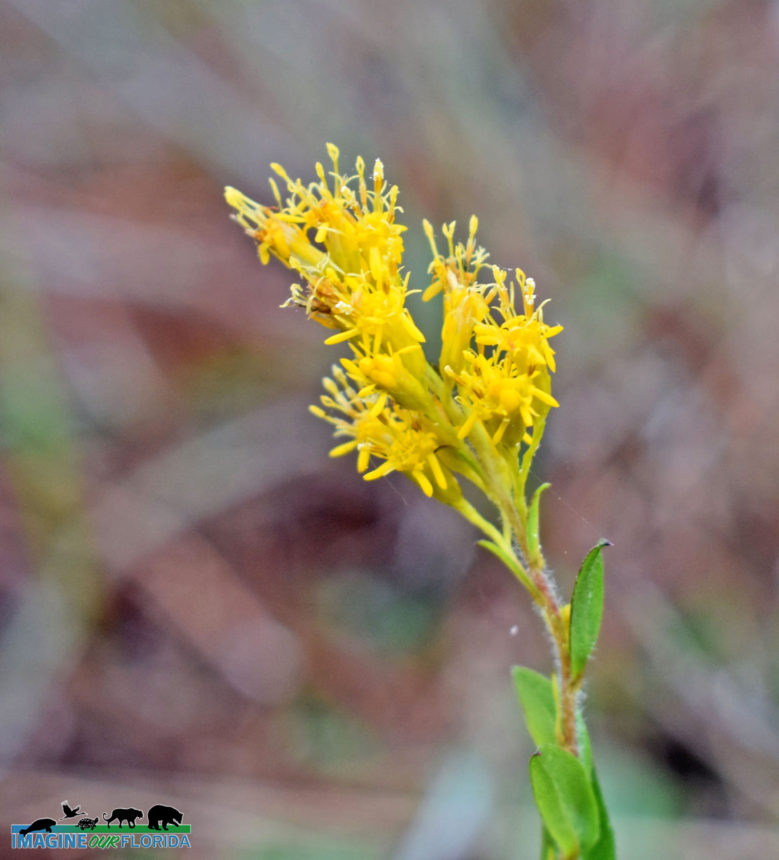
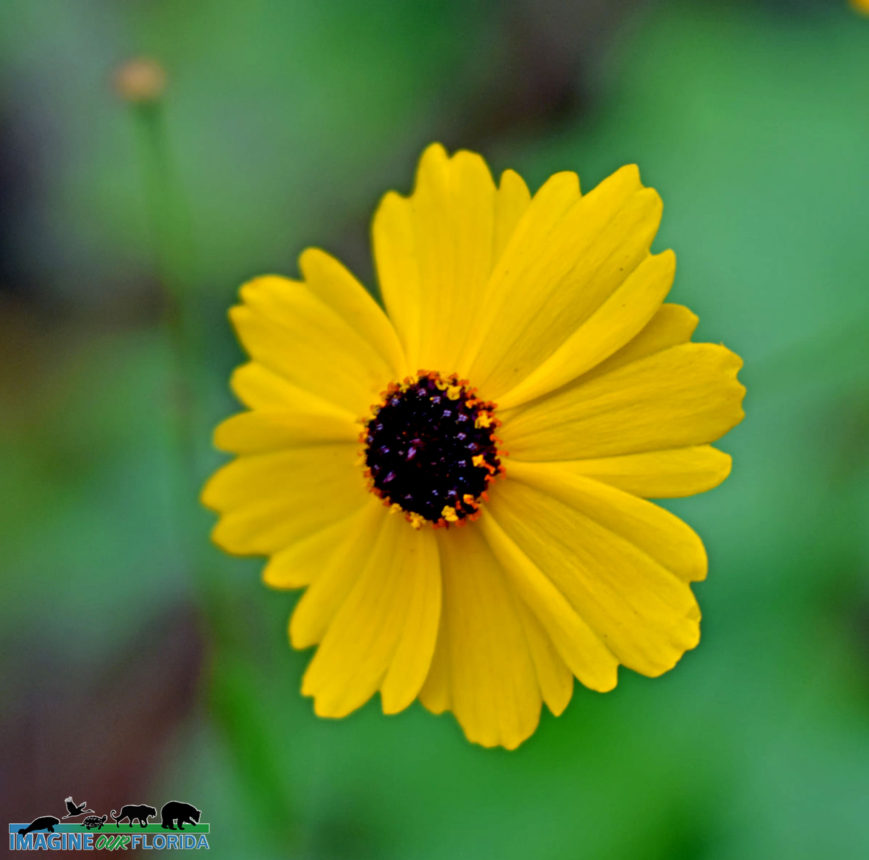
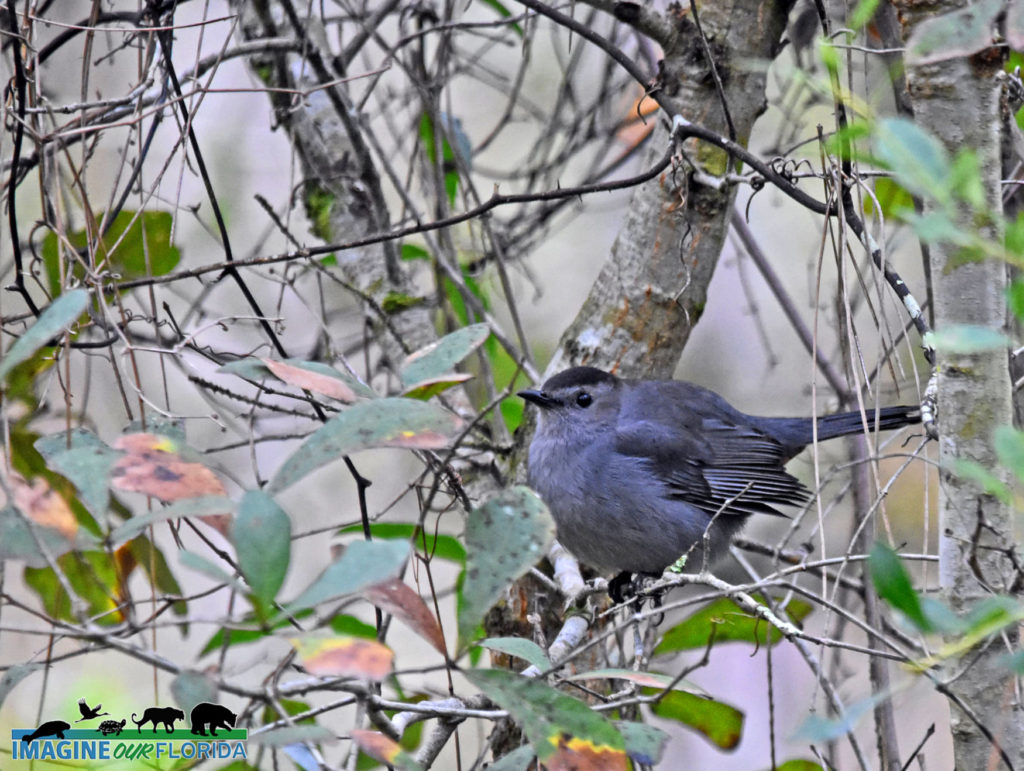
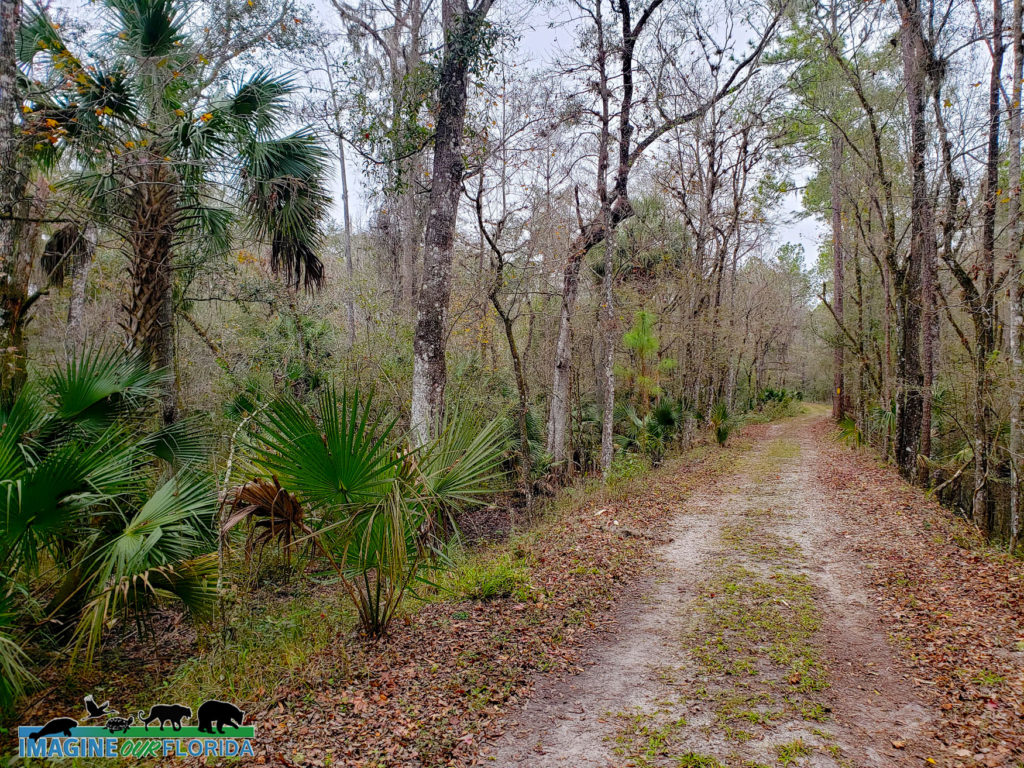
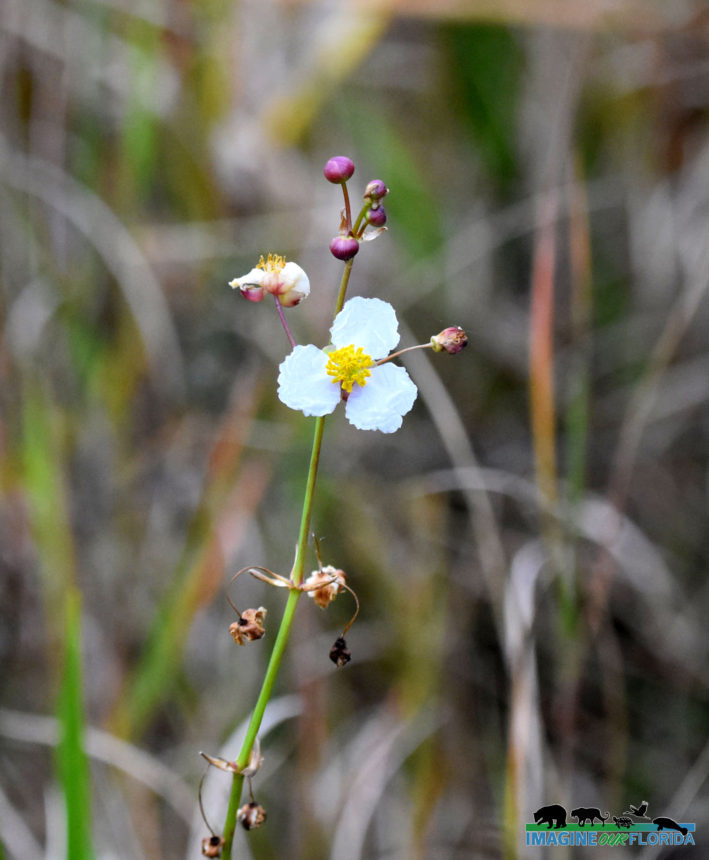
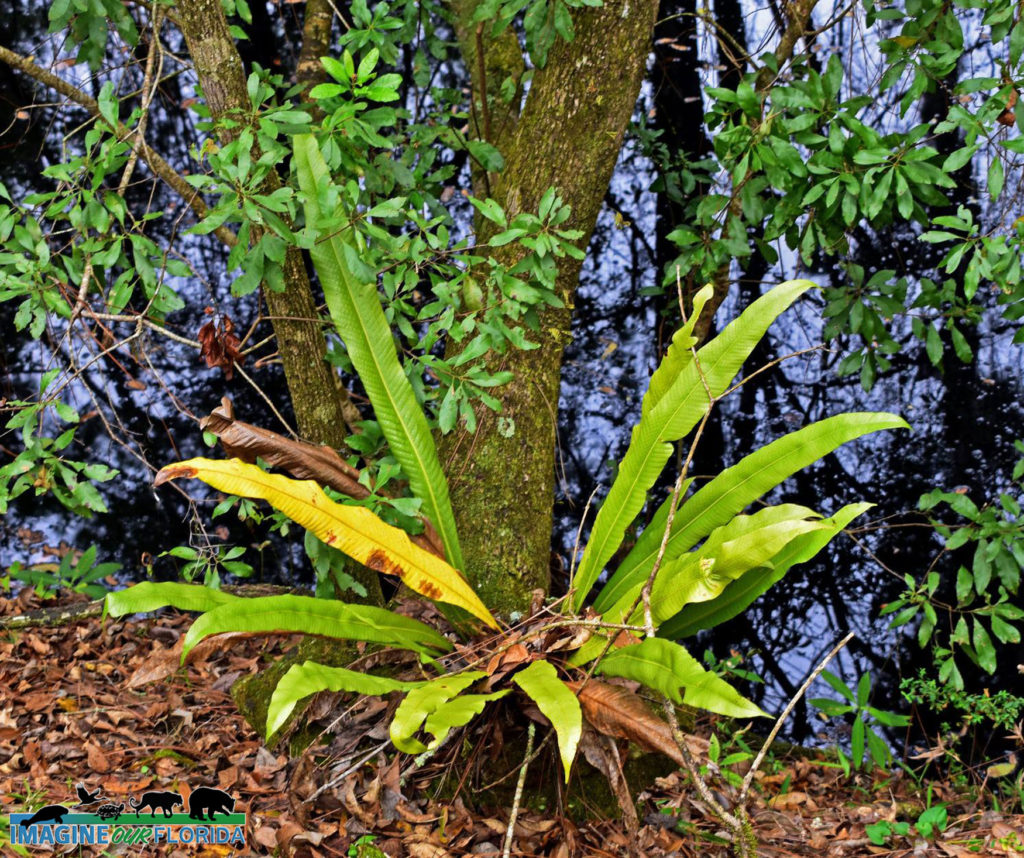
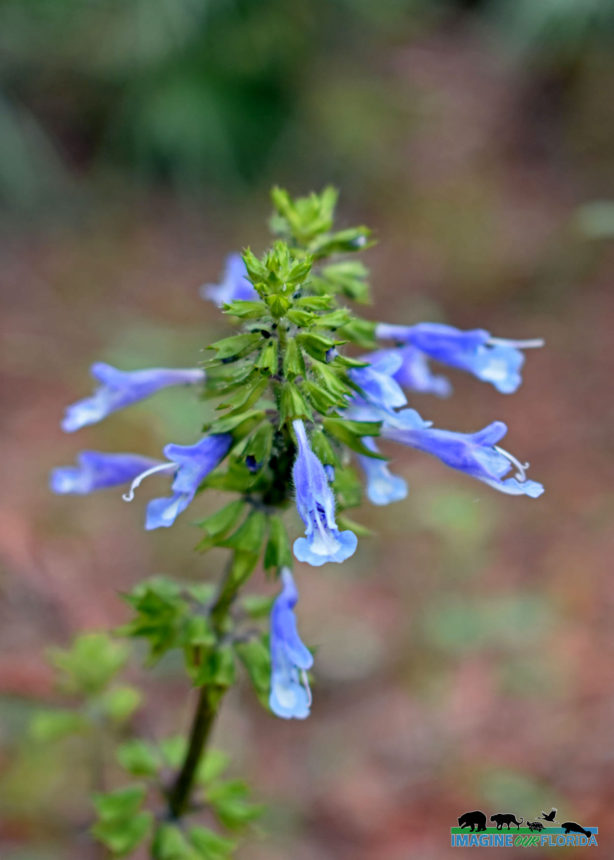
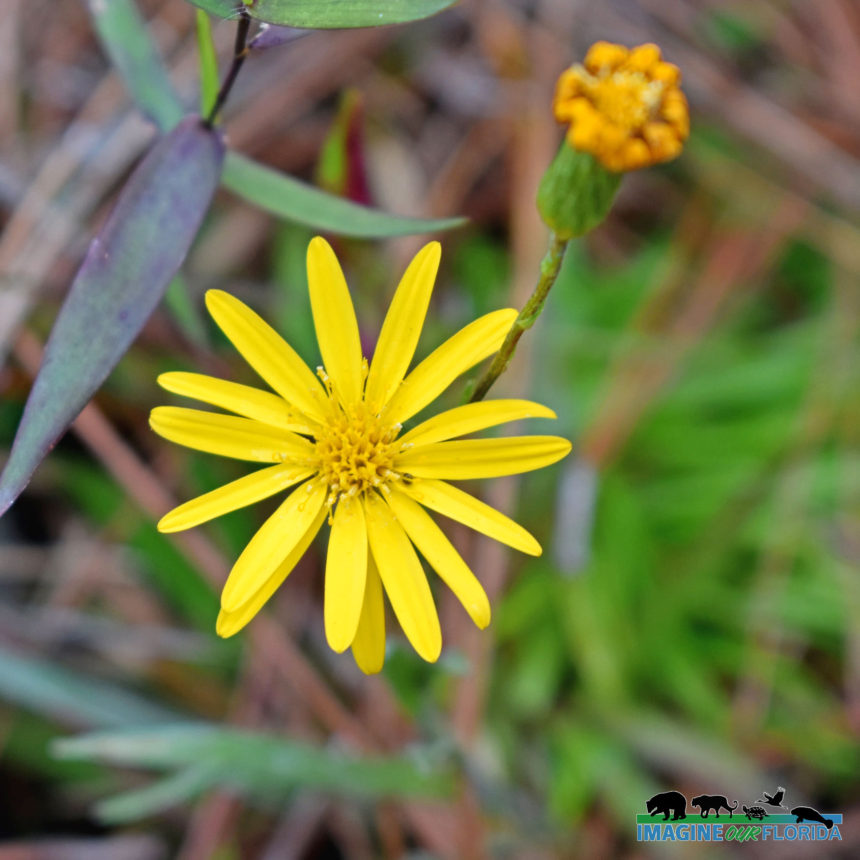
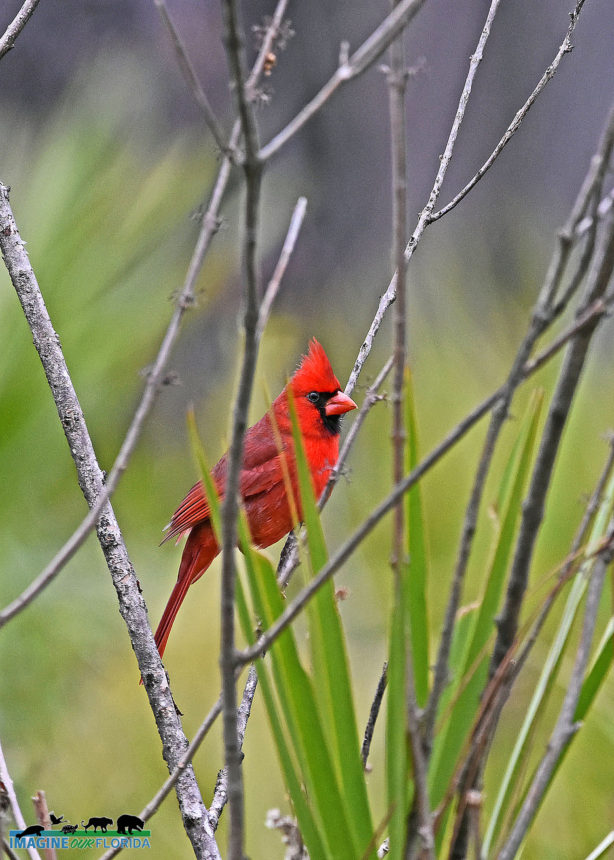
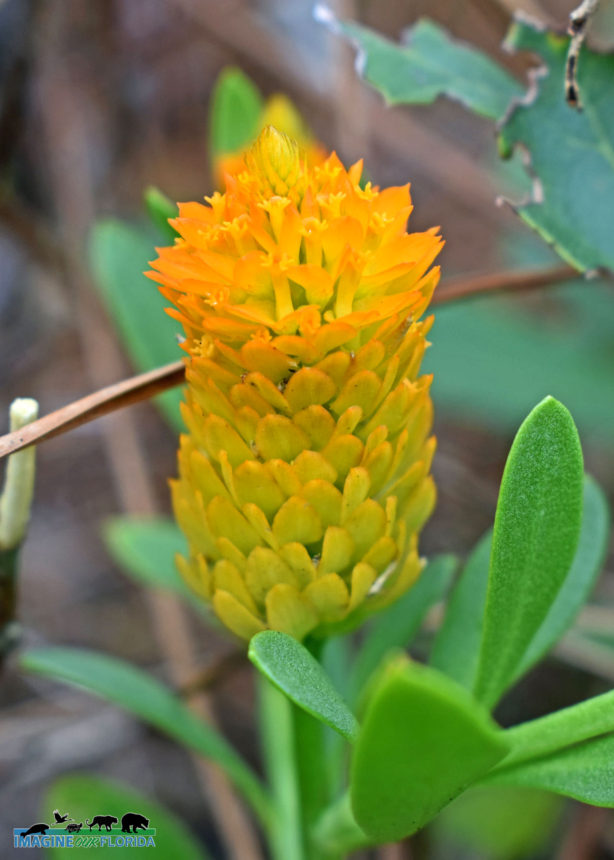
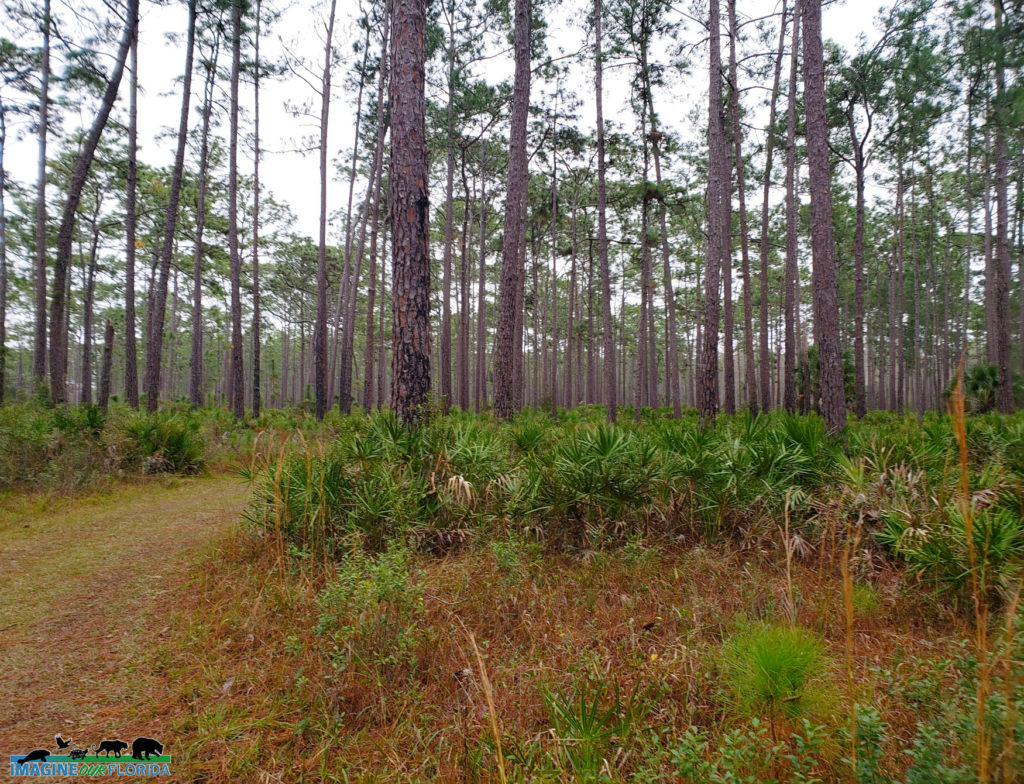
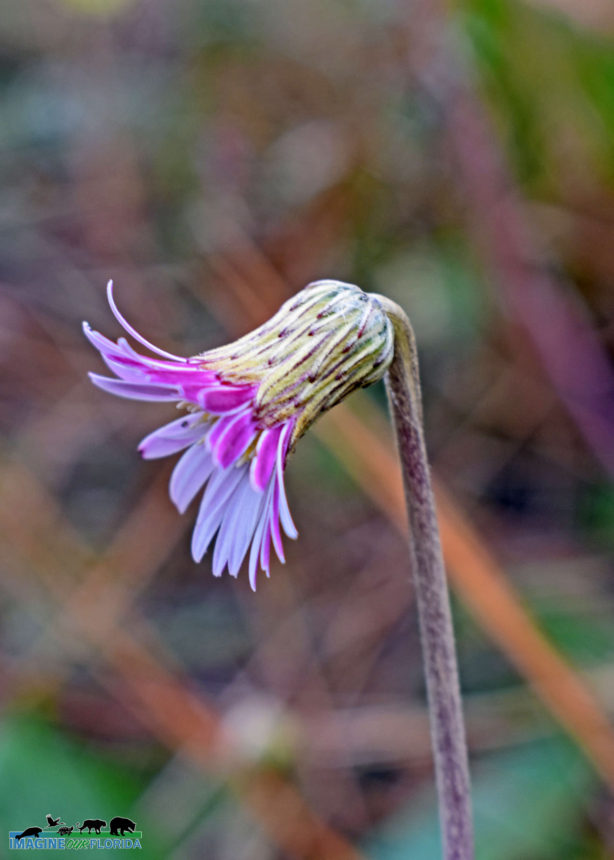
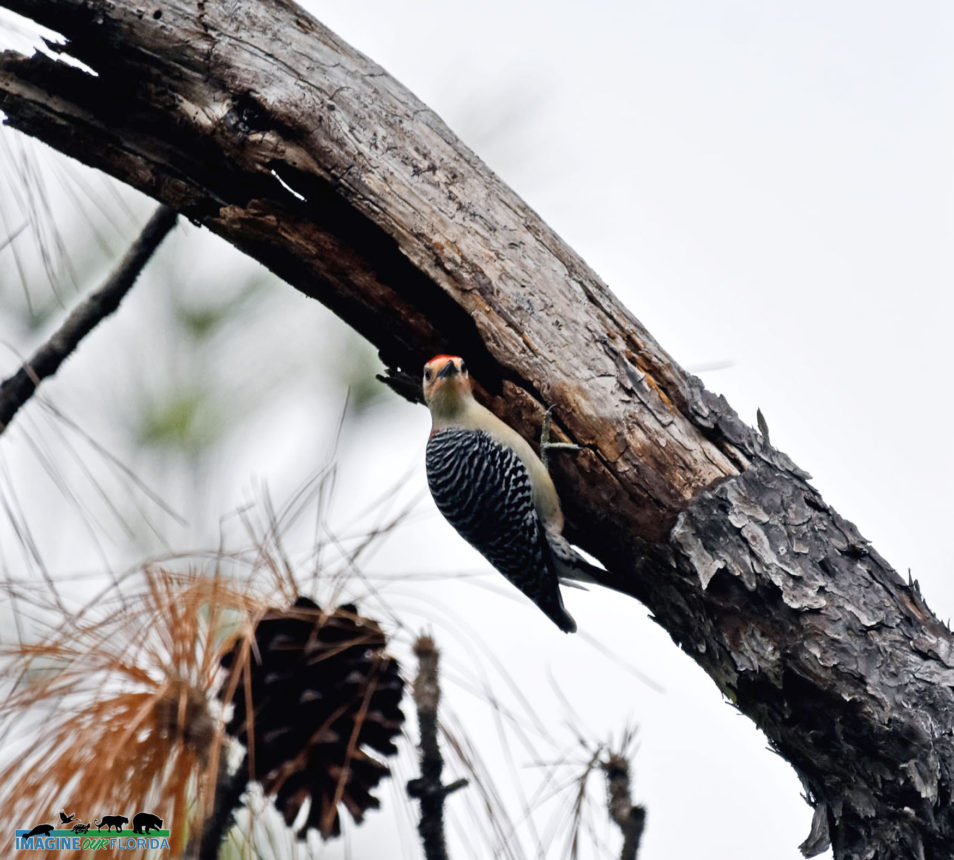
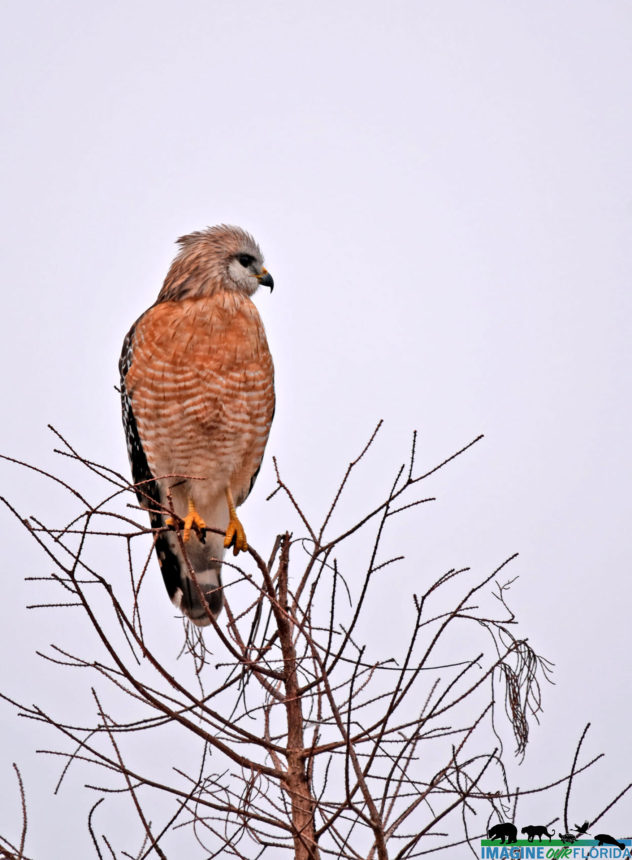
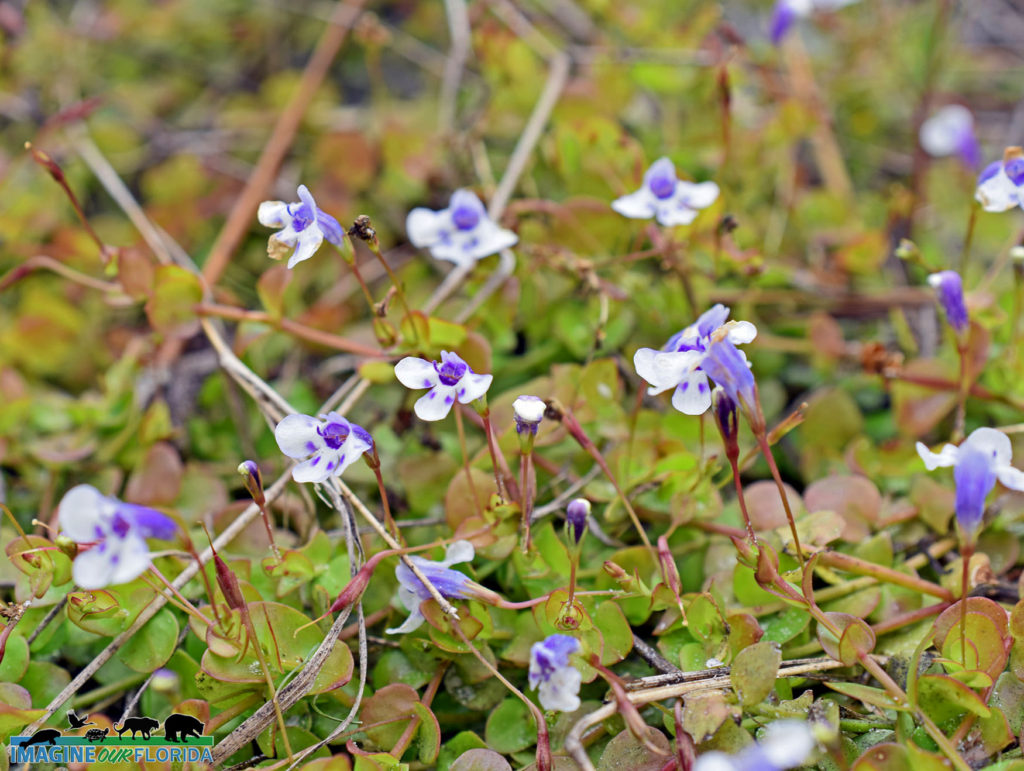
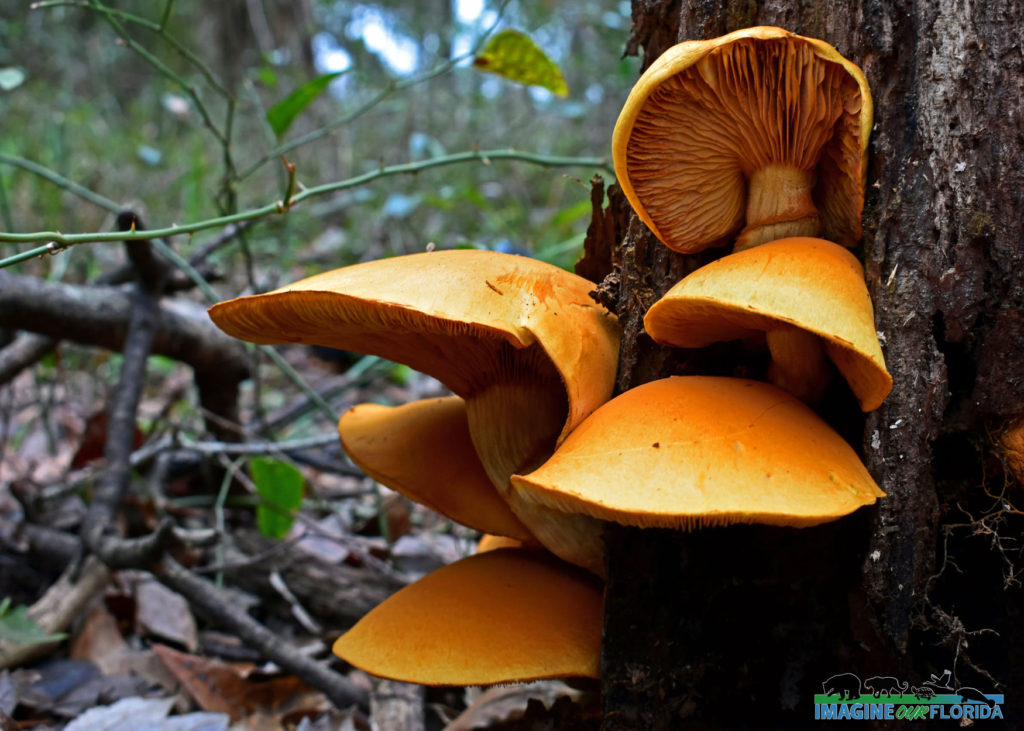
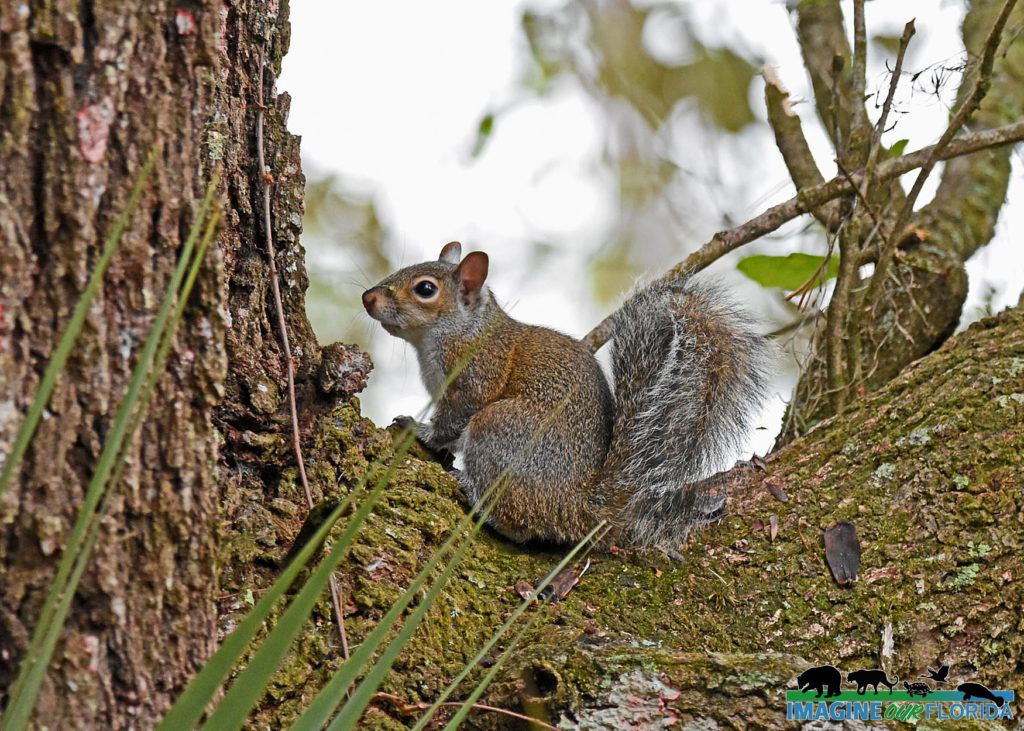
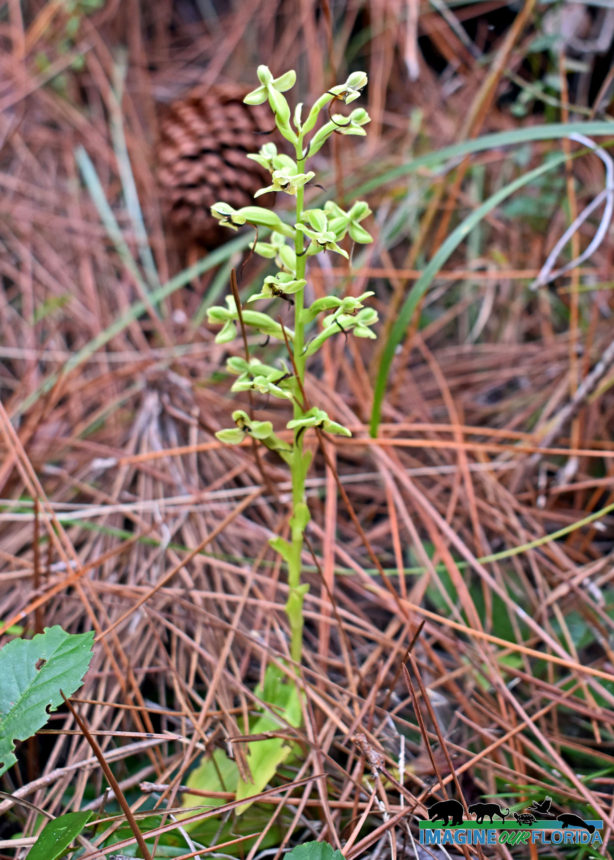
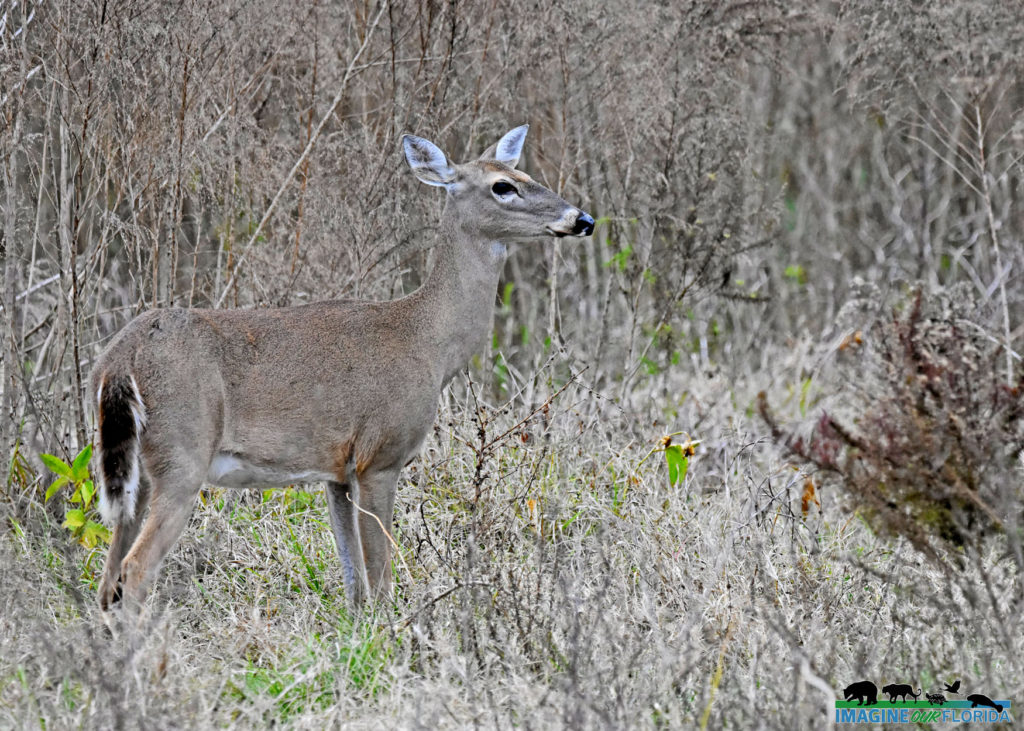
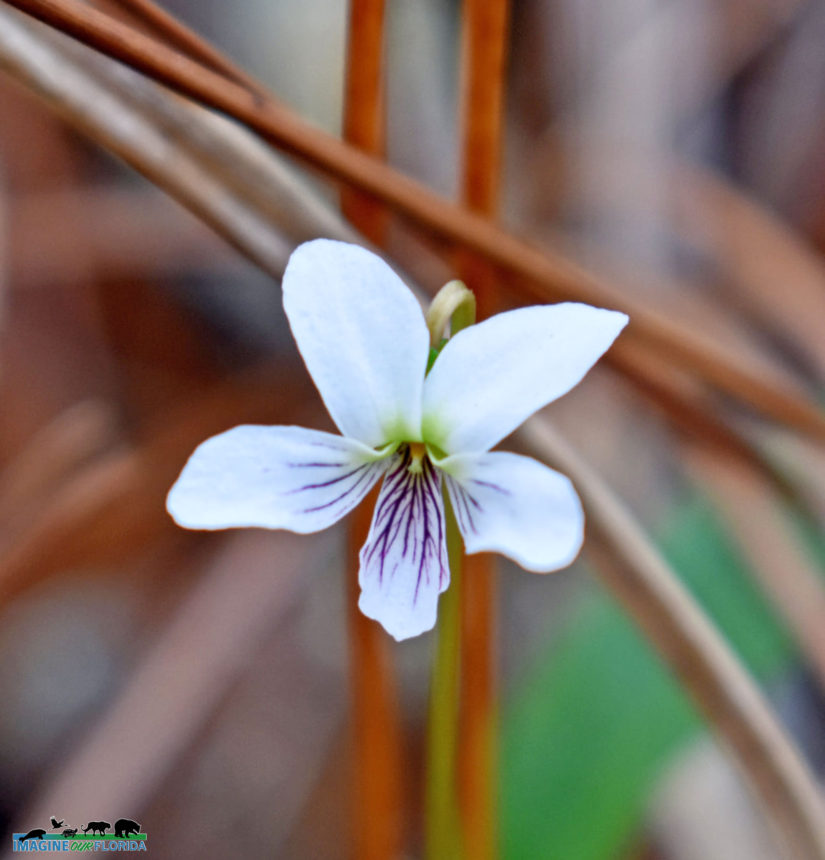
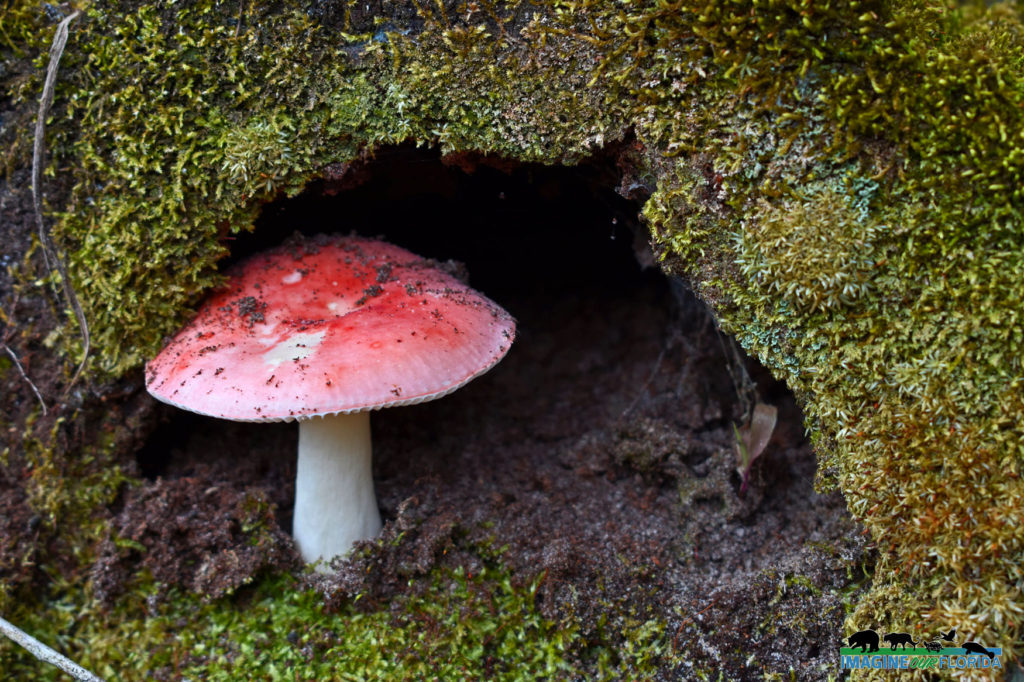
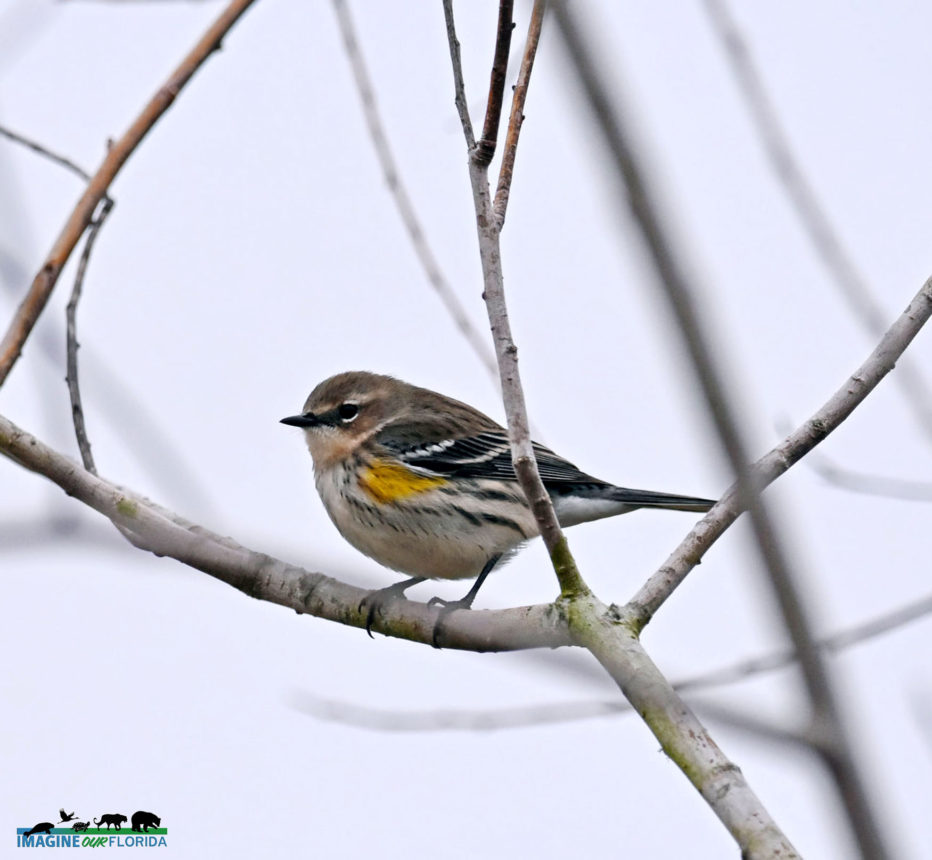
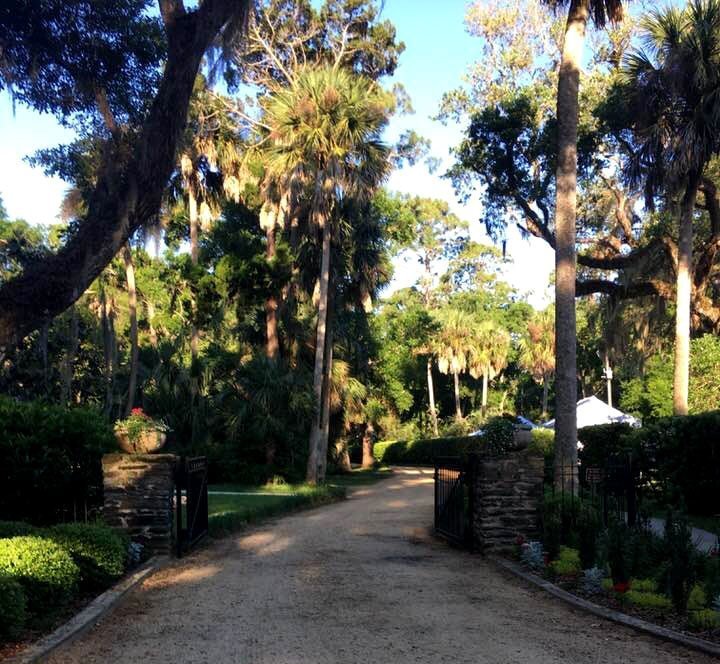
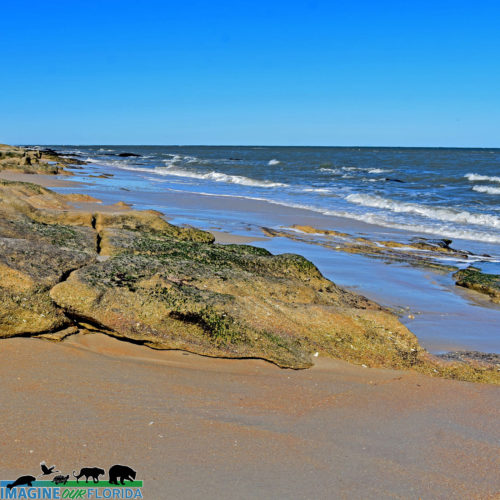
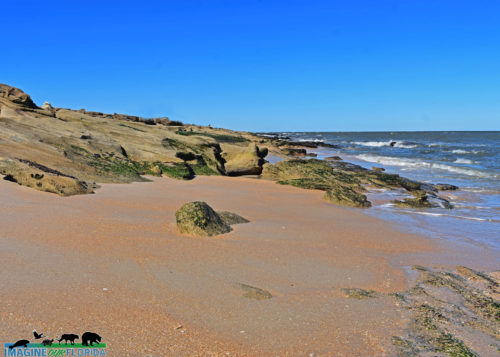
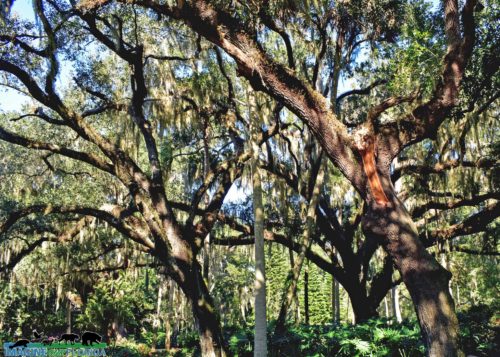
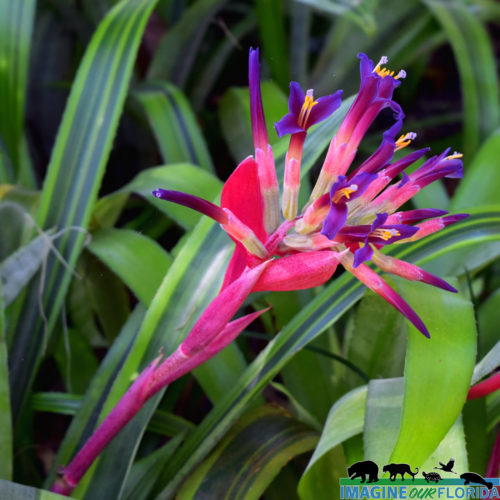
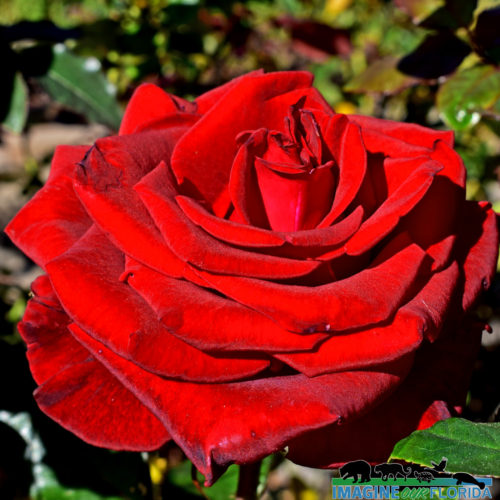
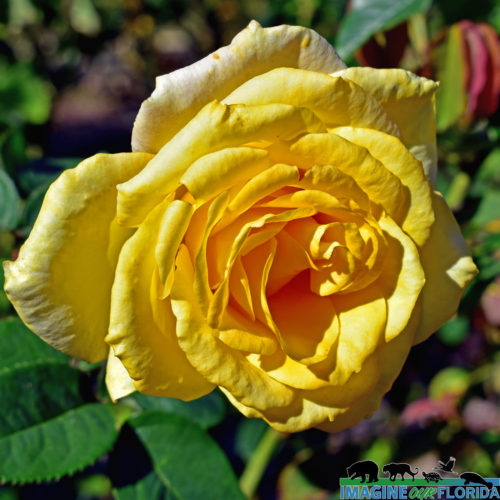
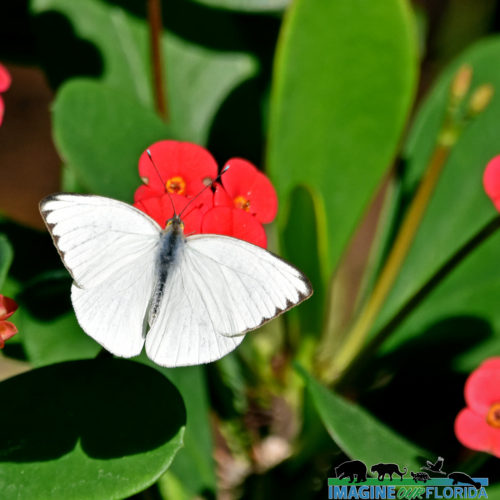
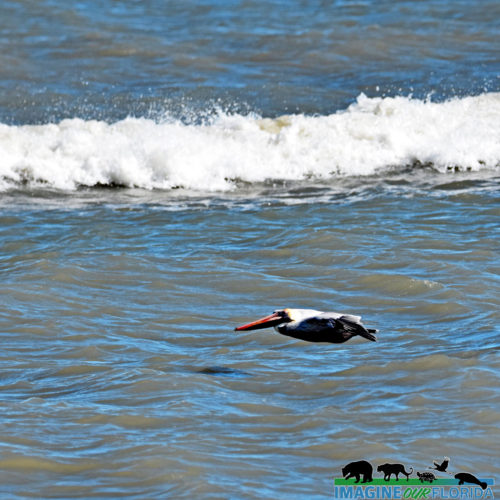
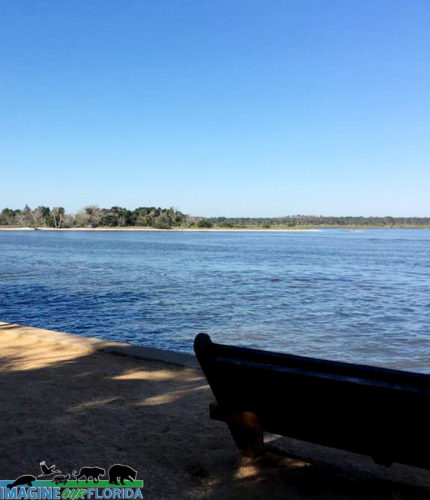
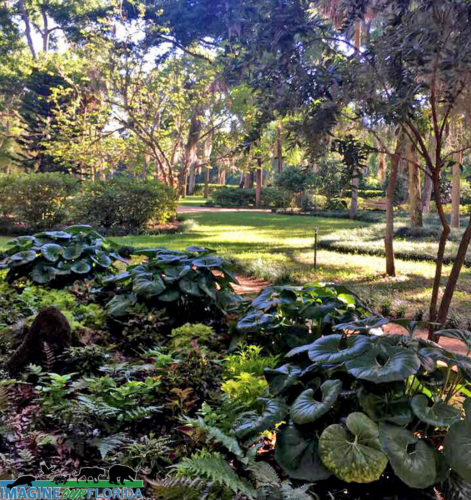
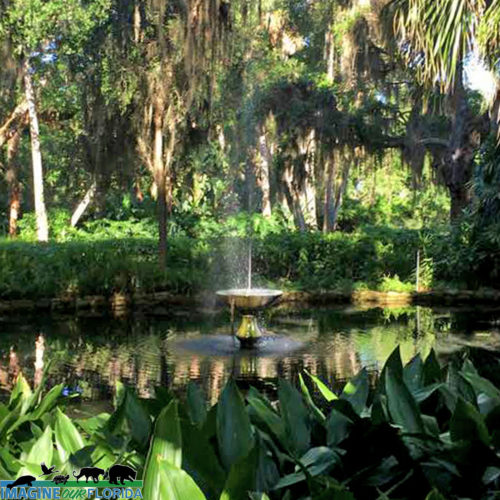
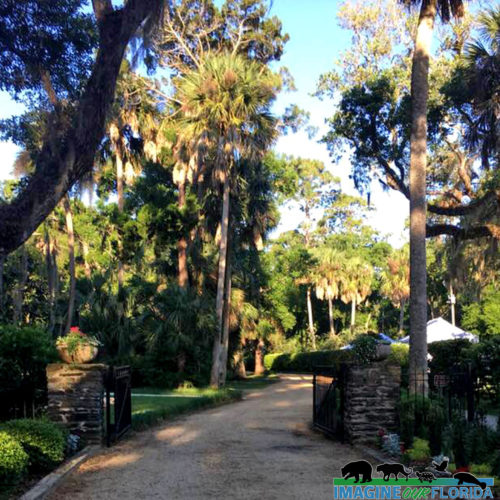
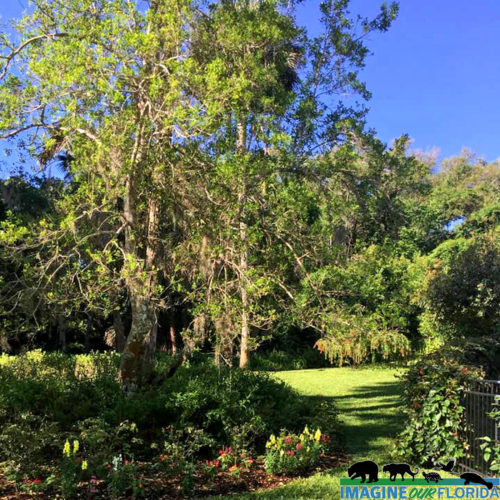
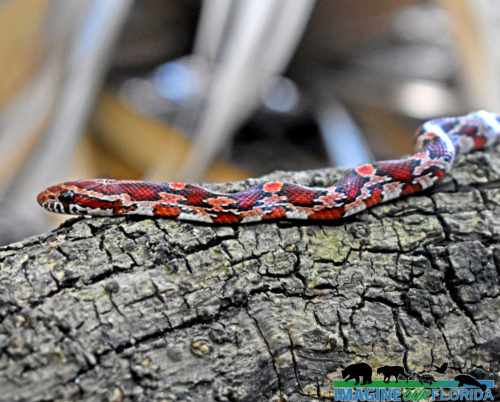
Recent Comments